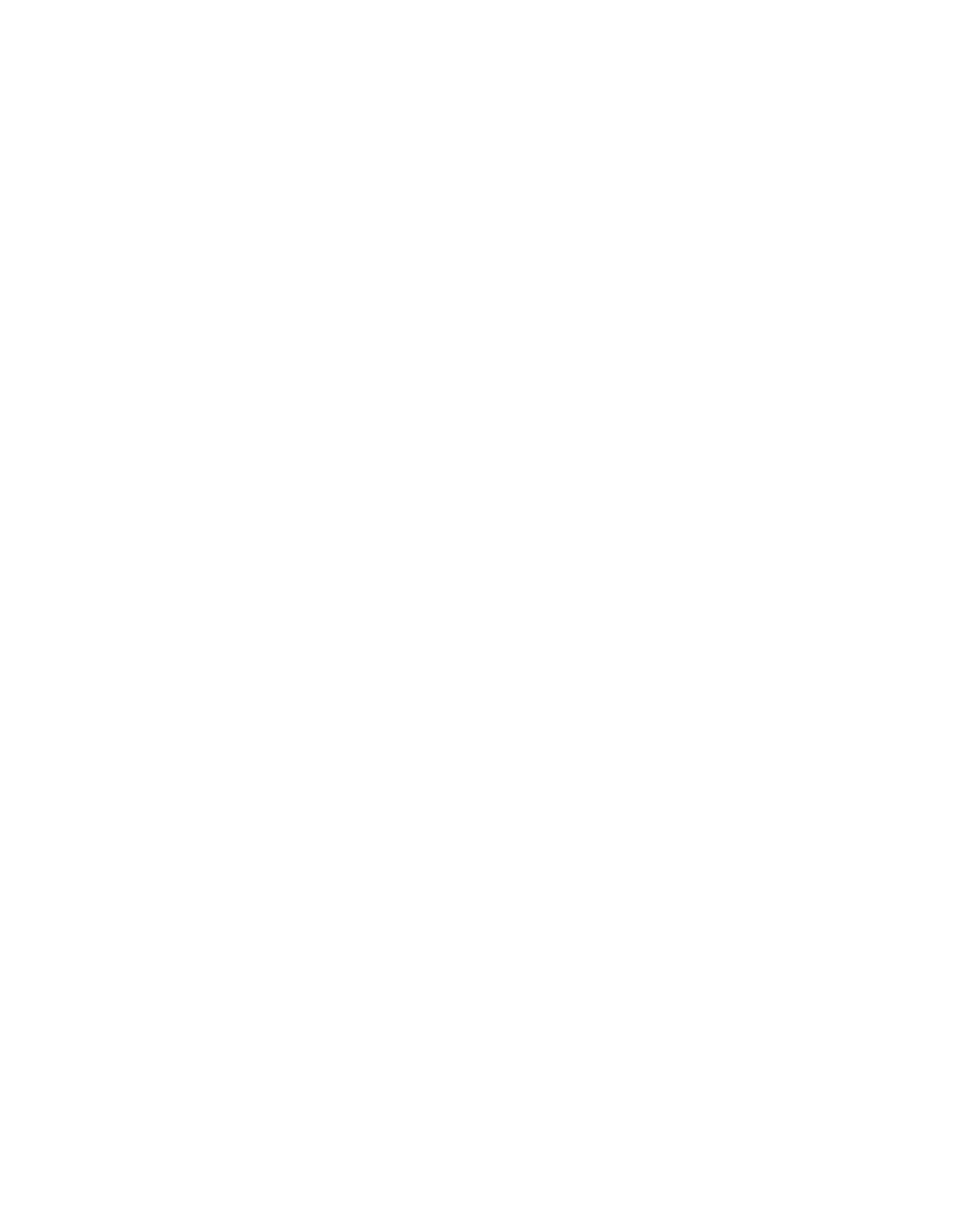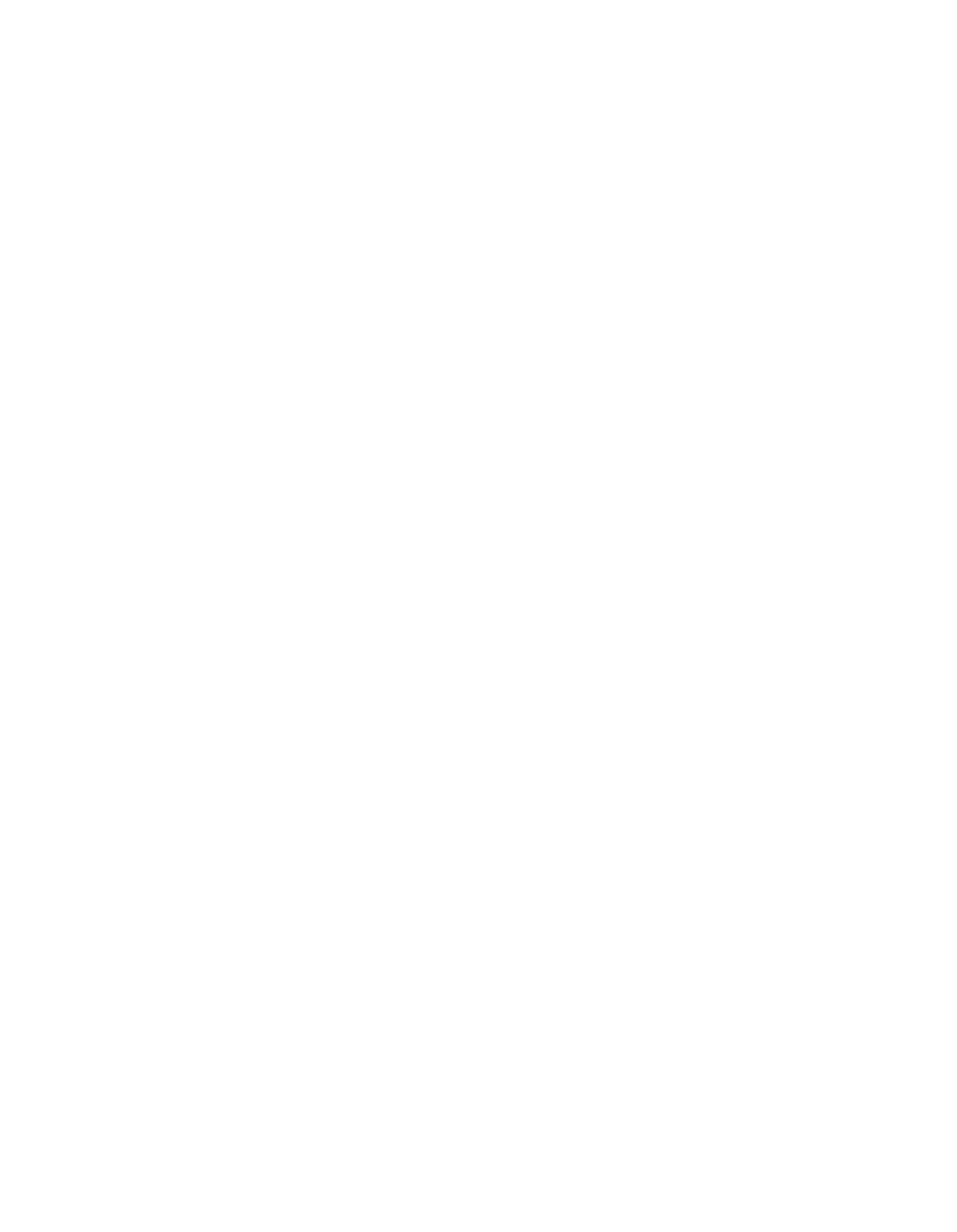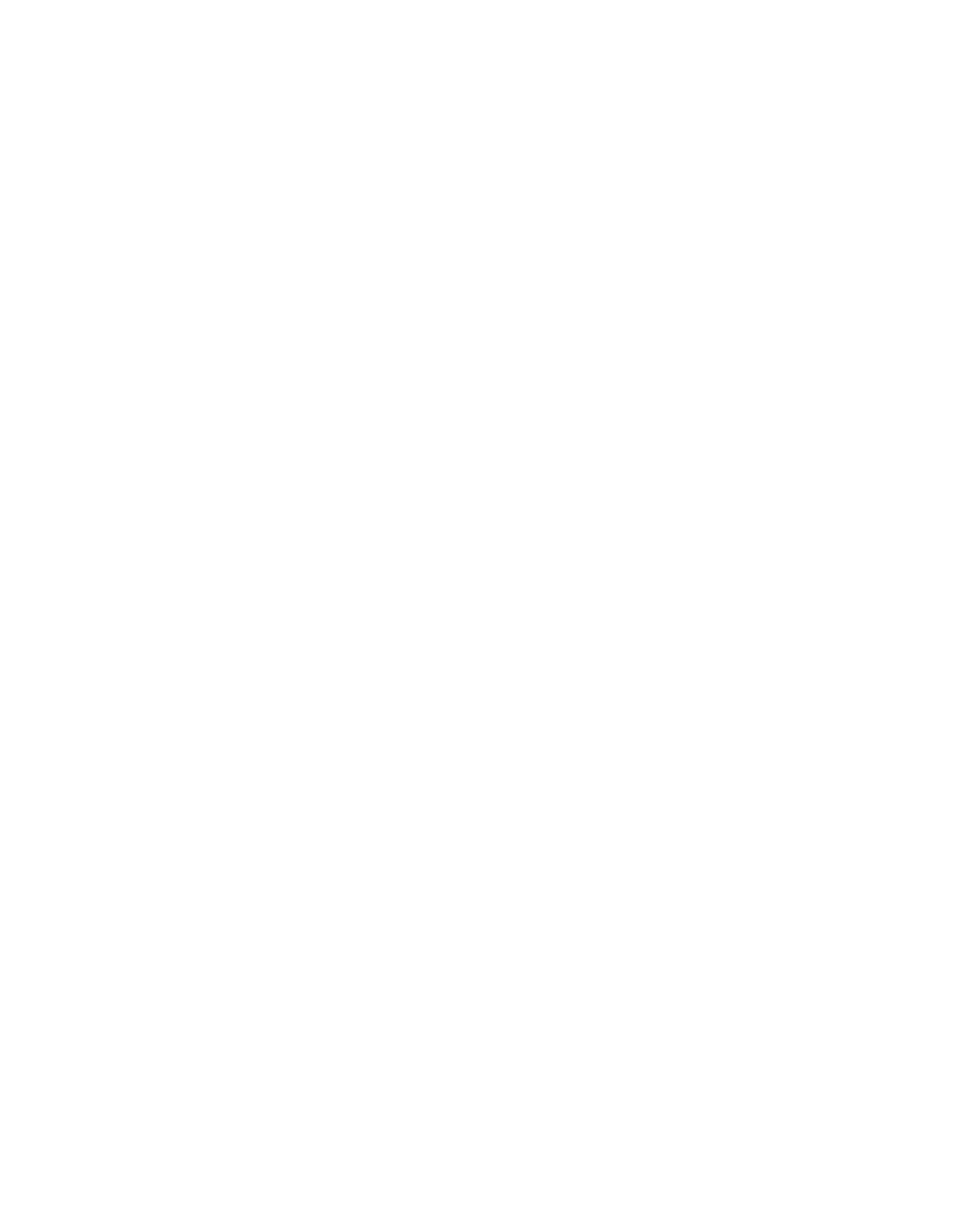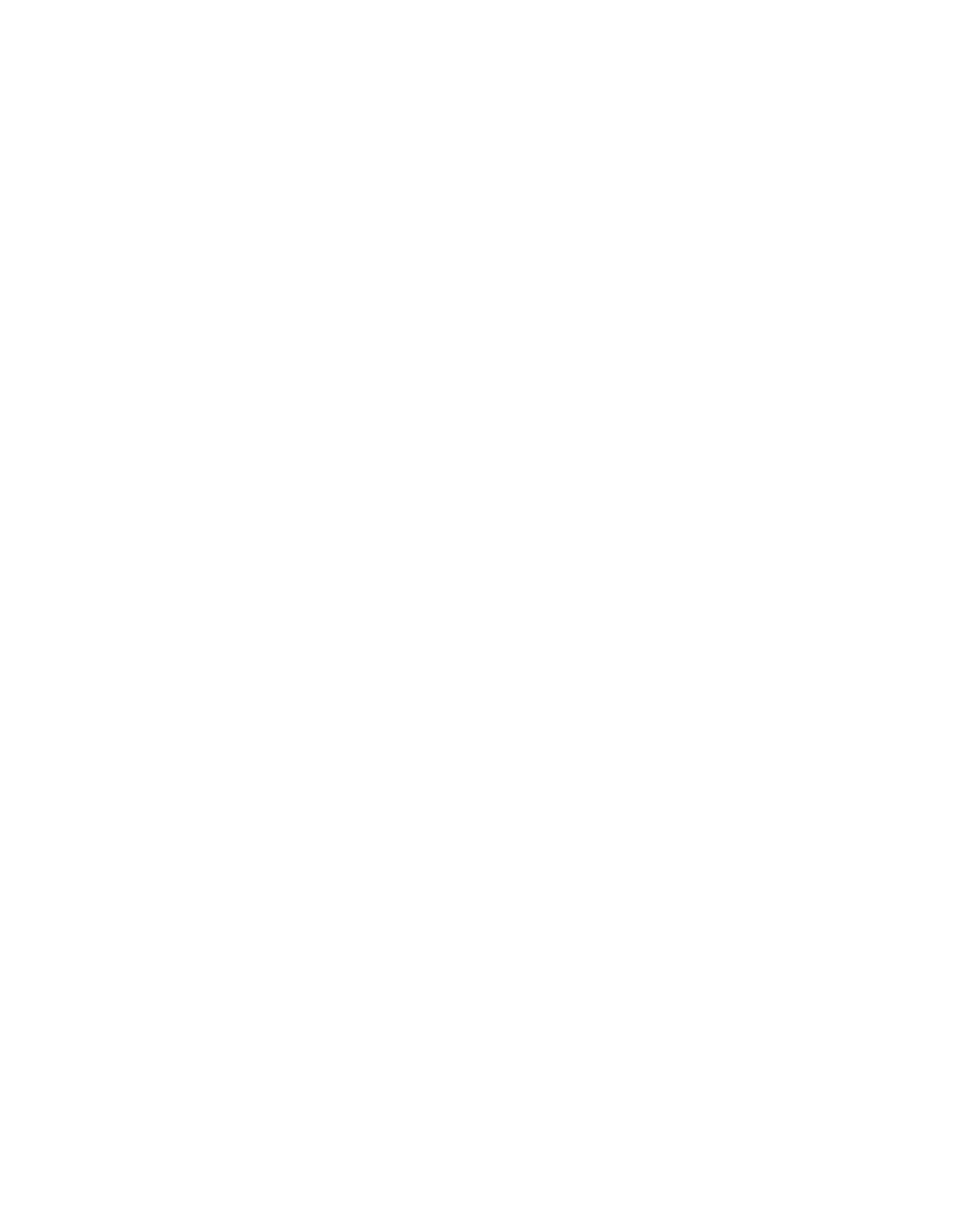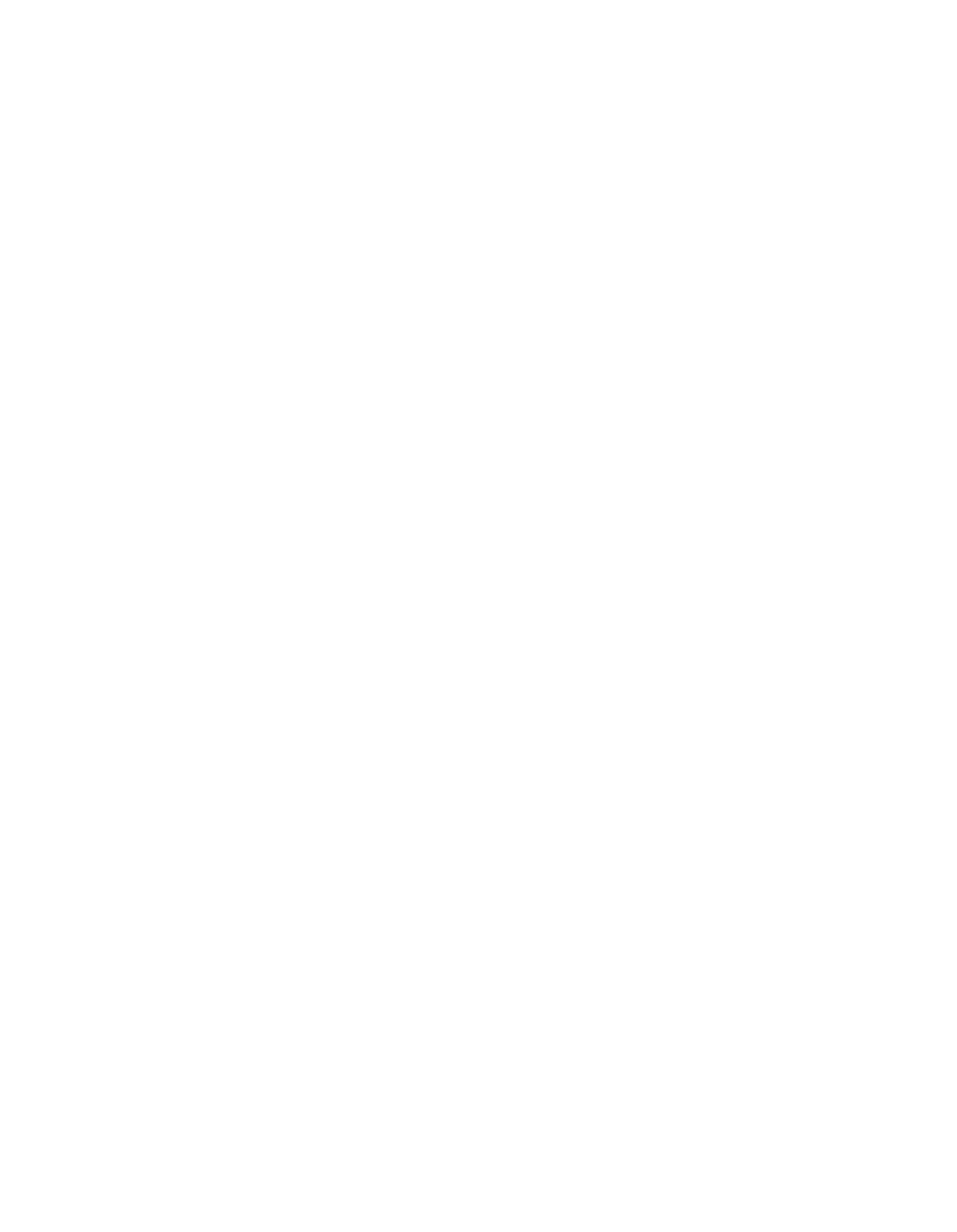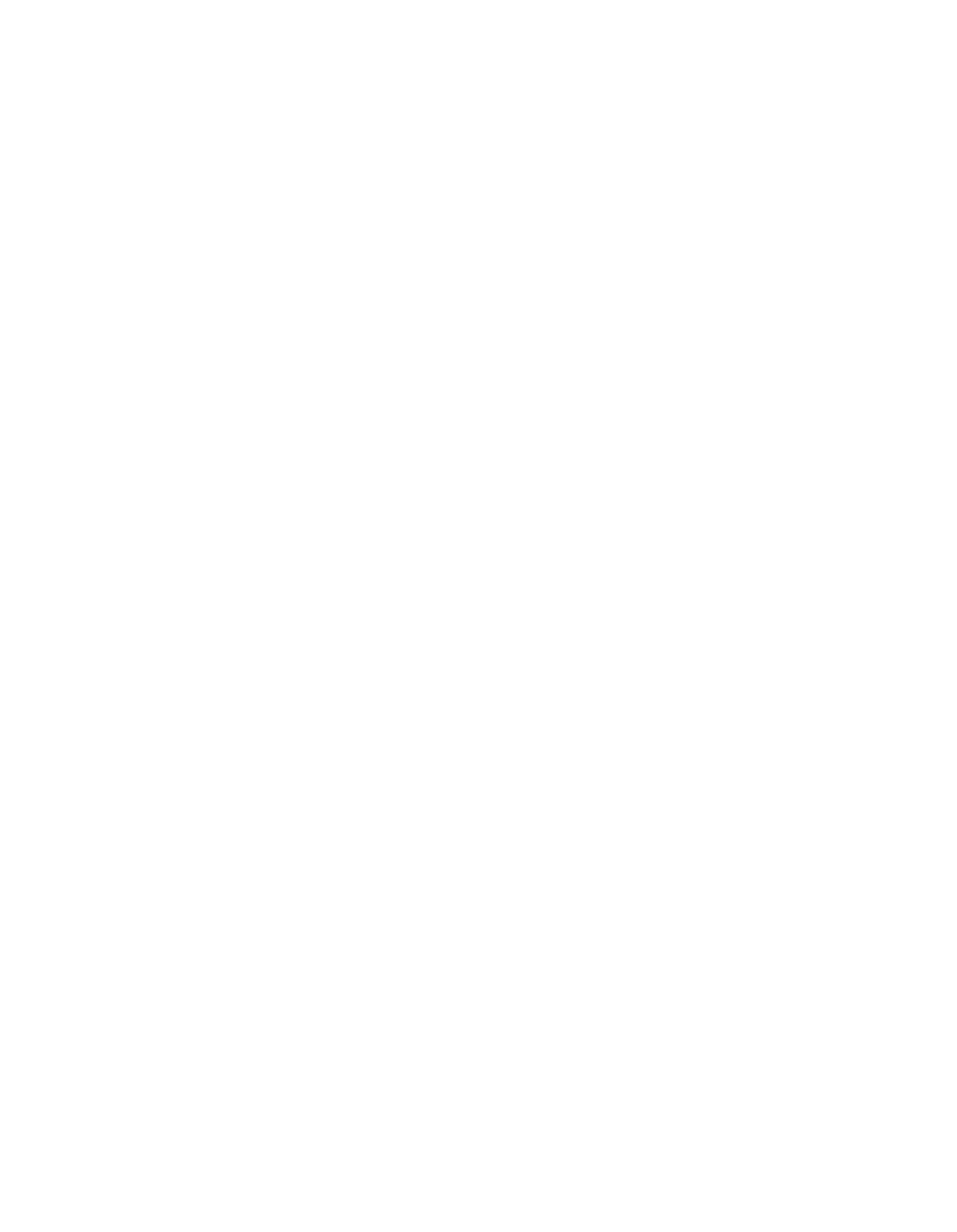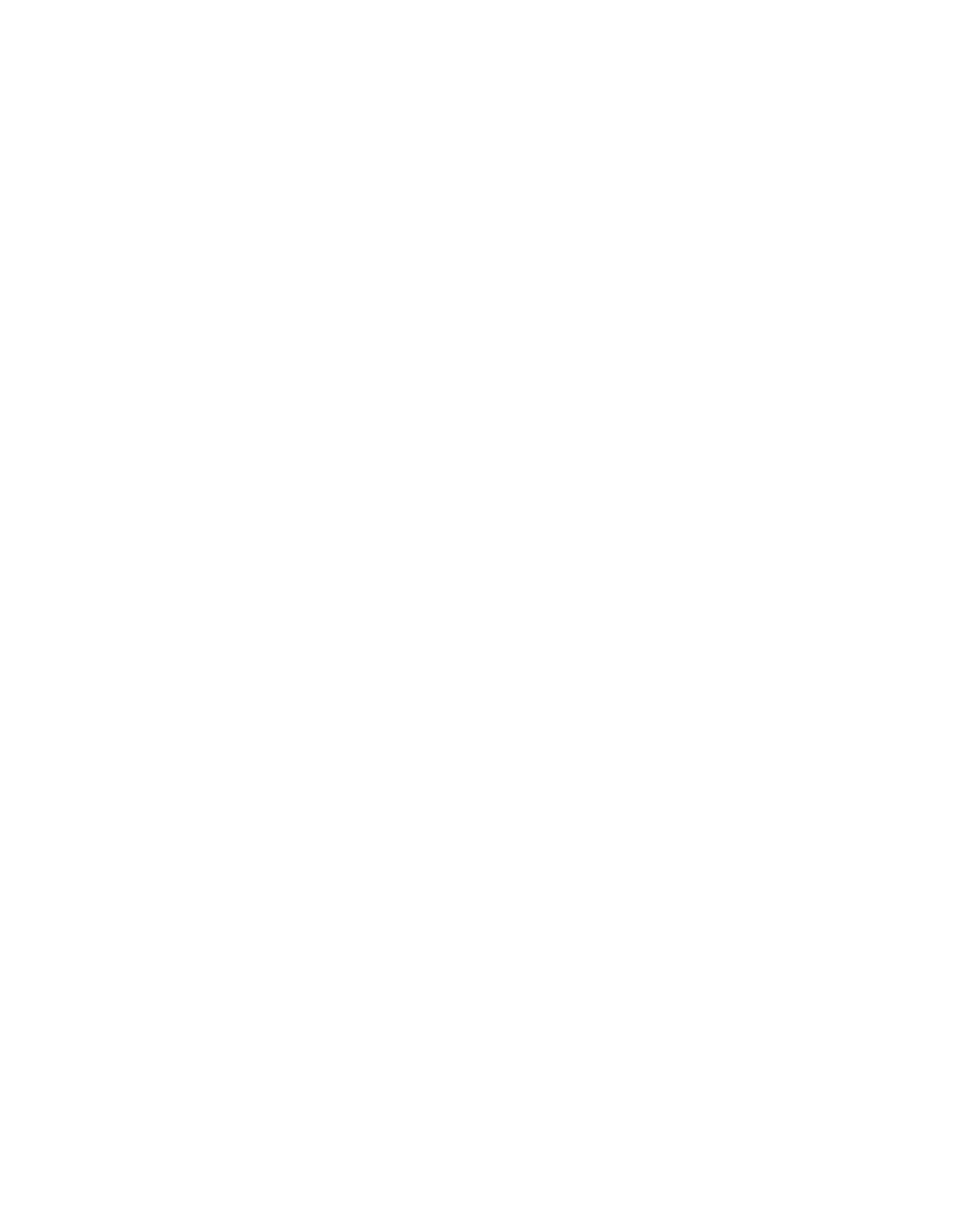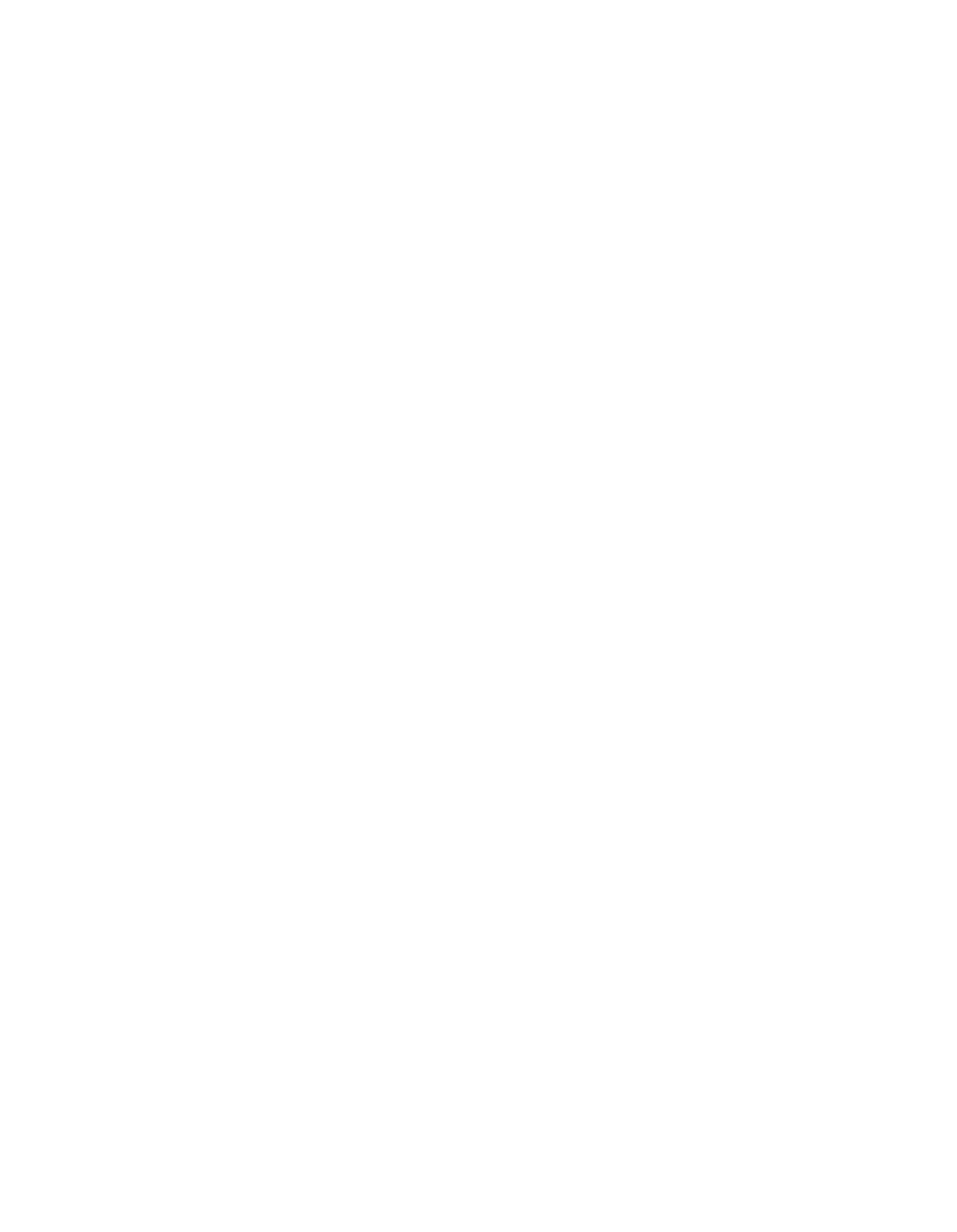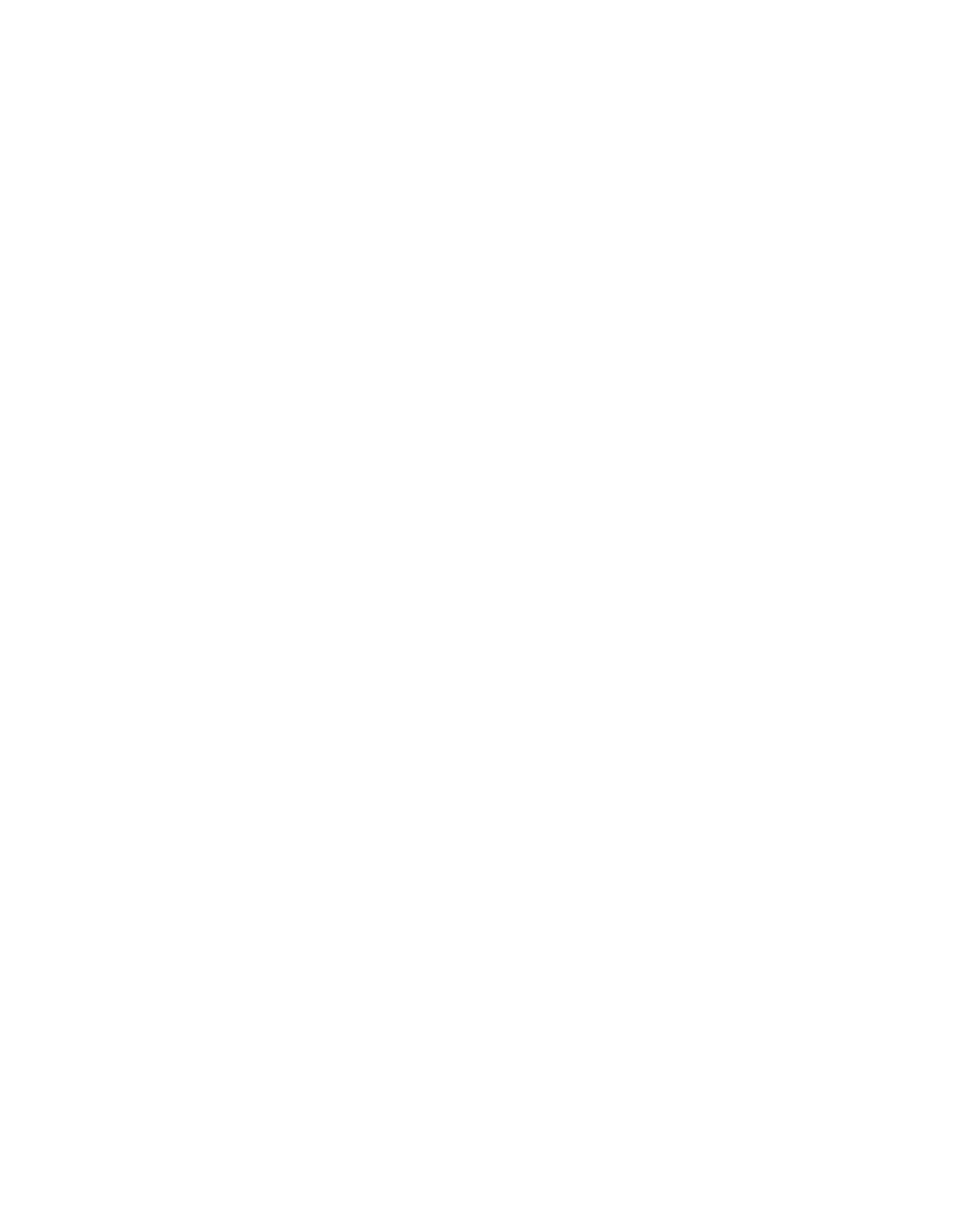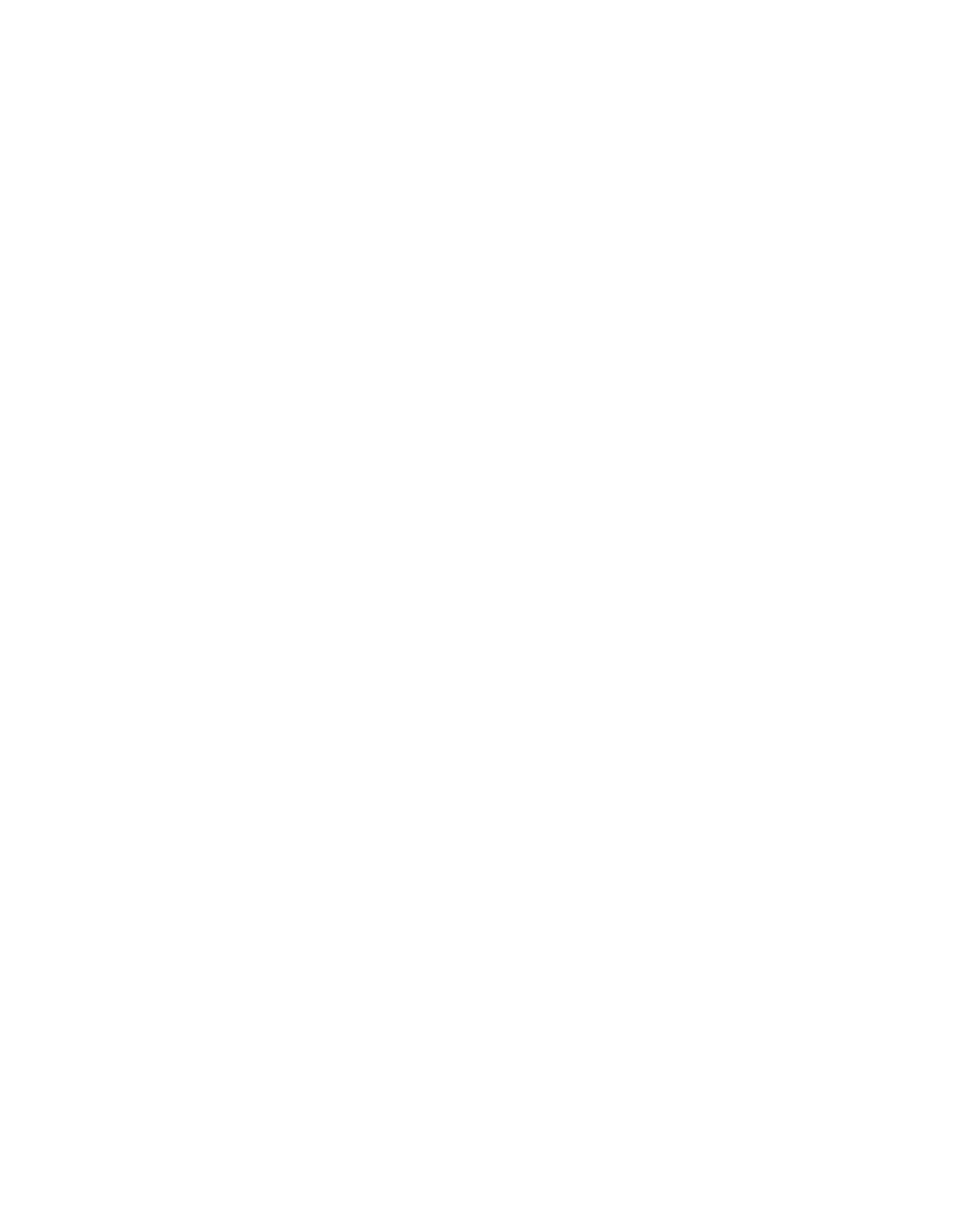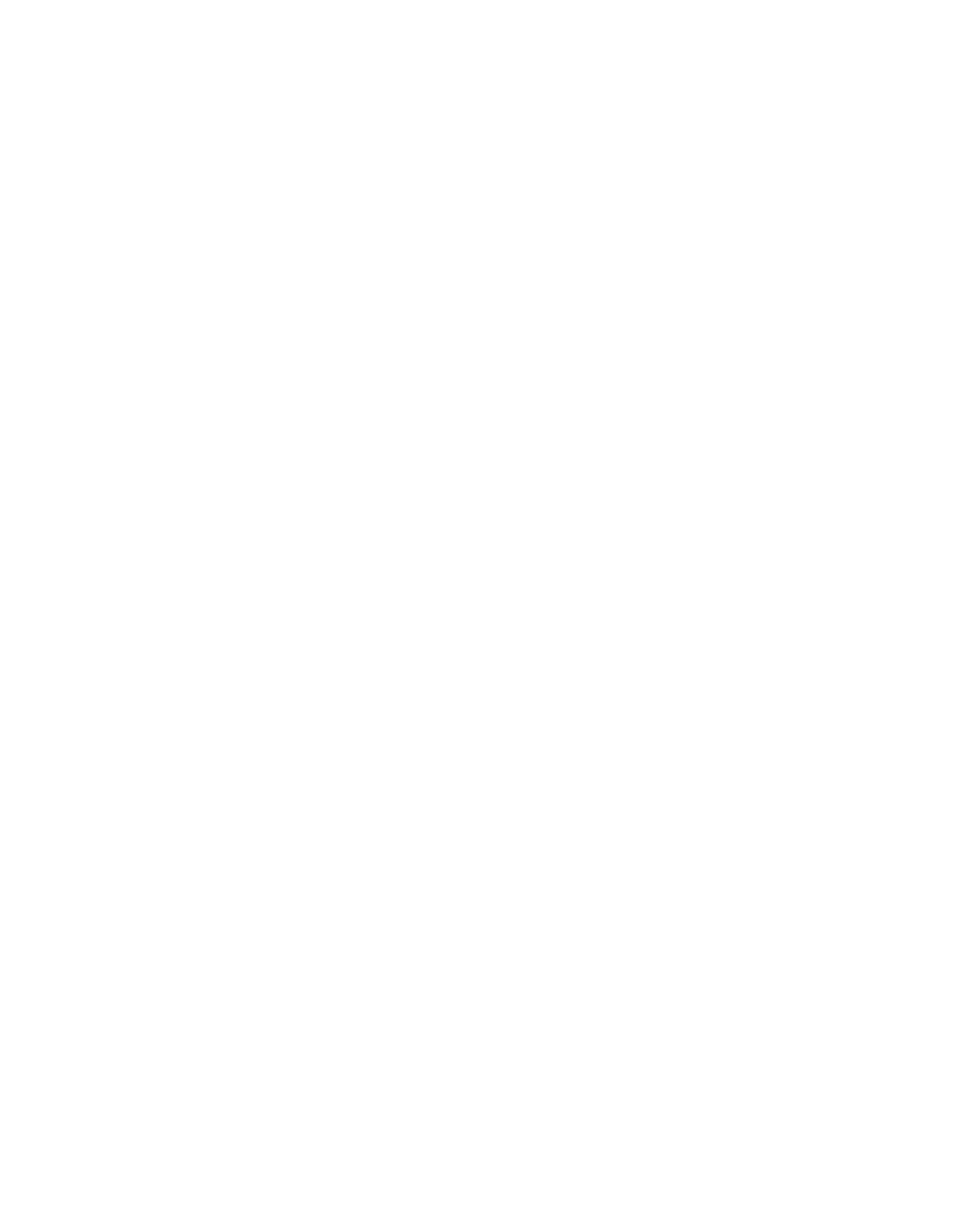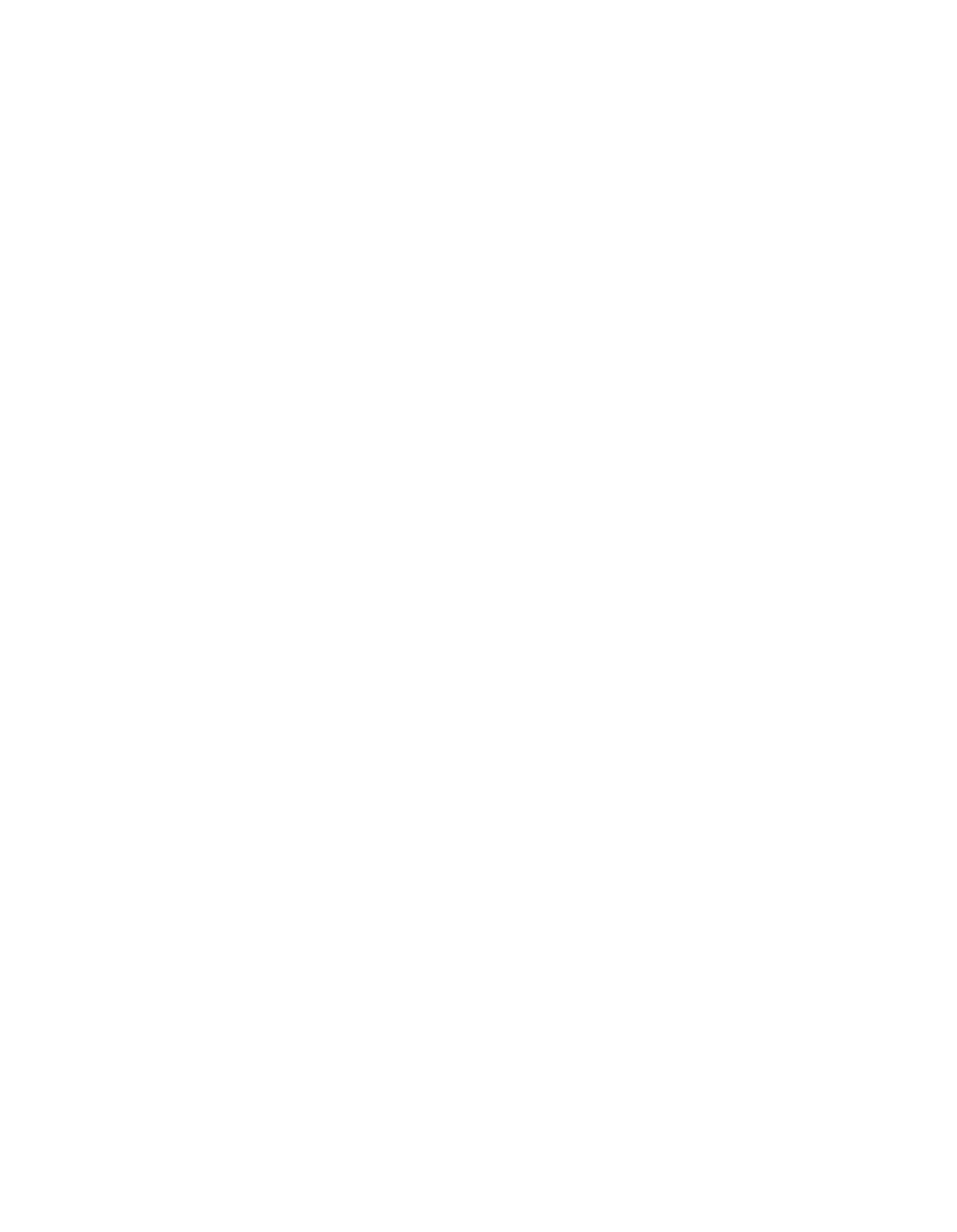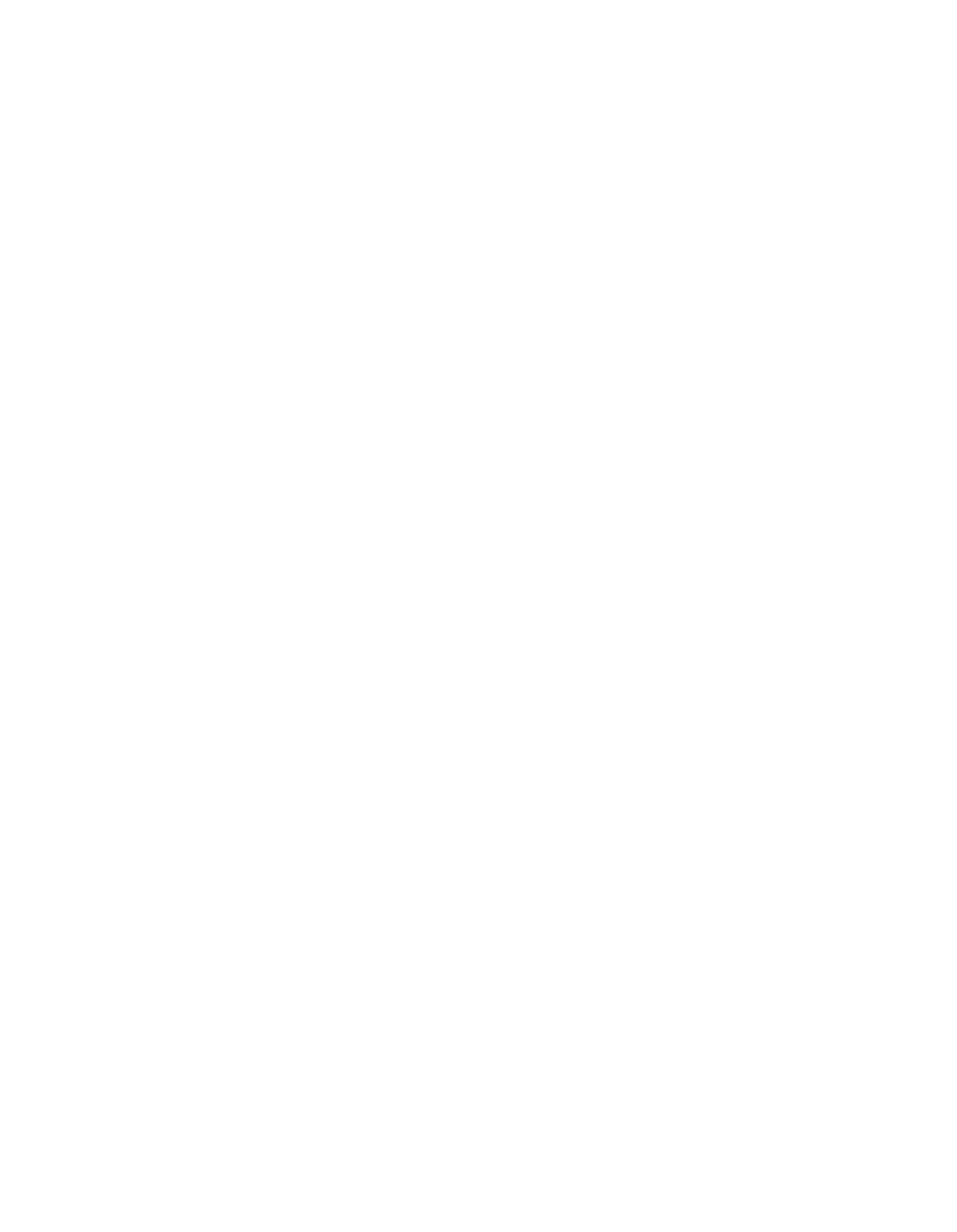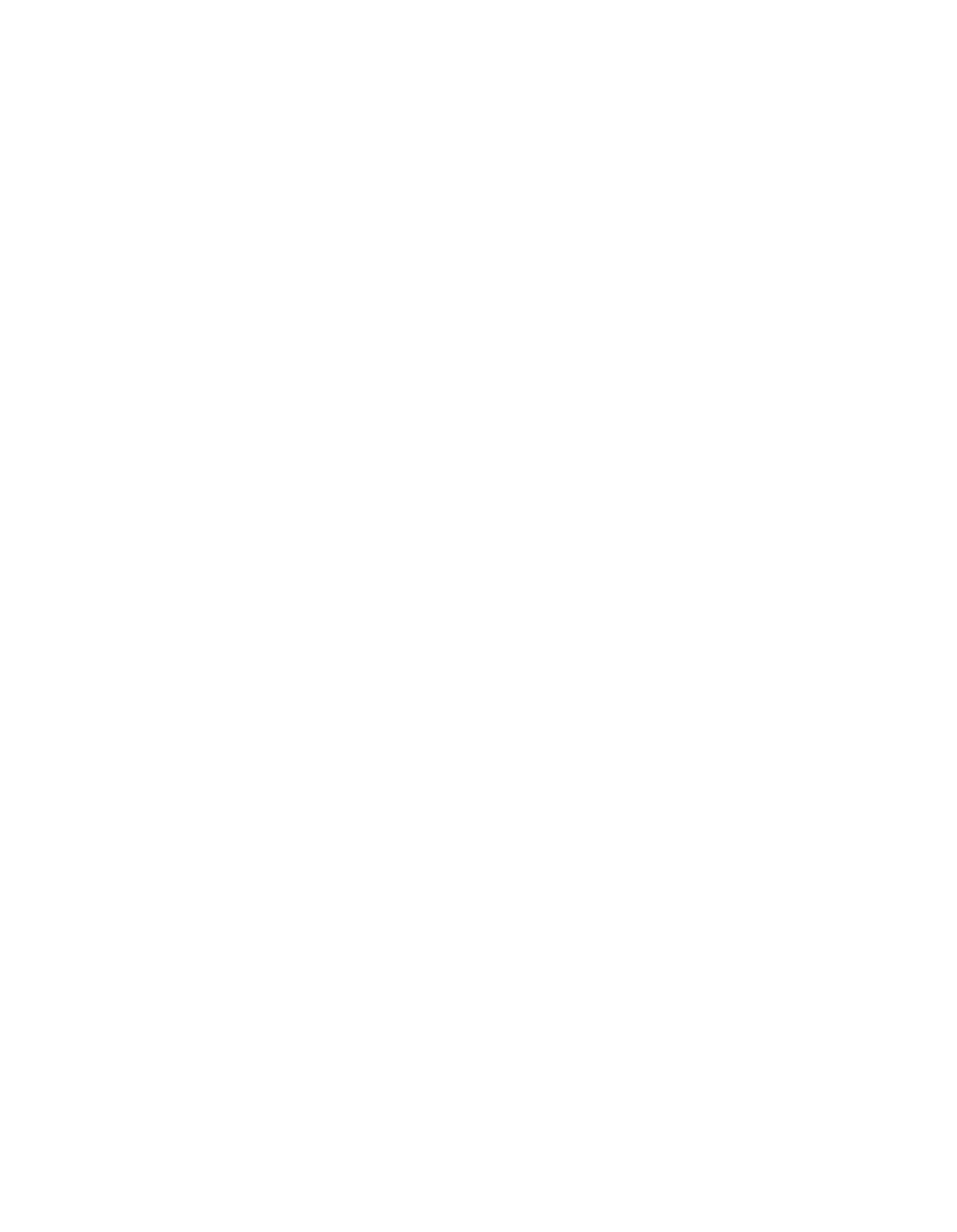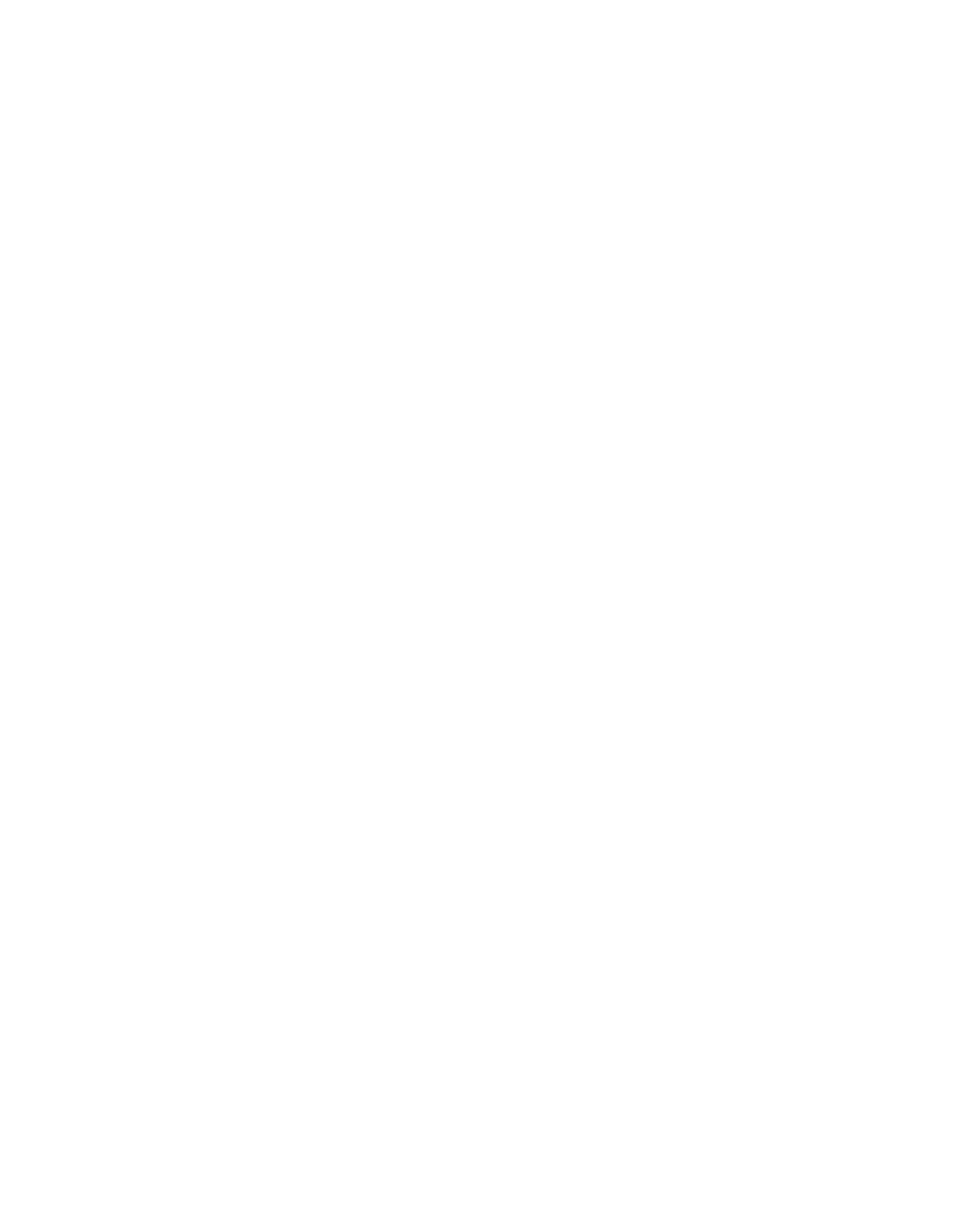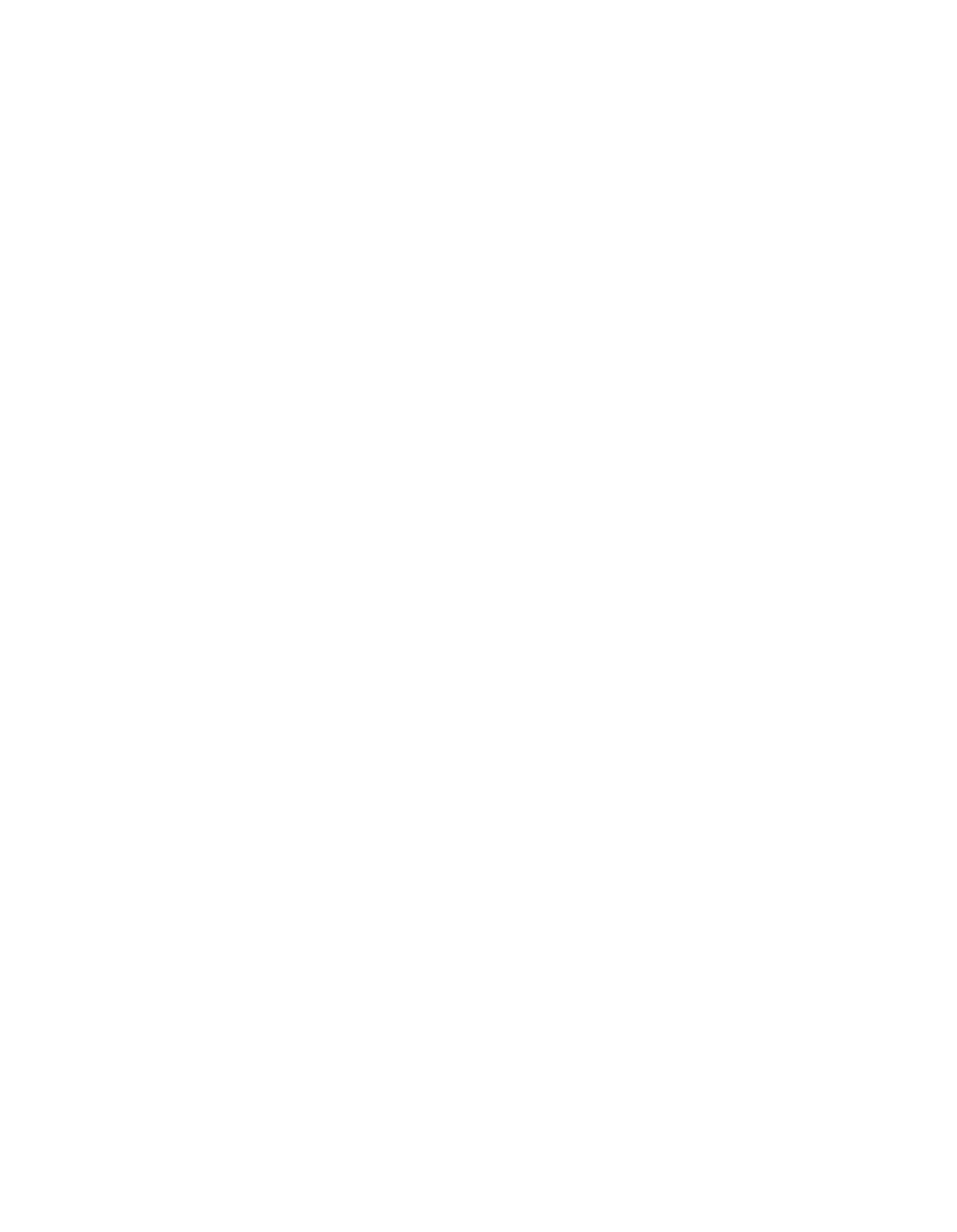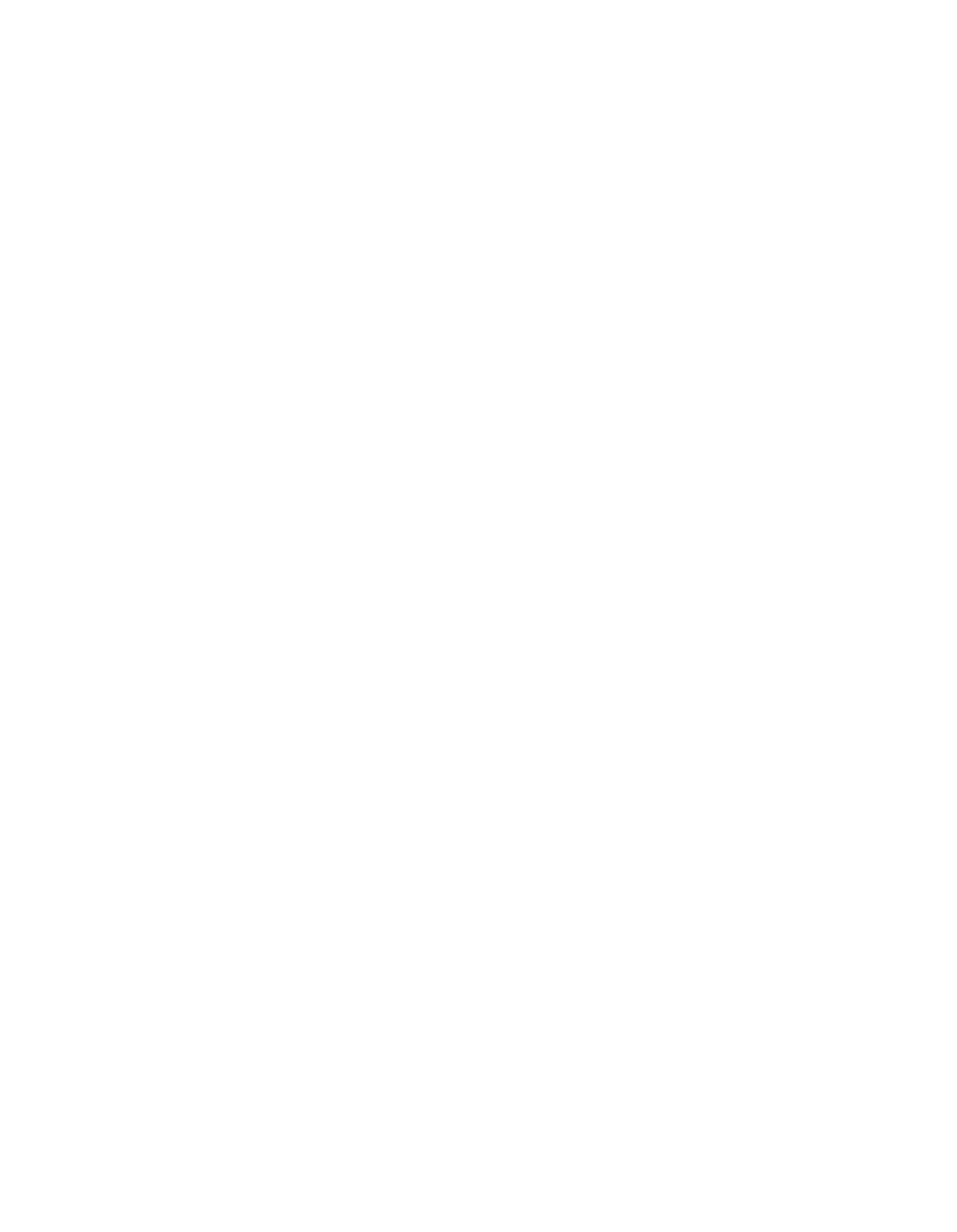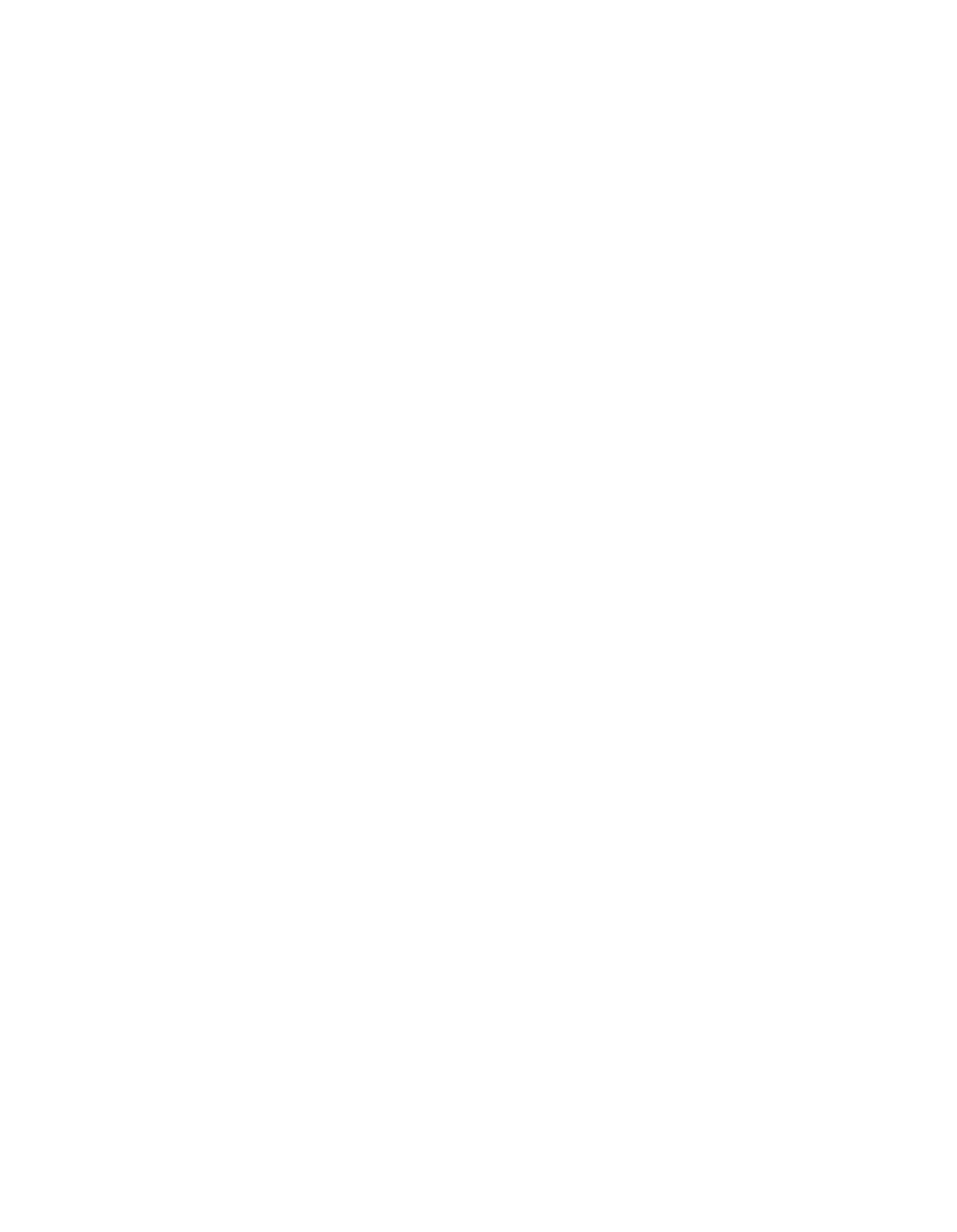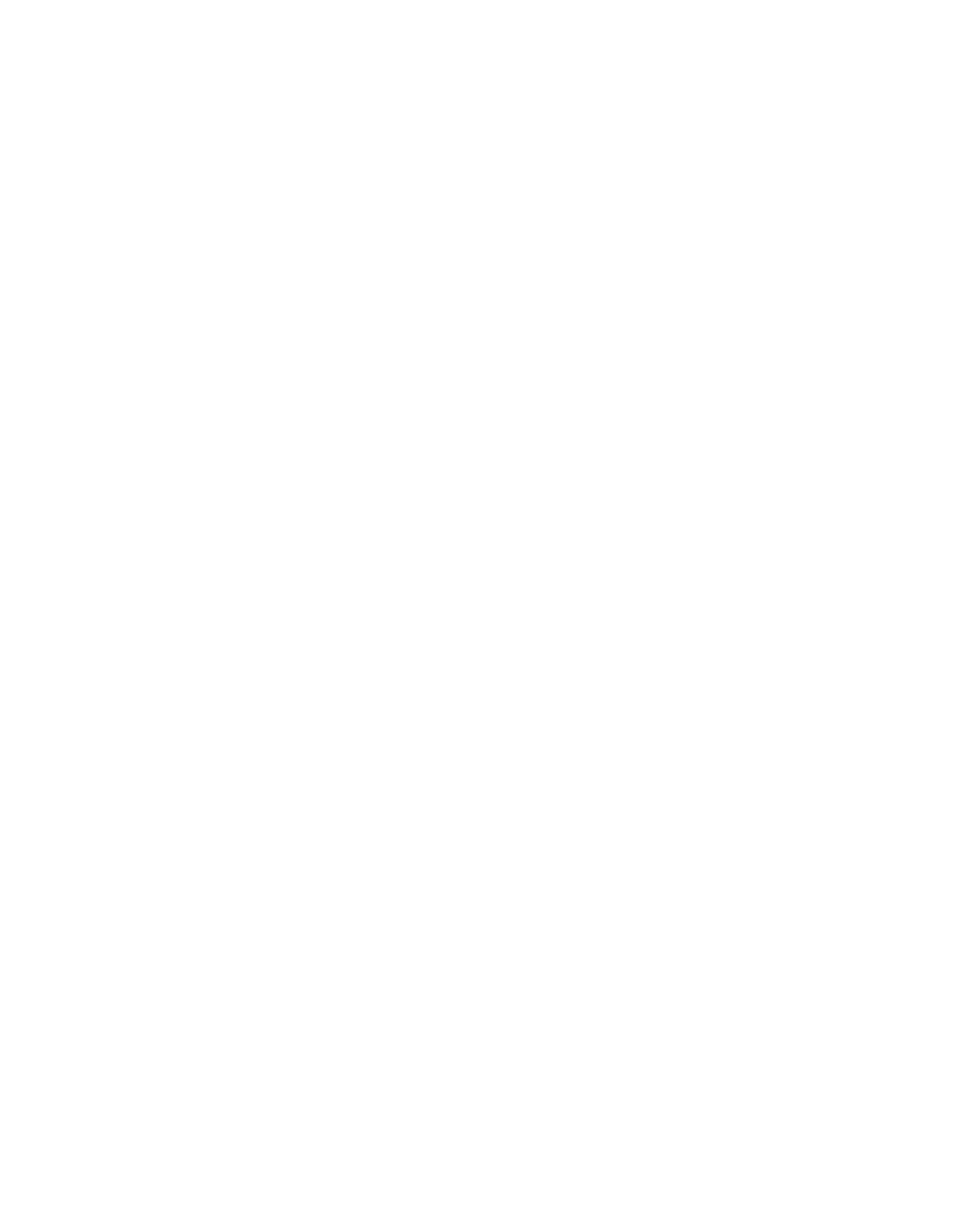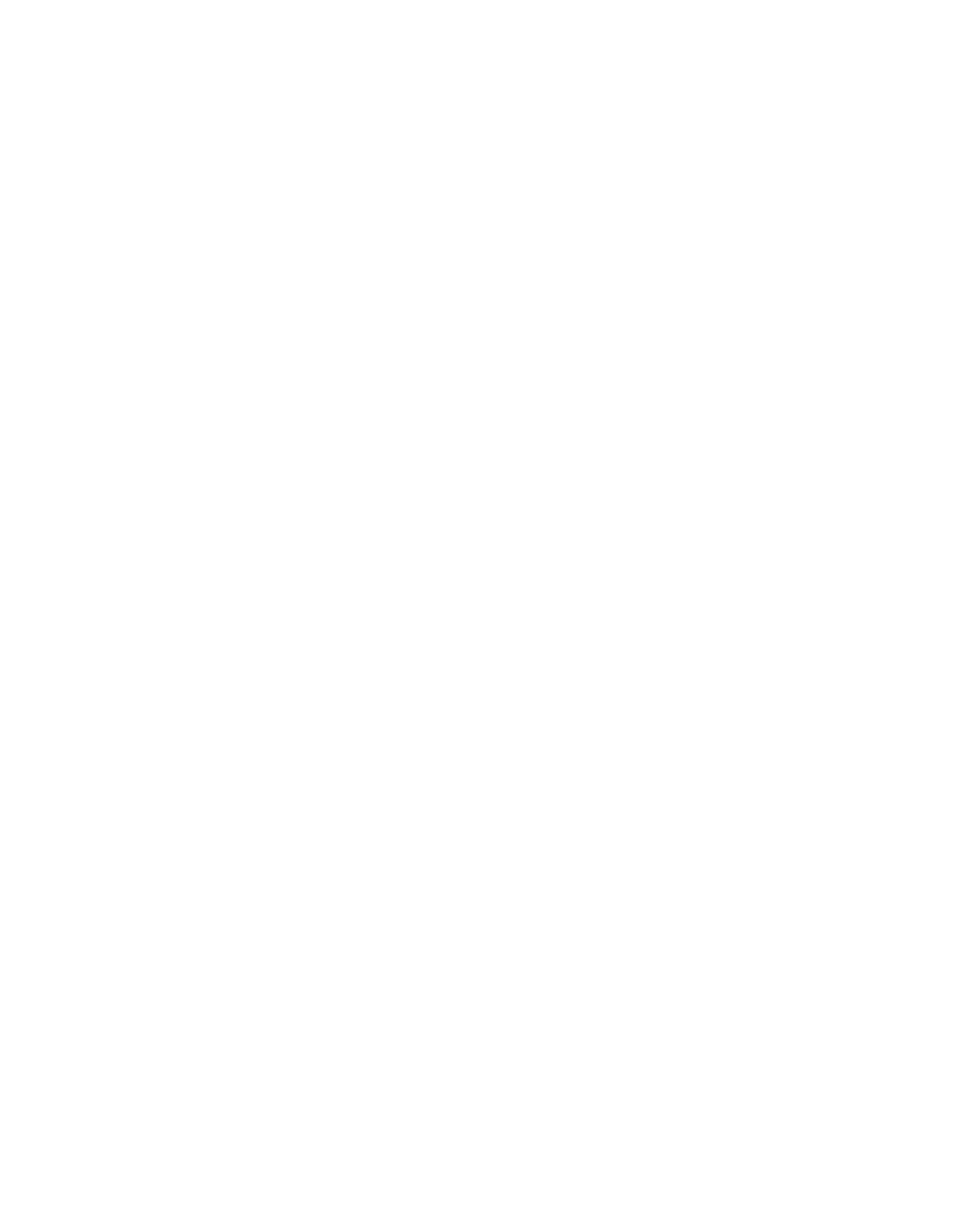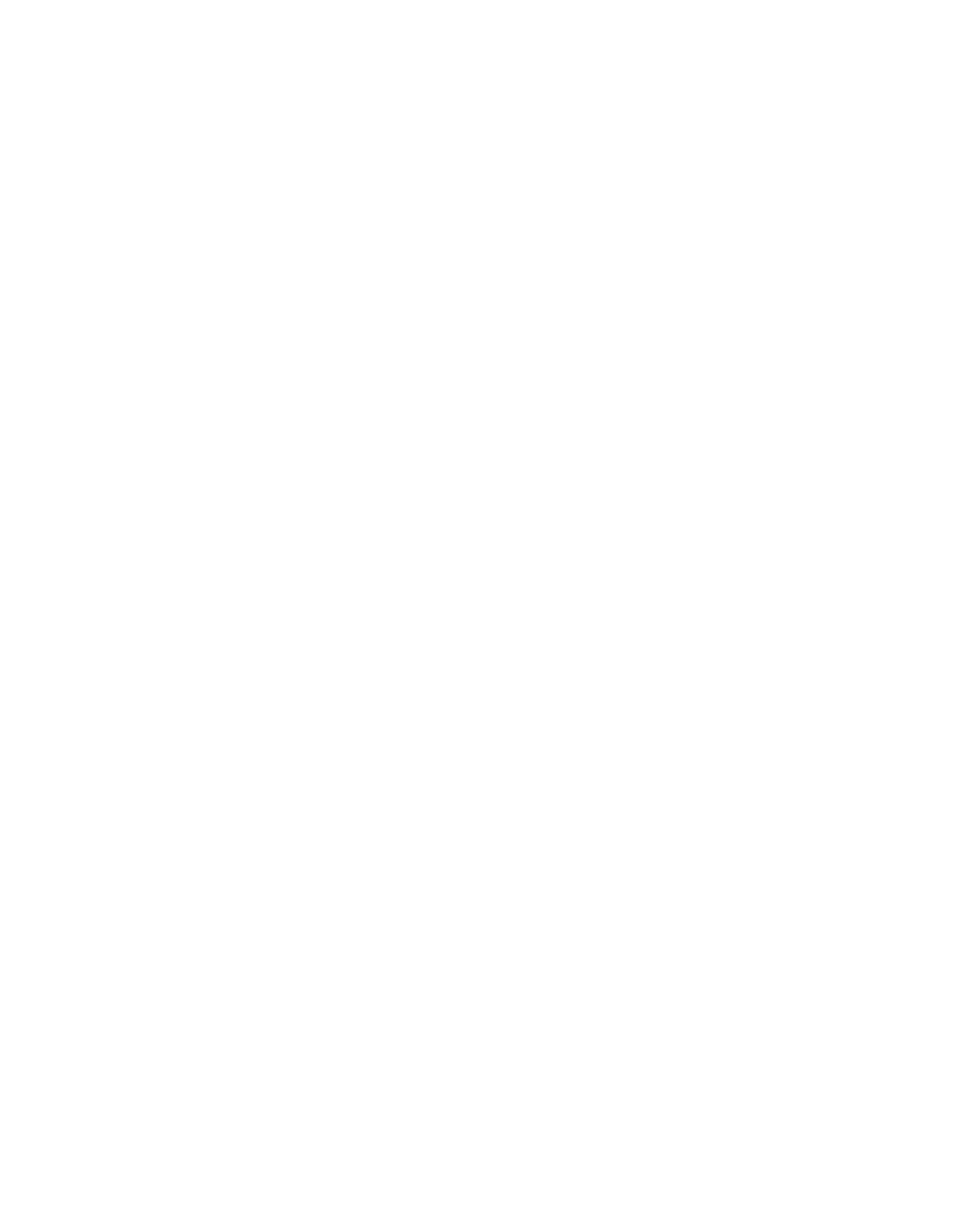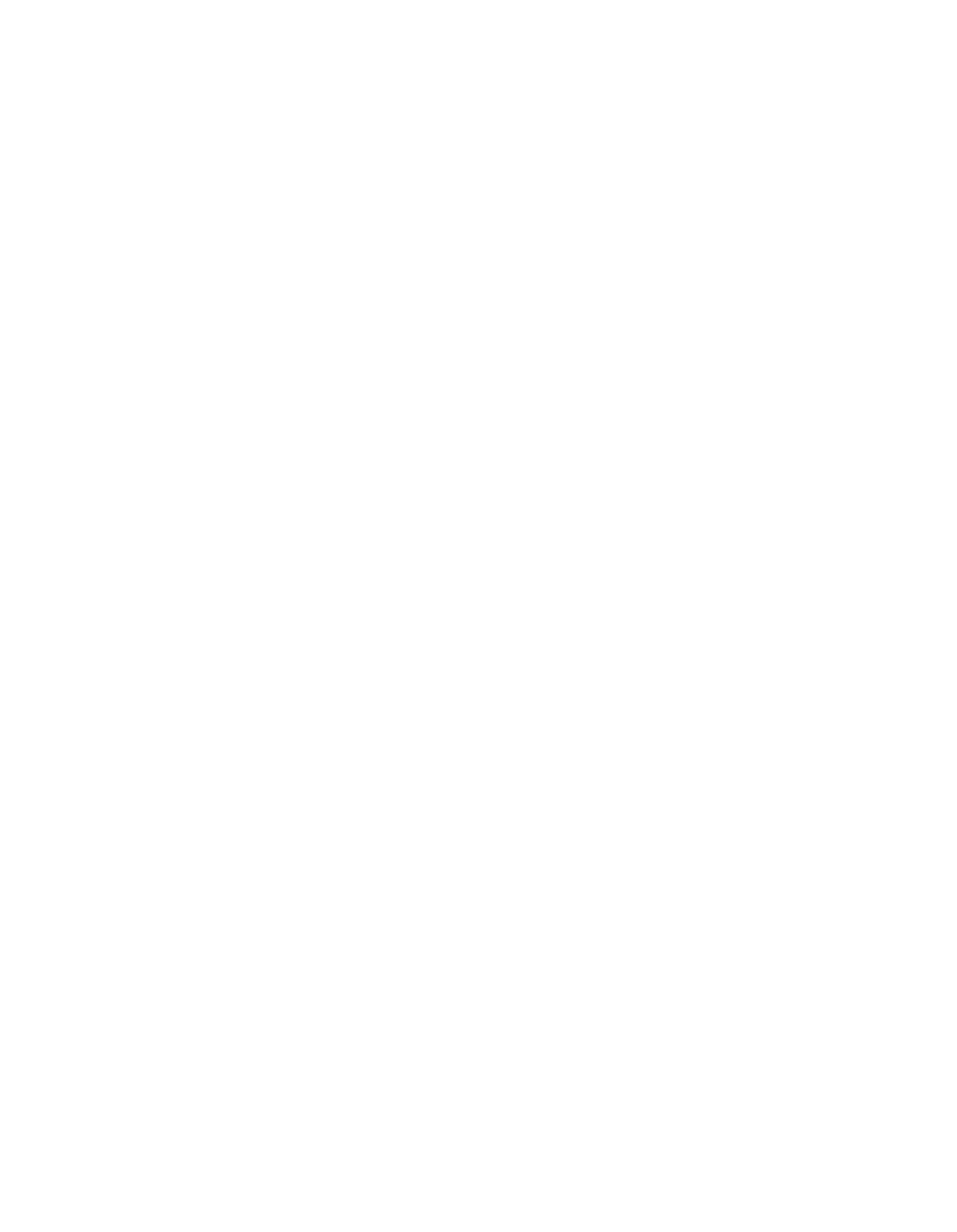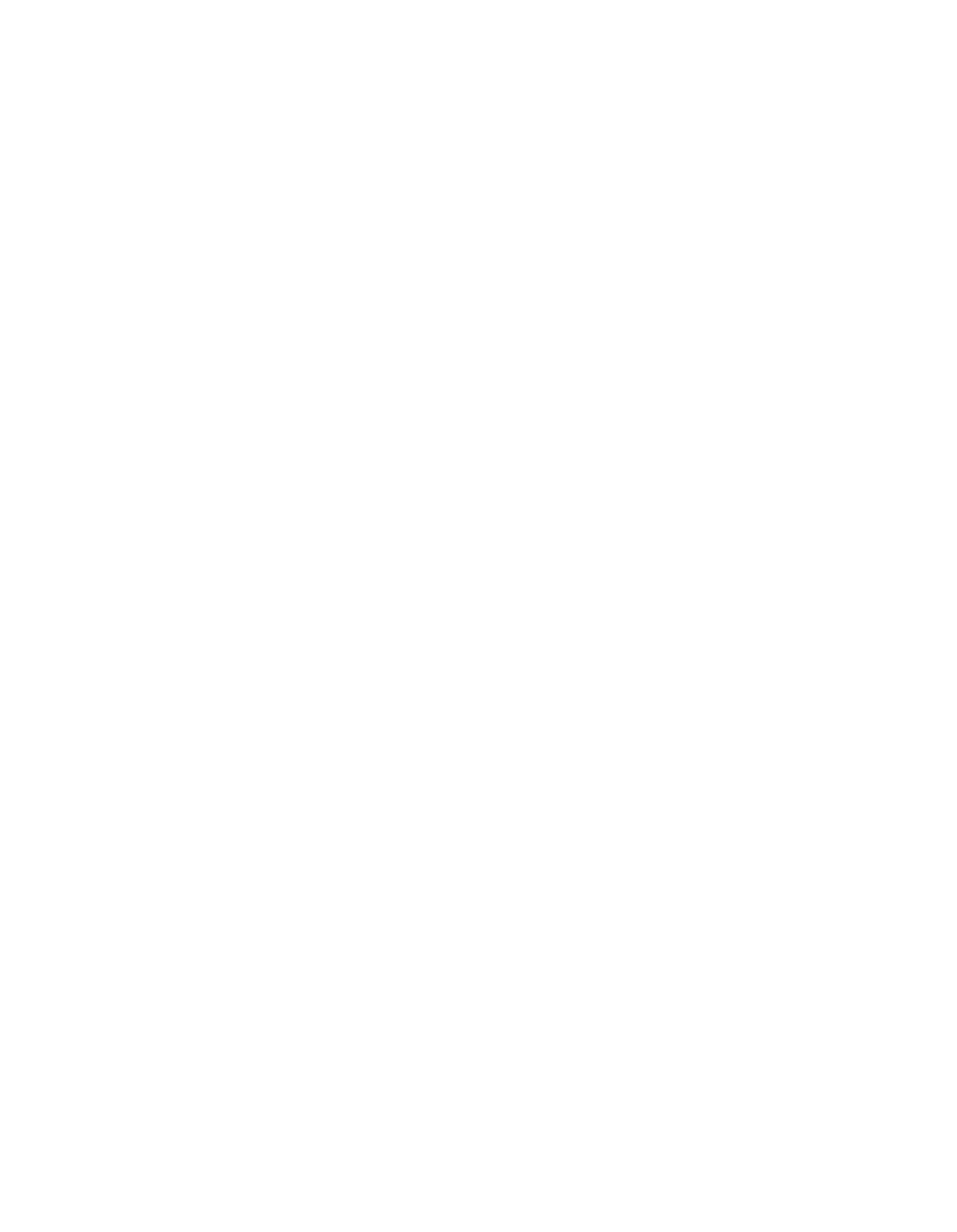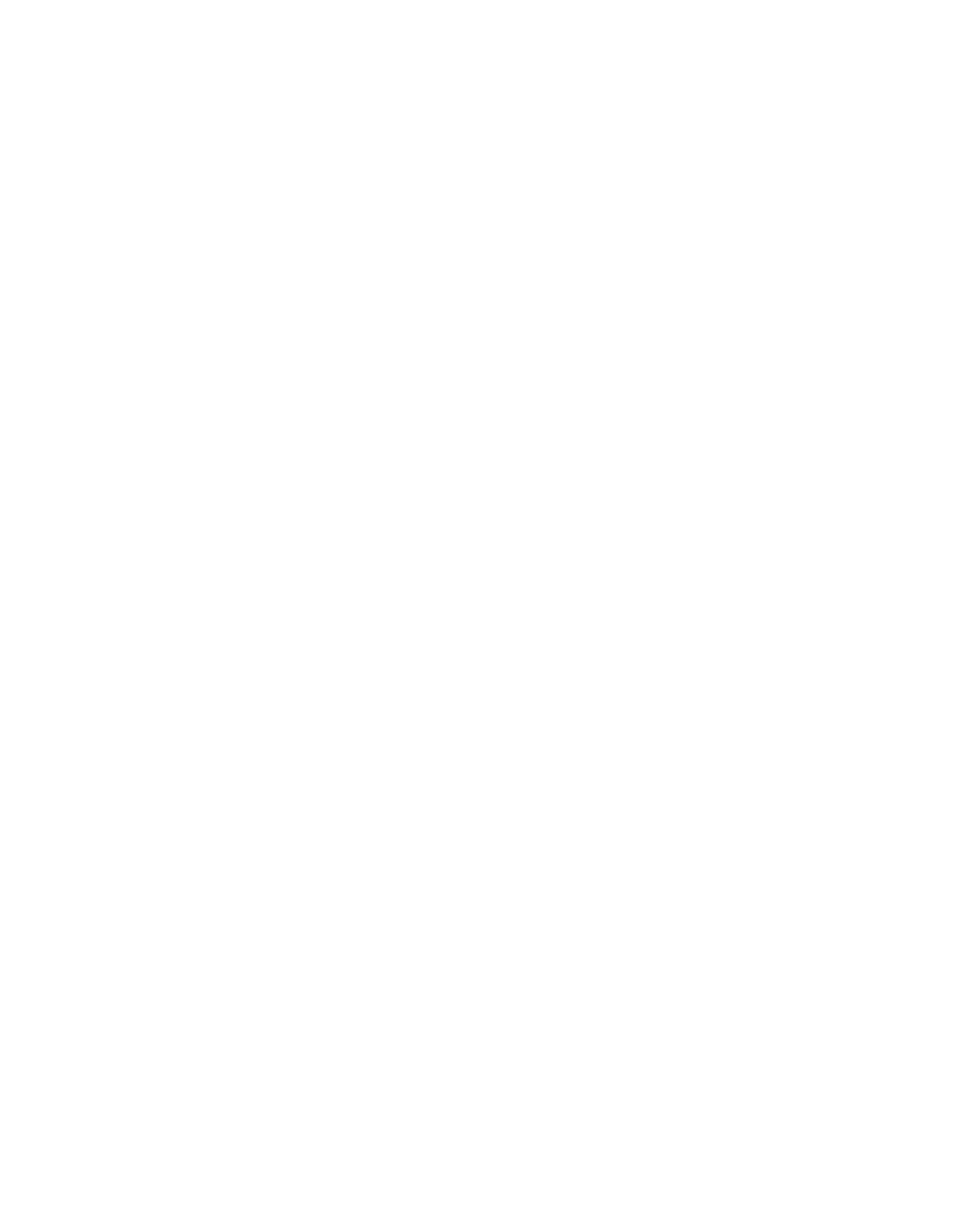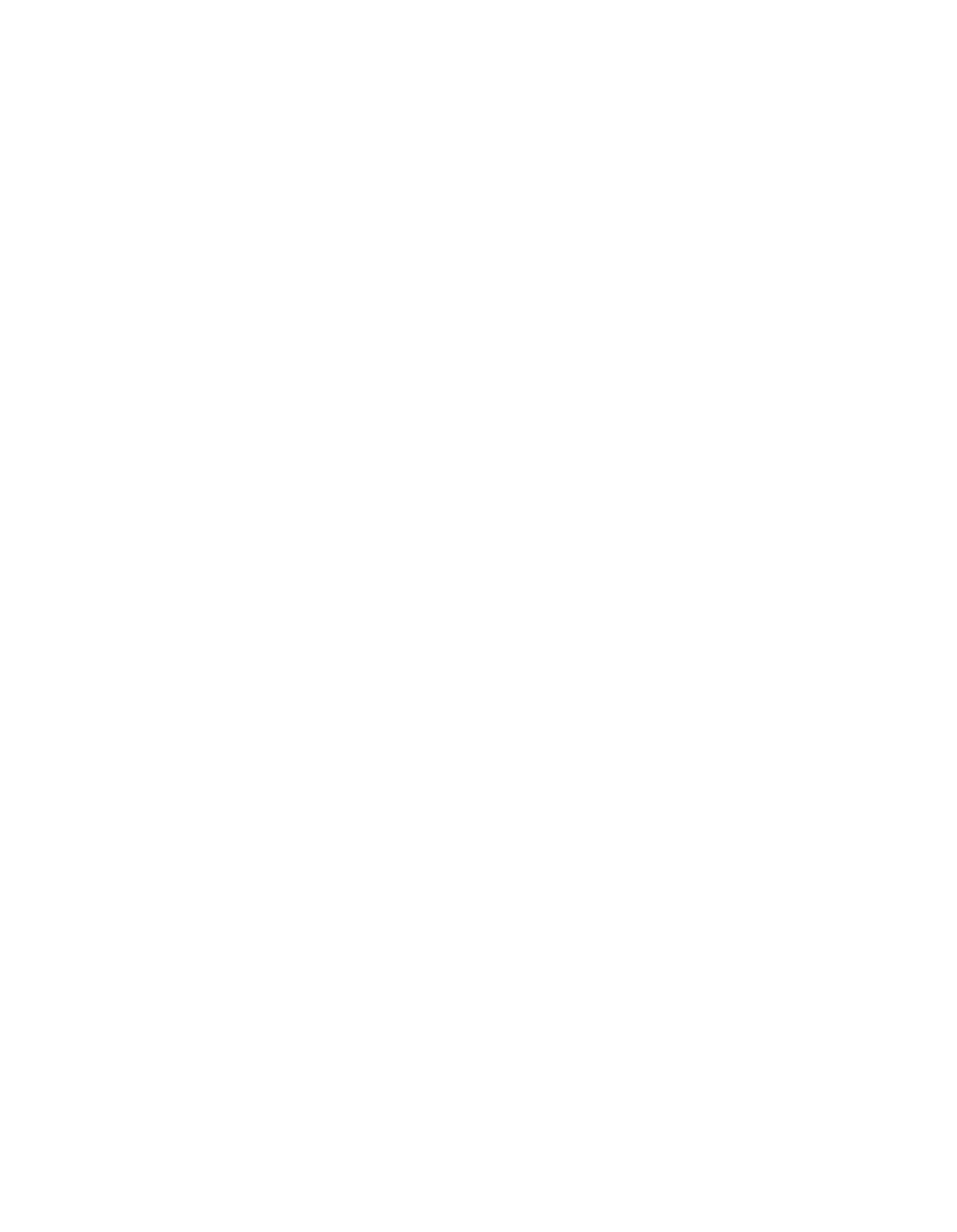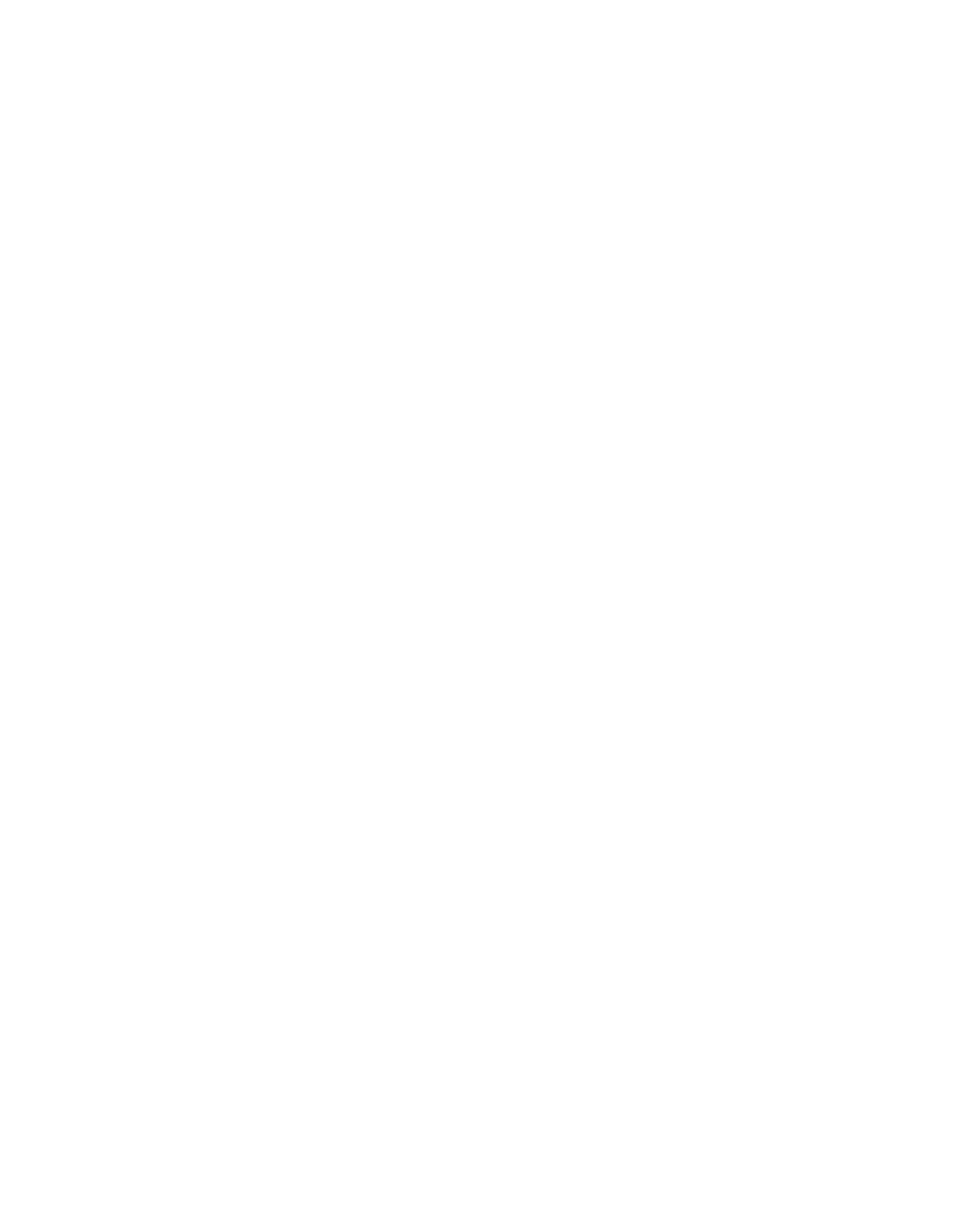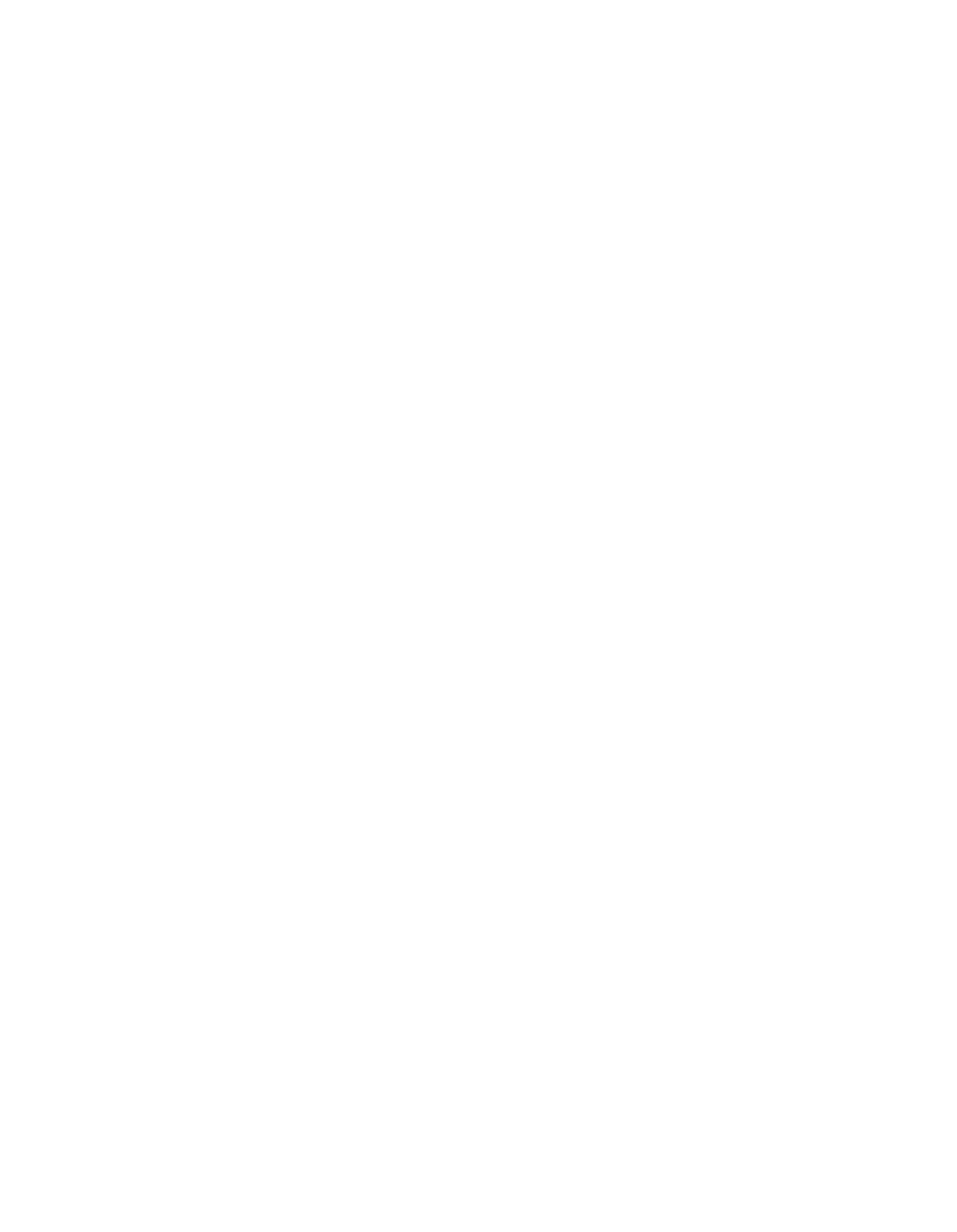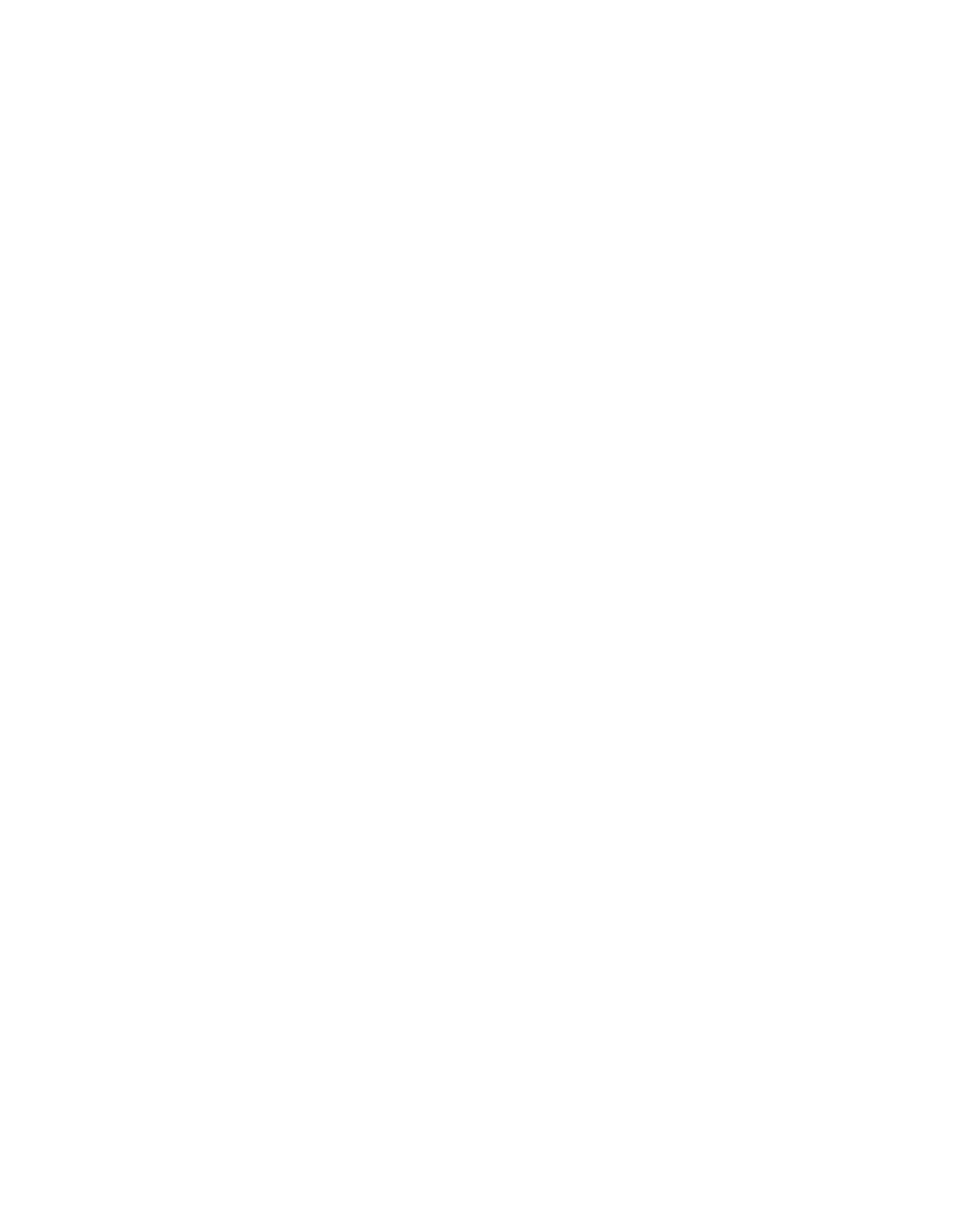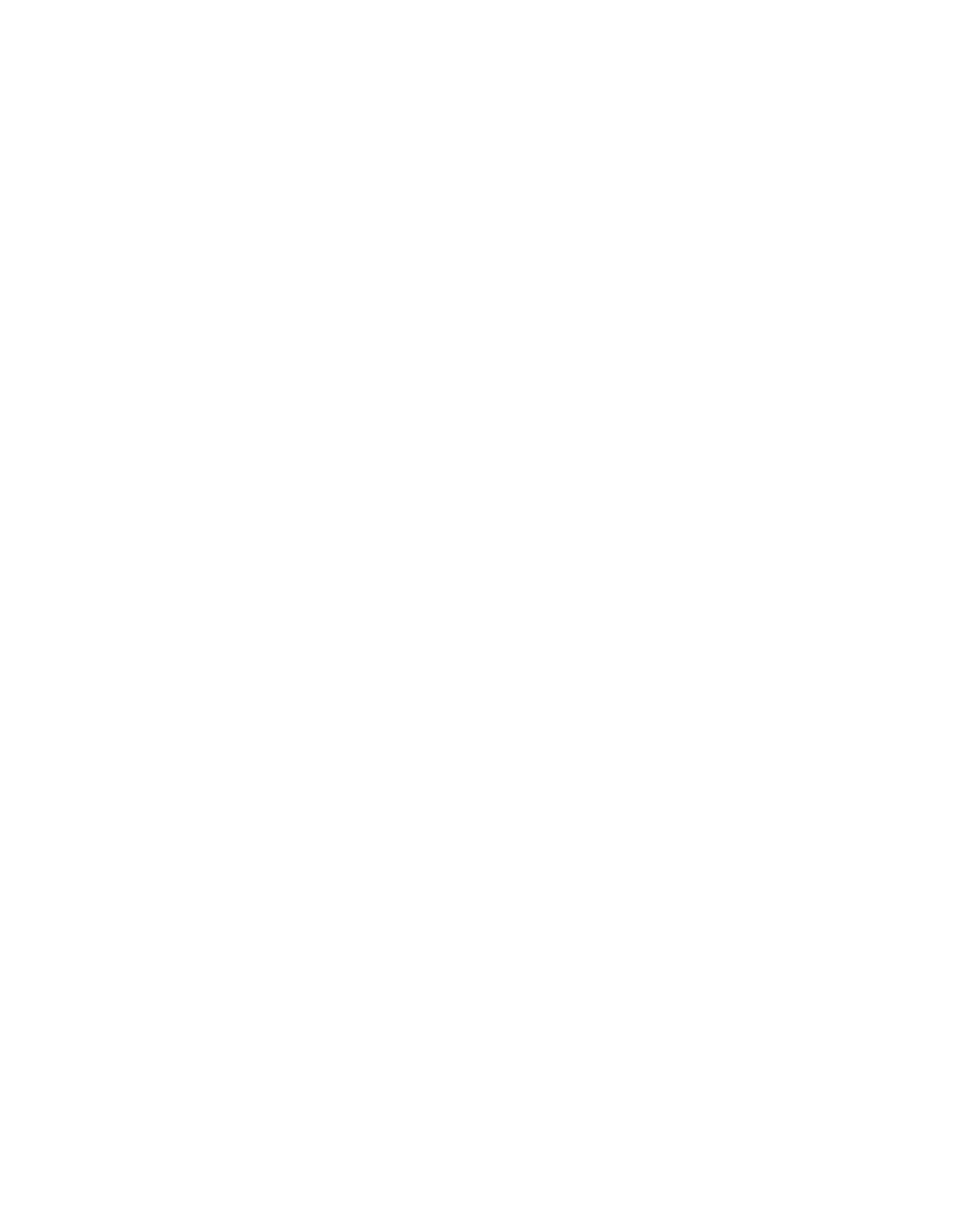ILLINOIS POLLUTION CONTROL BOARD
March
2, 1989
IN THE MATTER OF:
)
PROCEDURAL RULES REVISION
)
35
ILL.
ADM.
CODE
)
R88-5
(A)
101,
106 (Subpart G),
and 107
PROPOSED RULE.
SECOND SECOND NOTICE.
PROPOSED OPINION AND ORDER OF THE BOARD (by
3.
Theodore Meyer):
On September
8,
1988,
the Board proposed
for first notice
revisions of some of
its procedural rules.
That proposal
included proposed new general
rules
(35
Ill.
1~dm.Code 101), new
rules covering regulatory proceedings
(35
Ill.
Adm.
Code 102),
and new rules
for adjusted standards proceedings
(35
Ill. Mm.
Code 106).
The Board
also proposed repeal of existing Parts 101,
102, and 107.
(Part 107 currently contains rules pertaining
to
sanctions.
Rules
on
sanctions have been proposed
as part of the
new Part
101 general
rules.)
An opinion supporting
the proposed
rules was adopted
on September 22,
1988.
Merit hearings were
held on October
13,
1988 in Springfield,
and on October 21,
1988
in Chicago.
The first notice comment period closed on Monday,
November
7,
1988.
On January 19,
1989
the Board took two actions on this
procedural
rules revision.
First,
the docket was split
into two
dockets.
Docket R88—5(A) includes
the proposed rules
in Part 101
(general provisions),
the proposed rules
in Subpart G of Part 106
(adjusted standard proceedings), and
the proposed repeal of Part
107.
Docket R88—5(B)
will
include the proposed rules
for
regulatory proceedings
(Part 102)
and non—substantive revisions
to Subparts
D,
E,
and
F of Part
106.
This split of the docket
was done
to allow Parts
101,
106 (Subpart G),
and 107
to
proceed
o second
notice while
the Board further considers the
comments on Part
102 received at hearing and during the first
notice comment period.
The Board
anticipates taking further
action on Part
102
in
the near future.
The second
action taken on January 19 was the proposal
for
second notice of the rules
in R88—5(A).
The second notice order
was withheld from submission to the Joint Committee on
Administrative Rules
(JCAR)
to allow interested persons
to
comment on the rules.,
That public comment period ended on
Wednesday,
February
8,
1989.
The Board received fifteen comments during
tI~efirst notice
comment period.
(Public Comments
(P.C.)
#11—25; please note that
P.C.
#1—10 pertain
to
an earlier proposal which was not
adopted.)
The Board also received eight comments after
the close
of the comment period.
(P.C.
#26—33.)
These
late comments were
97—09
—2—
filed between one week and five weeks
late.
The Board will not
accept
these comments and has not considered them
in proposing
these rules
for second notice.
Finally, the Board received six
public comments during the “second notice” comment period which
ended
on February
8,
1989.
(P.C.
#35 —40.)
Except for the eight
late comments, the Board has considered
all of the comments when
revising the proposed rules.
The Board again notes that this
opinion and order includes only revisions to Part 101 and Subpart
G of Part 106,
and the repeal of Part 107.
To the extent that
the public comments address the proposed revisions
to Part 102
(regulatory proceedings),
those comments will also be considered
when the Board takes
further action in R88—5(B).
As
a preliminary matter, the Board notes that several
comments urged
that the Board make only those changes statutorily
required by SB 1834
(P.A.
85—1048)
and HB 4039
(P.A.
85—1331),
effective January
1,
1989.
That legislation makes
four changes
to Board procedure:
(1) the establishment of filing fees
for
some types of proceedings;
(2) Board authority to determine
whether an economic impact study
(EcIS)
of proposed regulations
should be prepared by the Department of Energy and Natural
Resources (ENR);
(3) authorization of
a pre—hearing conference
in
regulatory proceedings;
and
(4)
expansion of the adjusted
standard provision of Section 28.1 of the Environmental
Protection Act
(Act).
(Ill.
Rev.
Stat.
1987,
ch.
ill
l,A~, par.
1028.1.)
These comments suggest that any problems with past
Board procedure were cured by the recent legislation, and thus
contend that the Board should only revise
its procedural
rules to
reflect the legislative changes.
However,
as stated
in the
September 22,
1988 first notice opinion,
the Board
believes that
its existing procedural
rules need
to be
reorganized,
tightened,
and updated
to reflect current Board practice.
Thus,
the Board
will proceed today with revisions to Part 101 (general
provisions)
and Part
106
(Subpart G— adjusted standard
proceedings).
This proposed opinion will touch upon each Subpart
in
the
proposed rules, but will discuss only those rules which were the
subject of comments.
PART 101
-
GENERAL RULES
Subpart
A:
General Provisions
The Board
received several comments on subsection
(b)
of
Section 101.100 “Applicability”.
In the first notice proposal,
that subsection stated that the Code of Civil Procedure (Code)
(Ill.
Rev.
Stat.
1987,
ch.
110,
par.
1—101
et
seq.)
does not
apply to Board proceedings unless expressly stated.
Several
comments suggested that the Code should apply where
the
procedural
rules are silent.
The Board agrees that the Code
provides guidance where
the procedural
rules are silent, but will
not provide for automatic application of the Code.
Instead,
the
subsection has been rewritten to state
that in the absence of
a
97—19
—3—
specific provision
in the procedural
rules,
the parties or
participants may argue that
a provision of the Code or
the
IllInois Supreme Court Rules
(Ill.
Rev. Stat.
1987, ch.
llOA,
par.
1 et seq.)
provide guidance for the Board or hearing
officer.
This revision codifies current practice, with the goal
of achieving consistency throughout all types of Board
proceedings.
The Board has added
a new subsection
Cc)
to Section
101.100, which states that
the procedural
rules are
in addition
to the provisions of the Illinois Administrative Procedure Act
(Ill.
Rev.
Stat.
1987,
ch.
127, par.
1001 et seq.), unless
otherwise provided by the Act.
Again, this merely codifies
current practice and statutory requirement.
The provision was
unintentionally omitted from
the first
notice proposal.
Several definitions
in Section 101.101 “Definitions” have
been reworded for clarity.
Additionally, new definitions of
“evidence”,
“initial filing”,
“material”,
“participant”, “party”,
and “procedural
rules” have been added
to this Section.
The Board received
a number of comments on Section 101.102
“Filing of Documents”.
Two comments objected
to the provision of
subsection
(b)
that filings
received after
4:30 p.m. will be
date—stamped the following day.
(P.C.
#24,
25.)
This objection
was premised upon the contention that the rule would create
serious problems for those appearing before
the Board,
is
inconsistent with the procedures of most courts and agencies,
and
may result
in a loss of rights,
as
in the case of permit
appeals.
The remedy
for late filings suggested by the comments
is that documents be date—stamped when filed, but that the
Clerk’s Office not open until
9:00
or 9:30 a.m.
the next day to
allow for handling of those
late documents.
These comments were
reiterated during the second notice comment period.
(P.C.
#38,
39.)
The Board
is not persuaded.
As stated
in the
first notice
opinion,
this policy will allow staff
to complete the duties
associated with filing before
the Board’s offices close at 5:00
p.m.
Other agencies,
such as the Illinois Racing Board,
also
provide that documents filed after 4:30 p.m.
will
be date—stamped
the next business day.
Given the fact that Section 40
of
the Act
allows
a permit applicant 35 days to file
a permit appeal,
the
Board finds
it difficult
to believe that a half hour difference
in
time for filing will
be dispositive of an applicant’s ability
to timely—file
its appeal.
Finally,
the suggestion
that the
Clerk’s office open later
in
the morning would
create more
problems than would closing the office earlier
in the afternoon.
The
Board
also received several suggestions
that
Section
101.102 specify when
a document
is considered “filed.”
The Board
agrees,
and has added subsections
(d)
and
(e)
to address
this
issue.
Subsection
(d) provides that the time of filing of any
document will
be the date on which
it
is date—stamped by the
Clerk,
unless date—stamped after any due date.
If the document
is received after any due date,
the time of mailing will be
9
7—11
—4—
deemed the time of filing.
Proof of the date of mailing will be
the certificate of service, made pursuant to Section 101.143.
The date of the postmark will not be the relevant date.
The
Board sees that this provision could be abused, but believes that
a certificate of service
(which
is made by affidavit of
a non—
attorney and by certificate of an attorney)
is the best way to
prove mailing.
It is true that
a person could
“misstate”
the
date of mailing, but he or she would
do so under
oath.
It
is
equally possible that an envelope could
be metered with
a date
prior
to the date
it is actually mailed, that action would not be
done under oath.
This “time of filing”
rule of subsection
(d)
is
based upon Supreme Court
Rule 373.
Please note that even
a
statutory appeal period
is subject
to the “mailed
is filed unless
received before
the due date”
rule.
The Agency argued
in
its
first notice comments that an appeal must be actually received by
the Clerk within the statutory appeal
time, and that any use of
a
mailbox rule in that situation would impermissibly extend
the
appeal
time.
(P.C.
#19.)
However,
the Supreme Court of Illinois
recently held that notices of appeal mailed within the 30—day
period and received thereafter
are timely filed.
Although that
case involved
the application of Supreme Court
Rule 303,
the
court specifically noted that Rule 373 has a “pro—mailing policy”
which should be applied where possible.
The court
noted
that a
liberal “pro—mailing policy”
is more equitable,
since
it places
law firms which may lack access
to messenger services on an equal
footing with
firms that have such access.
Harrisburg—Raleigh
Airport Authority v.
Department of Revenue~Nos. 66381, 66544
(cons.).
The Board agrees with the court’s reasoning, and
believes that this rule
is the most equitable procedure.
The
Board notes that there may be some disadvantages to this rule,
and that several comments urged
the use of
a
“received
is
filed”
rule.
However,
the use of
a “received is filed” rule puts
persons not located
in the Chicago area at
a severe disadvantage,
because they do not have the option of using
a messenger
service
or personal delivery to file documents at the Clerk’s Chicago
office.
Subsection (e)
has been added
to state that
the Board
or
the hearing officer may accelerate
a filing schedule upon written
notice
to the participants or parties.
This will allow the Board
or hearing officer
to specify that
a required document must
actually arrive
in the Clerk’s office by
a certain date,
if
application of subsection
(d) would result
in undue delay.
Subsection (d)
also provides that
a statutory decision time
does not begin to
run until
the initial filing
in
a deadline
proceeding
(such as a permit appeal)
is actually received by the
Clerk.
For example,
if
a permit appeal must be filed by March
1,
and
it is mailed on M,arch
1,
it will be considered timely
filed.
However,
the 120—day
decision Lime will
not begin until
the appeal
is actually date—stamped by the Clerk.
Citizens for
a Better Environment
(CBE)
(P.C.
#20) commented
that subsection
(b)
of Section 101.103 “Form of Documents”, which
requires the original and nine copies of most documents filed
with the Clerk,
imposes prohibitive costs on citizens and
9 7—12
—5—
nonprofit groups.
CBE believes that this requirement
is
burdensome and excessive,
and suggests that the Board request
only one copy.
The Board is sympathetic
to the budget
constraints
faced by CBE and others, since
the Board also faces
these problems.
However, the Board believes that the requirement
of the original and nine copies
is necessary.
The original
is
kept by the Clerk and seven copies are distributed
to the Board
members,
leaving only two copies for
review by staff and the
public and
to serve as “extras”.
The Board believes that Section
101.103(e), which allows
for
a waiver of the filing requirements
upon written motion to
the Board,
is the proper remedy for
situations where
a person truly cannot comply with these
requirements.
Several comments were received on Section 101.103(g), which
requires that all filings include the business address and
telephone number
of the person appearing before
the Board,
and
that all copies be made
from the signed original.
These comments
questioned why failure to comply with these requirements should
be grounds for rejection of
a document.
The basis
for this
provision is
to allow the person accepting documents for filing
(usually the Board’s receptionist)
to quickly check whether this
basic information
is included on the document.
This ensures that
Board
staff
is able to reach the attorney or other person,
if
necessary.
However, the Board has deleted
the requirement that
all copies be made from the signed original.
Quite
a few comments expressed concern over
the new
limitations
on the length of briefs,
set forth
in Section
101.104.
The commenters feel
that reliance upon Rule 28 of the
Federal Rules of Appellate Procedure to support the limits is
misplaced,
since the Board
is often
the original trier
of
fact.
The commenters also contend that the limitations are too narrow
for complex
regulatory proceedings.
However, the Board continues
to believe that page limitations are necessary.
The number of
proceedings before the Board continues to grow, and the Board
wishes
to encourage brevity where possible.
In a specific
situation where
the limitations
truly do not allow for sufficient
discussion of the issues, the remedy is
a motion to exceed
the
limitations,.
The Board points out that
a motion to exceed should
be filed with the Board or the hearing officer before
the brief
is filed,
not concurrently.
Subsection
(C)
has been added
to
articulate
the factors considered when ruling upon
a motion
to
exceed.
In the event
that a brief which exceeds the limitations
of Section 101.104 is filed without prior approval
of the Board
or the hearing officer,
the portion which exceeds the limitations
will not be considere~d.
Several comments urged
the Board
to revise Section 101.105
“Waivers”
to allow for types of decision deadline waivers other
than open waivers or
those
to
a calendar date certain.
For
example, several comments suggested that the Board might allow
waivers to be contigent upon
the outcome of a motion:
i.e.
a
waiver which would become effective upon the grant of
a motion
to
97—13
—6—
continue the hearing.
After consideration of these comments,
the
Board continues to believe that requiring waivers
to be open or
until
a date certain will enable the Board
to meet its decision
deadlines while allowing petitioners to waive those deadlines
when they choose.
Given the volume of decision deadline cases
pending before the Board,
and the endless possible variations of
contigent waivers,
it would be close
to impossible
to track
decision deadlines
if the Board accepted contingent waivers,
even
on a case—by—case basis.
The Board has added
a sentence allowing
it
to accept waivers
in some other
form (such as an emergency
oral waiver)
in rare cases.
Section 101.105 “Incorporation Of Prior Proceedings” also
produced
a number of comments.
In response to these comments,
the rule now specifies that a request for incorporation of any
portion of the record of another Board proceeding must be
a
separate written request
(not requested within another document),
and that the person seeking incorporation shall
file four copies
of the material
to be incorporated.
The required number
of
copies was reduced from ten
to four
in response
to comments that
filing
ten copies was unduly burdensome.
The four copies now
required
allows one copy for the Clerk’s official files, one copy
for each of the downstate offIces, and one copy for the file of
the Board member assigned
to the proceeding.
The Board feels
that this change will relieve the person seeking incorporation
from any undue burden while allowing sufficient copies for
necessary Board use.
Notwithstanding
the change from ten copies of incorporated
material to four copies,
one second notice comment
still
contended that the requirement that the person requesting
incorporation provide copies
is burdensome.
(P.C.
#35.)
This
comment argued that because
the Board
is already in possession of
the
records and those records are available to Board members,
and
because the Board can refuse incorporation of the
record
if
it
deems the material
irrelevant, Section 101.106 should,
at the
very least,
be qualified
to require copies of the record
to be
incorporated only where
the Board does not have the requested
documents in its files.
However,
this comment misinterprets
the
reason for
the requirement.
The Board’s storage space
is
severely limited; many of
its records are placed
on microfiche.
The process of having records microfiched
is lengthy; records may
be out of the Board’s office
for months.
Additionally, parties
or participants often request incorporation of portions of
records of on—going proceedings.
The Board cannot remove
documents from the file of
a pending proceeding, and
it
is
inefficient and burdensome
to Board members and staff to “track
down” particular portions of another record when working
on
a
proceeding.
By requiring copies of portions of records
to be
incorporated, the Board will have complete records of each
Individual proceeding.
The Board has also added
a requirement
to Section 101.106(a)
that the person seeking
incorporation give notice of the request
97—14
—7—
to all identified participants or parties.
This addition
is
in
response
to suggestions that the requirements for incorporation
include notice to all participants, an opportunity to comment,
and automatic incorporation of any corresponding cross—
questioning.
The revised Section 101.106(a) does not establish a
comment period or provide for automatic incorporation of cross—
questioning.
The Board believes that it
is not necessary to add
such formality and delay to
a request for incorporation.
Subsection
(b), which sets forth the weight the Board will give
incorporated material, provides for consideration of the
circumstances under which the material was developed,
including
the past and current opportunity for cross—questioning.
If
a
person feels that the Board may overlook some important cross—
questioning, that person
is free to request incorporation of that
material.
Section 101.107 “Appearances and Withdrawals” has been
modified
in two ways.
First,
subsection
(a)(2)
has been revised
to allow corporations
to appear without an attorney
in all but
enforcement cases.
The Board continues to believe that
corporations should be represented by attorneys when
a respondent
in enforcement cases where findings of violations of the Act can
be made and substantial
fines assessed.
However, the Board
agrees with numerous comments which argued that
a corporation
should be allowed
to appear through any officer, employee, or
representative,
or through an attorney,
in all other types of
Board proceedings.
Second, subsection
(a)(3)
of Section 101.107
has been rewritten
to specifically state that
a unit of local
government
is considered
“any other person.”
This revision
is
made in response
to questions asked at hearing,
and merely
clarifies
the Board’s original intent.
The Board received one second notice comment which
questioned why only attorneys must file appearances, whether an
attorney may not appear by means of a pleading without filing
a
separate appearance
form,
and why an appearance
is required in
regulatory proceedings.
(P.C.
#38.)
The requirement that an
attorney appearing in
a representative capacity file
a written
appearance
is intended to allow Board members and staff to easily
ascertain exactly who
is representing
a person so that necessary
communications may be addressed to the appropriate person.
This
reason holds true
in regulatory as well
as contested case
proceedings,
and the Board sees no reason to distinguish between
the two.
Only attorneys are required
to file an appearance,
because attorneys are usually the only representative whose
status may not be clear.
(As appearance by an officer of
a
corporation on behalf, of that corporation or
a citizen bringing
an enforcement action is almost always apparent
from
filings.)
Finally,
an attorney may not appear by means of
a pleading
without
filing
a separate appearance
form.
Subpart
B:
Filing
and Photocopying Fees
The only substantive change made
to Subpart B is
a revised
97—iS
—8—
Section 101.122 “Forms Of Payment”.
This Section now specifies
that both filing fees and photocopying fees may be paid by money
order or check.
Cash payments will be accepted, but are strongly
discouraged.
This revision was made partially in response to
comments suggesting that the Board allow payment of fees by
corporate check.
Subsection
(c)
has been added to provide
for
issuance of
a sanction order
in cases where
a check written for
a
filing
fee
is
riot honored by petitioner’s bank.
Subpart
C:
Service
Section 101.141 “Service Of Initial
Filings” has been
revised
to allow service of initial
filings
in almost all types
of Board proceedings to be made by First Class mail,
in addition
to by personal delivery, messenger service,
or by registered or
certified mail.
This change was made
in response
to comments by
the Illinois Environmental Regulatory Group
(IERG).
(P.C.
#16.)
However,
initial complaints
in enforcement proceedings may
not be served by First Class mail,
but must be served personally,
by messenger service,
or by registered
or certified mail.
This
provision continues the current requirements
in enforcement cases
(see 35
Ill. Mm. Code 103.123),
and
is
analogous to the
requirements of the Code of Civil Procedure.
The Board believes
that it
is necessary to have proof of actual receipt of the
complaint initiating
an enforcement action, not merely proof of
the initiation of service.
First Class mail cannot provide such
proof of receipt,
and thus service must be made by one of the
four enumerated methods which do provide proof of receipt.
Section 101.143 “Proof of Service” has been revised
to reflect
the changes
in Section 101.141.
Subsection
(c) of Section 101.144
“Effective Date Of
Service” has been rewritten to state that there
is
a rebuttable
presumption that service by First Class mail
is complete four
days after mailing.
This
is
a change from the prior wording that
service by First Class mail
is presumed complete four days after
mailing.
The Board made this change
in response to the
suggestion of the Environmental Law Committee of the Chicago Bar
Association
(CBA)
that where evidence indicates that actual
service was made sooner or later
than the presumed four days from
mailing,
that evidence should be admissible
to prove
the actual
date of service.
(P.C.
#17.)
Subpart
D:
Public Information
The Board received several comments on Section
101.161 “Non—
Disclosable InformatLon.”
This Section implements Section
7 of
the Act,
and
is separate
from
the
trade
secret
provisions of
Section 7.1 of the Act.
(As Section 101.161 states, procedures
governing
the identification of trade secrets are found
in 35
Ill. Mm.
Code 120.)
Subsection
(c)
has been rewritten at the
suggestion of the
Illinois Environmental Protection Agency
(Agency)
(P.C.
#19)
to allow for
notice
to governmental
participants, as required by Section 7(e)
of the Act.
The
97—16
—9—
subsection now requires the person requesting non—disclosure to
serve notice of the application upon any state or federal agency
participating
in that proceeding.
However, the notice need not
include a copy of the application.
The Board believes that this
provision strikes the balance contemplated by the statute.
Additionally, subsection
(d)
has been added to Section
101.161.
This new subsection makes Subpart C of 35
Ill. Mm.
Code 120 applicable to all material
found
not subject
to
disclosure.
The addition was made in response
to a second notice
comment which contended that the Section did not adequately
ensure protection of material after
it
is determined
to be non—
disciosable.
Subpart C of Part 120 “Procedures
for Protecting
Articles Which Represent Trade Secrets” provides for such things
as the owners and the agency’s (Board,
the Agency, and the
Department of Energy and Natural Resources)
responsibility to
mark material, transmission of material between agencies,
segregation of material,
and prohibitions against unauthorized
disclosure or use of protected material.
The Board believes that
applying Partr 120,
Subpart C to non—disclosable material
provides sufficient protection of that material both at the Board
and when transmitted
to other agencies pursuant
to Section 7(e)
of the Act.
Several
comments touched upon the Board’s continuing
lack of
an
index of its opinions.
The Stepan Company also suggested that
a
table of Board opinions and orders be published semi—annually
or annually in the Environmental Register
(P.C.
#24).
The Board
emphatically agrees that an up—to—date
index
is badly
needed, and
hopes
to explore possibilities
for
indexing
in the near future.
The Board also would like to implement Stepan’s suggested annual
table of opinions for the Environmental Register.
Unfortunately,
because of the Board’s current staffing
arid
funding levels,
action on these two
items may have
to be delayed.
Subpart
B:
Board Meetings
In response to several comments, subsection
(d)
of Section
101.180 “Board Meetings” has been revised
to state that no oral
argument will
be heard
at any Board meeting, except by leave of
the Board.
The subsection formerly stated that no oral argument
will
be heard unless specifically requested by the Board.
This
change allows
a party to request oral argument.
The Board
notes,
however,
that it does not intend
to change
its current policy of
almost never allowing oral argument at Board meetings.
The Board
also received several comments on Section 101.181
“Agenda For
Board Mee’tinqs”.
Initially,
the Board
wishes
to
clarify that “4:30 p.m.
two days before
a scheduled Board
meeting”,
in the context of
a Thursday Board meeting, means
4:30
p.m. on Tuesday,
not 4:30 p.m. on Monday.
One comment stated
that
if the agenda can be changed two days prior
to the meeting,
an affected party could miss
a critical ruling.
The comment
suggested that agenda changes be limited to non—regulatory
97—17
—10—
items.
(P.C.
#24.)
The Board points out that it has long been
the Board’s practice
to issue the final agenda the afternoon
before
a meeting.
Thus, the proposed change
to limiting agenda
items to those
filed two days before the meeting, while not fully
adopting this suggestion, does address the concern that an
affected person might miss a ruling.
(The Board also notes that
if that affected party
is on the proceeding’s notice
list, that
party will receive the written order soon after
the Board
meeting.)
Another comment contended that this Section will pose
more of a burden to the Board
than a benefit,
and suggested that
the Section be rewritten to provide that all filings will be
placed on the agenda, but that the Board might hold the filing
to
the subsequent meeting unless delay or prejudice will result.
The Board continues to believe that placing
a cut—off on agenda
items
is necessary,
and
is fairer than deciding at the meeting
to
hold
a document because
it was only recently filed.
By setting
the cut—off, persons will know when
a document must be filed
in
order
for the Board
to consider
it at the next meeting.
The
Board believes that it
is able to make the
“undue delay or
material prejudice” determination upon motion by a Board member
at the meeting, without hearing or briefing by the parties or
participants.
Subpart
F:
Ex
Parte
Contacts
In
its
January
19,
1989
order
issuing
these
rules
for
“second
notice
comment”,
the
Board
made
only
one
change
to
Section 101.200
“Ex Parte Contacts.”
In that order,
the Board
deleted the requirement
in subsection
(b)
that Board members and
staff
make
cx parte contacts
a matter
of public record.
The
Board received two second notice comments asking that the
provision be retained.
(P.C.
#36,
40.)
In response, the Board
has added subsection
(d), which requires that any ex parte
contact be made part of the public record.
By adding
the
provision as
a new subsection,
it now applies
to both contested
cases proceedings
(governed by subsection
(a))
and regulatory
proceedings
(governed by subsection (b)).
The Board
notes that
the deletion was made only because
it felt that the
requirement
to make ex parte contacts a part of the record was unnecessary
in
light
of the Section’s prohibition of such contacts.
Subpart
G:
Hearings
Section 101.220 “Authority of Hearing Officer” was the
subject of several
comments.
The Board has made several
revisions to this Section.
Subsection
(e) has been clarified
to
state that
a hearing ,officer has the authority to regulate
the
course
of
a
hearing,
including
but
not
limited
to,
controll
ing
the
order of proceedings.
Subsection (g)
has been reworded to
give
the hearing officer the authority
to compel
the answering of
interrogatories
or
other
discovery
requests.
This
revision
makes
clearer that parties should conduct discovery among themselves,
with intervention by the hearing officer necessary only if a
problem arises.
Subsection
(k)
has been reworded
to clarify that
97—15
—11—
the hearing officer may exclude only late—filed briefs and
comments from inclusion in the record.
At first notice that
subsection spoke of exclusion of late—filed “documents”.
The
Board
never intended to give the hearing officer power to exclude
anything other
than briefs and comments.
One comment suggested
that subsection
(k)
should be revised to allow exclusion of late
briefs
arid
comments only
if the brief or comment
is not
accompanied by
a motion to the Board to file
instanter.
(P.C.
#22.)
However,
the Board believes that
a hearing officer has
authority to rule upon motions
to file instanter
(see proposed
Section
101.247),
and
that his or her authority
to exclude late—
filed
briefs
and
comments
is not dependent upon the filing of a
motion
to
file
instanter.
The
hearing
officer
may
grant
or
deny
a
motion
to
file
instanter after considering the circumstances
of
that proceeding.
Subsection
(m)
has been added
to specify that a
hearing officer has the authority to rule upon objections and
evidentiary questions.
Finally, subsection
(n)
has been added
to
clarify that a hearing officer may establish
a discovery
schedule.
The Board also received comments on subsection
(a)
of
Section
101.220
“Authority
of
Hearing Officer.”
Those comments
suggested that subsection
(a)
should also specifically provide
for
modification
and
supplementation
of
pre—filed
testimony,
and
that
the
authority
to
require
pre—filed
testimony
be
limited
“to
the
extent
that the substance of the testimony can be reasonably
anticipated.”
(P.C.
#13,
22.)
The Board declines
to make the
suggested changes.
The Board believes that subsection
(a)
as
proposed does allow the hearing officer
to provide for
modification and supplementation of testimony.
This section,
including subsection
(a), is intended only to articulate
the
types of authority a hearing officer may use in fulfilling his or
her duty to avoid delay,
to maintain order,
and
to ensure
development of a clear,
complete,
and concise record.
The
section
is not a limit on
the powers available
to the hearing
officer.
Thus,
the Board will not limit
the hearing officer’s
authority to provide for pre—filing of testimony.
It
is also not
clear whether the suggested language would pass review by JCAP.
(The Board did delete
the reference
to rebuttal testimony from
subsection
(a), because
it believes the reference is redundant
and possibly confusing.)
Additionally, several comments suggested changes
in
subsection
(h).
The Board believes that
it has addressed the
CBA’s concern over the use of the word “evidence” by adding
a
definition of evidence
to Section 101.101.
(P.C.
#17.)
Two
comments suggested that this subsection be deleted, based upon
a
claim
that
a
broad
interpretation
of
the
subsection
(such
as
allowing
a hearing officer
to order
the production of
confidential data without protecting
it,
or ordering the
production of data not already
in existence) would
be beyond
the
authority of the Board.
(P.C.
#24,
25.)
The Board
feels that
a
hearing officer must have authority to order production of
evidence,
so that discovery and hearings may run smoothly and
97—19
—12—
proceed without unnecessary delay.
If a party believes that a
hearing officer exceeds his or her authority,
that order
is
appealable
to the Board.
The Board does wish to clarify,
however, that
it does not believe that it has the authority to
order the production of evidence which does not already exist or
cannot be compiled without imposition of an undue burden.
The Board received one second notice comment which argued
that subsections
(g)
and (h), which allow
the hearing officer
to
compel
the answering of discovery requests and order
the
production of evidence, constitute
a major shift
in Board policy
(as applied
to regulatory hearings) because they delegate Board
authority to the hearing officer.
The comment notes that
a Board
member
is present at every regulatory hearing, and contends that
that Board member should have the obligation and responsibility
to determine whether the answering of discovery requests and the
production of evidence
is proper.
Thus,
the comment suggests
that the subsections
be modified
to allow only the attending
Board member
or the Board
as
a whole
to issue such orders
in
regulatory proceedings.
(P.C.
#35.)
The Board declines to make
this modification.
The Board
first notes that although a hearing
officer
in
a regulatory proceeding does not currently have
explicit authority to
issue such orders,
it
is always the hearing
officer, not the attending Board member, who makes rulings and
issue orders
in rulemaking.
Thus,
the Board does not believe
that
these
provisions
constitute
any
shift
in
Board
policy,
and
certainly
do
not
show
any
“impersonalization” of the Board.
It
is
the
duty
of
the
hearing
officer,
not
the
attending
Board
member,
to
develop
a
clean
record
and
conduct
the
proceeding
in
an
orderly
and
efficient
manner.
Indeed,
the
Board
questions
whether
a
Board
member
who
is
not
an
attorney
has
authority
to
issue
such
orders.
The
Board
believes
that
the
delegation
of
its
authority
to
a
single
Board
member
might
well
be
improper.
The
Board
received
conflicting
comments
on
subsection
(a)
of
Section
101.221
“Hearing
Decorum.”
This
subsection
governs
the
recording,
either
audio
or
visual,
of
Board
hearings.
At
first
notice,
the
subsection
gave
any
person
the
right
to
record
the
proceedings subject to reasonable rules prescribed by the hearing
officer.
The proposal
also included language from the Open
Meetings Act
(Ill.
Rev.
Stat.
1987,
ch.
102, par.
42.05) which
requires the hearing officer
to prohibit recording of any witness
who refuses
to
testify if that testimony
is to be recorded.
The
Board subsequently received
a comment from the Illinois News
Broadcasters Association
(P.C.
#15), which contended that
the
banning of electronic coverage of Board hearings was not
in
compliance with the Open Meetings Act, and supported
the Board’s
first
notice proposal.
On
the other hand,
two comments
specifically opposed
the recording of Board hearings on the
grounds that
it
is disruptive and
riot required by the Open
Meetings
Act.
(P.C.
#24,
25.)
After
consideration of these comments, and further
examination of the Open Meetings Act, the Board has revised
97—20
—13—
subsection
(a).
The subsection now gives any person
a right
to
record
a hearing, subject
to rules prescribed by the hearing
officer.
However,
if the hearing officer determines
that
recording
is disruptive or detrimental
to proper development of
the record, he or she may limit or prohibit recording.
The
prohibition against recording any witness who refuses to testify
if that testimony is to be recorded remains
in the revised
subsection,
and
a requirement that hearing officers make
witnesses aware of this provision has been added.
The Board
finds that its hearings are not subject
to the Open Meetings
Act.
That statute requires all meetings of public bodies to be
public meetings, with a corresponding
right to record those
public meetings.
However,
a meeting
is defined
as “any gathering
of a majority of
a quorum of the members of
a public body held
for the purpose of discussing public business.”
(Ill.
Rev.
Stat.
1987,
ch.
102, par.
41.02.)
The Board finds that this definition
applies
to Board meetings, but not
to Board hearings, since
hearings are only very rarely attended by a “majority of a
quorum”
of Board members.
Additionally, hearings are not held
for the purpose of discussing public business,
but are held for
information gathering purposes.
Thus,
the Board
finds that the
Open Meetings Act does not apply to
its hearings.
However, the
subsection governing recording of hearings has been written
to
give any person the right to record,
subject to rules prescribed
by the hearing officer.
Only if the hearing officer finds that
recording is disruptive or detrimental
to proper development of
the record may he or she limit or prohibit recording.
The Board
believes
that
these provisions will allow recording of most Board
hearings
while
also
allowing
the
hearing
officer
to control the
hearing,
thus
striking
a
balance
between
the
differing
interest.s
expressed
in
comments.
Subpart
H:
Motion
Practice
This
Subpart
inspired
quite
a
few
comments.
Two
comments
suggested
that
subsection
(a)
of
Section
101.241
“Filing
of
Motions And Responses” should specify which motions must be
directed
to the Board and which motions should generally be
directed
to the hearing officer.
This
issue
is addressed
in
Section 101.247(a)
“Disposition Of Motion”, which allows
a
hearing officer
to
rule
upon
all
motions
except
motions
specifically set forth in that subsection.
Subsection
(a)
has
been revised
to require that three copies of any motion directed
to the hearing officer be filed with
the Clerk,
instead of two
copies.
This allows for
a copy for each of the Board’s two
downstate offices,
as well
as
a copy for
the Clerk’s file
in
Chicago.
Subsection
(b)
has been revised
to clarify that the
right
to
file
a
response to
a motion belongs only to a participant
(if
a
regulatory proceeding)
or
a party (if a contested case).
The
phrase “participant or party”
is used because this Part applies
to all Board proceedings, not to extend any right
to respond
to
a
non—party
in
a contested case.
(The Board again points out that
97—21
—14—
although this Part applies to all Board proceedings,
to the
extent that any of the more specific Parts of the procedural
rules conflict with or supplement Part
101,
that more specific
Part applies.
See proposed Sections 101.100, 101.140, and
101.240.)
Additionally, a sentence has been added
to subsection
(b)
to provide that unless material prejudice or undue delay
would result,
neither the Board
nor the hearing officer will
grant any motion before
the expiration of the 7—day response
period.
Please note that this provision does not preclude the
Board
from denying
a motion within that period,
since ordinarily
the denial
of
a motion will not prejudice the responding party or
participant.
However,
in most cases
the Board or the hearing
officer will not take any action on
a motion until after
the 7—
day response period has passed.
Only
in cases where undue delay
or material prejudice would result
(for example, where
a
statutory decision deadline
is approaching) will the Board or
hearing officer act before expiration of the response period.
Section 101.243 “Motions Attacking Jurisdiction Or
Sufficiency Of The Pleadings” has been completely rewritten.
Subsection
(a)
requires all motions to strike or dismiss
challenging the sufficiency of any pleading
to be filed within
21
days after service of the challenged document.
In
a regulatory
proceeding, however, such motions must be filed within
30 days of
the Board order formally accepting the regulatory proposal
for
hearing.
(See Application of Procedural Amendments of P.A.
85—
1048 to Newly—filed
and Pending Regulatory Proceedings, RES 89—1,
pp.
5—6 (January
5,
1989).)
This distinction
is designed
to
address the problem raised by the Illinois Steel Group:
that
because
a proponent is required
to file
a regulatory proposal
only with the
the Board and other
state agencies,
it often takes
longer
for
a person
to even learn that
a proposal has been
filed.
(P.C.
#22.)
These provisions are entirely new, and are
based largely on comments by the Agency.
(P.C.
#19.)
Section 101.243(b)
has also been revised.
Instead of
requiring all motions challenging
the jurisdiction of the Board
to be filed within 14 days after service of the initial filing,
as was proposed at first notice,
the subsection now requires all
jurisdictional motions
to be filed before
the movant files any
other document.
This provision ensures
that jurisdictional
objections are raised
“up front”, while allowing
a party who
is
joined during
the pendancy of
a proceeding
to raise such
objections at that party’s
first opportunity.
Finally,
a
sentence has been added
to Section 101.247(a)
“Disposition Of
Motion” which specifies that if
a hearing officer refuses
to act
upon any motion which he
or she has the authority to rule upon,
he or she will refer that motion
to
the Board within
five
days
of
the filing of any response.
Subpart
I:
Discovery
This Subpart produced more comments,
both at hearing and
in
writing, than any other single Subpart.
The controversy seemed
97—22
—15—
to be centered on three issues:
1)
does the Board have any
discretion,
pursuant to Section 5(e)
of the Act,
to refuse to
issue a subpoena;
2) does the Board have authority to use
its
subpoena and production of information authority to order the
production of data or information which does not already exist
in
the required
form;
and 3) can the Board’s discovery authority be
used to order production of information
in any forum other than
in connection with
a hearing on
a currently pending Board
proceeding.
After
a
review
of
Section
5(e)
of
the
Act,
the
Board
concludes
that
it
must
issue
a
subpoena
upon
the
request
of
any
party
to
a
variance, enforcement or permit review proceeding,
a
proceeding
to
remove
a
seal,
and
any
proceeding
to
review
a
final
determination
made
pursuant
to
the
Act
or
Board
regulation.
On
the
other
hand,
the
issuance
of
a
subpoena
in
a
regulatory
proceeding
is
discretionary.
The
Board
believes
that
although
it
must
issue
a
subpoena
in
adjudicatory
cases
it
does
have
the
necessary
authority
to
review
that
subpoena
and
rule
upon
any
motion
to
quash
the
subpoena.
The Board or hearing officer may
quash
or
modify
a
subpoena
if
it
finds
that
the
subpoena
is
unreasonable,
oppressive,
or
irrelevant.*
In
its
January
19
order,
the
Board
chose
riot
to
reflect
the
statutory
difference
between
the
required
issuance of subpoenas
in
adjudicatory
cases
and
the
discretionary
issuance
in
regulatory
proceedings
in
Section
101.260
“Subpoenas”.
Instead,
the proposed Section required
the Clerk
to issue subpoenas at the
request of any party or participant.
The Board proposed the rule
in that manner
in an attempt
to provide quick and efficient
issuance of subpoenas, with
the safeguard of a motion to quash or
modify the subpoenas.
After consideration of the second notice
comments, however, the Board
has decided
to retain the
distinction between automatic issuance of subpoenas
in
adjudicatory cases and discretionary issuance of subpoenas
in
rulemakings.
Section 101.260 has been revised
to reflect this
distinction.
As to the remaining two issues,
as previously stated, the
Board does not believe that it or
its hearing officers currently
have authority to order
the production of evidence which does not
*The Board
notes that
the statutory standard
for subpoenas and
orders
to produce
information “reasonably necessary
to the
resolution of the matter
under consideration” has been stated as
“relevant”
in these r~egulations.
This change has been made
for
purposes of
JCAP
review.
Since
the
Section 101.101 definition of
“relevant”
includes the requirement that the information or
witness be related
to the establishment of any fact which
is of
consequence
to the determination of the proceeding,
the Board
believes that the relevancy standard is equivalent
to
the
statutory standard of Section 5(e)
of the Act.
97—23
—16—
already exist
in the required form or cannot be compiled without
imposition of an undue burden.
Likewise, because of the language
of Section
5 of the Act,
the Board
finds that it does not have
the authority to use its discovery powers
in any way except in
connection with a pending Board proceeding.
In other words, the
Board’s discovery authority cannot be used to gather information
to be used
in developing a regulatory proposal.
The Board
is
sympathetic
to the concerns on this issue raised by the Agency
(P.C.
#19)
and the United States
Environmental Agency (USEPA)
(P.C.
#21).
However, without legislative
action,
the language of
Section 5(e)
of the Act
(that
the Board’s discovery authority may
be used “in connection with any hearing”) precludes the use of
the Board’s discovery powers to gather data for use
in developing
a regulatory proposal.
Subpart
3:
Sanctions
Subsection
(a)
of Section 101.280
“Sanctions
For Refusal To
Comply With Procedural Rules,
Board Orders, or Hearing Officer
Orders”
has been reworded
to clarify that
a due date proceeding
will be dismissed
(as opposed
to stayed)
only when the non-
complying party
is the petitioner
in such
a proceeding.
Several
comments pointed out that the wording of this subsection at first
notice erroneously implied that dismissal
of a due date
proceeding could be used as
a sanction even where the non-
complying person was not the petitioner.
(P.C.
#17,
22.)
The
Board did
not intend such a result,
and believes that the
revision has removed
that implication.
Two comments state that
the Board has
no authority
to order
the payment of expenses incurred
in obtaining an order
for
sanctions,
as
is provided by Section 101.280(g).
(P.C.
#24,
25.)
Those comments do not articulate
the basis
for that
statement,
however.
The Board believes that it does indeed have
the authority to order
the payment of expenses.
The appellate
court has both explicitly and implicitly recognized
the Board’s
authority to impose sanctions.
Illinois Environmental Protection
v.
Celotex Corporation
(3d Dist.
1988),
168
Ill.
App.
3d 592,
522 N.E.
2d 888,
119
Ill.
Dec.
226; Alton Packaging Corporation
v.
Pollution Control Board
(5th Dist.
1986),
146
Ill.
App.
3d
1090,
497 N.E.
2d 864;
100 Ill.
Dec.
686.
The Celotex court
explicitly upheld
the Board’s promulgation of procedural
rules on
sanctions identical to Supreme Court Rule 219,
including
dismissal of an action.
The Board’s current rules on sanctions
do not discuss the imposition of costs except as
a sanction for
failure or
refusal
to answer
a discovery question, although
Supreme Court Rule
21.9
does.
See
35 Ill. Mm.
Code 107.101.
Compared with
a
sanction like
dismissing
an action,
imposing
costs
is
a relatively light sanction.
Since
the Board has
authority to order an execution (dismissal with prejudice),
the
authority to order
a slap on the wrist
(imposition of costs)
is
clear.
The Board has the power
to impose sanctions
so that
it
may control proceedings and manage
its docket, and finds that it
has authority
to order
the payment of costs.
97—24
—17—
The Board received several comments objecting
to Section
101.281 “Sanctions For Abuse of Discovery Procedures.”
This
Section is taken almost word for word from Supreme Court Rule
219(d).
The Board believes that this provision provides an
important remedy for possible abuses of discovery procedures, and
will not delete
it.
At hearing and
in
its written comments,
the Agency stated
a
concern that the Board needs
to apply meaningful sanctions in an
even—handed way to all parties and participants.
The Agency
believes that such sanctions should be adhered
to
in the vast
majority of cases where violations occur, with exceptions only
when necessary to avoid
injustice.
Several other comments
articulated a concern
that sanctions might be applied only
against the regulated community and not against the Agency.
The
Board stresses that it will apply sanctions as often
as
necessary,
and that all participants and parties
are subject
to
sanctions for violations of procedural rules, Board
and hearing
officer orders,
and discovery procedures.
Subpart K:
Relief From and Review Of Final Orders
Section 101.300 “Motions
For
Reconsideration”
has
been
added
to this Subpart for clarity.
Subpart H already discusses motions
for reconsideration (Section 101.246), and Section 101.300 merely
cross—references
to that provision.
The other section numbers
in
this Subpart have been moved
up to accommodate the addition.
Additionally, a new subsection
(e)
has been added
to Section
101.301 “Relief From Final Orders”
to state that responses to any
such motion shall
be filed within
14 days of
the filing of
the
motion.
The Agency has expressed concern with Section 101.301(b),
which provides that the Board may relieve
a party
from a final
order
under certain circumstances.
The Agency apparently fears
that this provision may be used to relieve a facility from
compliance with
a regulation, leaving
that facility
unregulated.
Thus,
the Agency contends that the subsection
should require
that the Board open
a new proceeding
to regulate
the facility in
a “timely manner”,
and states that such action is
particularly necessary for
a facility located
in an area subject
to
a state implementation plan (SIP).
Section 101.301(b)
is intended to apply only to contested
cases,
not regulatory proceedings.
This intent
is indicated by
the use of the word
“party”:
as
is shown
in the definitions
section,
there
are
no, parties
in
rulemakings,
only
participants.
Thus,
the
Board
believes that
the Agency’s
concerns
with
this
Section
are
misplaced.
Nevertheless,
the
language of subsection (b) has been revised
to clarify that this
provision applies only
to contested cases.
97—25
—18—
Appendixes to Part 101
Two comments asked
if the various forms contained
in the
appendixes
are
mandatory.
The
comments
reflected
a
concern
that
persons
appearing
before
the
Board,
especially
those
unrepresented
by
counsel,
still
be
allowed
to file variances,
permit
appeals,
public
comments,
and
other
filings
by
other
means
such
as
letter.
The
Board
has
included
these
forms
merely
as
guides, not as required
forms.
Indeed, the
forms are especially
directed
to those
not represented by counsel,
for help only.
Board
staff often receives questions on the correct form of
various documents,
and the forms are intended
to be examples.
The Board will continue
to accept filings
in
the
form of
letters.
The Board also received
a comment on Illustration F of
Appendix
A, which provides a sample caption for administrative
citations.
That comment is correct that administrative citation
cases were formerly caption “In
the Matter
of”,
rather than
listing
a complainant and
a respondent.
This has been changed
to
reflect that administrative citations are
a type of enforcement
case,
not
a regulatory proceeding.
Part 106
—
ADJUSTED STANDARDS
The Board received numerous questions and comments at
hearing concerning
the
proposed rules
for adjusted standards
at.
In addition, many persons filed written comments subsequent
to the Board’s Orders of September 22,
1988 and January 19,
1989.
The comments that the Board has received are varied
in
nature and often quite detailed.
Except
for those public
comments which the Board has expressly excluded
(see p.
2),
the
Board has considered all comments received;
the Board does not
find it necessary to discuss the substance of all comments
in
this Opinion.
It has been suggested that
the Board does not need to adopt
procedural rules
for adjusted standards but that the current
variance procedure need only be amended
slightly to accommodate
adjusted standards.
(P.C.
#35.)
While Section 28.1 of the Act
provides that adjusted standards are adjudicatory proceedings, an
adjusted standard
is not
a variance.
A variance acts as
a
temporary shield against enforcement of
a regulatory provision
while the variance recipient works toward achieving compliance
with that provision.
Additionally, an adjusted standard
proceeding may result in
a Board—adopted standard as an
alternative
to
a particular regulation—based standard,
and an
adjusted
standard could
apply to
a person for
an indefinite
period
of
time.
Public Act 85—1048 amended Section 28.1 to allow adjusted
standards
from any Board regulation regardless of whether that
regulation expressly provides
for an adjusted standard
proceeding.
Prior to P.A.85—l048 adjusted standards could only
be obtained
from regulations which expressly provided
an adjusted
standard option.
Given this new, sweeping applicability of
97—26
—19—
adjusted standards,
it is necessary to promulgate general
procedures which apply to adjusted standard proceedings.
Also,
there apparently is some confusion over whether
the
proposed rules
for Subpart C of Part 106 will apply to regulatory
proceedings.
(P.C #35.)
Just as adjusted standards are not
variances, they are also not regulatory proceedings.
Although
standards adopted by the Board through an adjusted standard
procedure have similar force and effect as standards adopted via
the regulatory process, adjusted standard proceedings are exempt
from the “rule—making provisions of the Illinois Administrative
Procedure Act and Title VII of
the
Act”.
Section 28.1(a)
of
the Act.
Consequently,
the proposed rules
for Part 106, Subpart
C,
will only apply to those persons seeking an adjusted standard
pursuant
to Section 28.1.
The following is an analysis of Sections which have been
changed from the Board’s First Notice Order of September
22,
1988.
Section 106.703
Joint or Single Petition
In response
to
a request by ENR
the Board will require
that
petitions for adjusted standards which are filed with the Board
must be served upon ENR in addition to the Agency.
Section 106.704
Request
to Agency to Join as Co—Petitioner
Subsection
(b)
was changed
to clarify that
in the context of
a request
to join as co—petitioner,
the Agency may require the
person making the request to submit background information
in
that person’s possession.
Subsection
(d) was added
to expressly provide
a mechanism
which would allow the Agency to join as
a co—petitioner
subsequent
to the filing
of
a petition.
However, this mechanism
does not preclude the Agency from declining
to join as
a co—
petitioner
and filing
a response, pursuant to Section 106.714,
which
is favorable
to the adjusted standard request.
The Board believes that it
is appropriate
for the Agency to
decline
to co—petition
in the event that the Agency
is faced with
a lack of resources with which to
investigate and co—petition.
Therefore,
a simple statement to that effect
is the minimum that
would
be required under this section.
Section 106.705
Petition Contents
Subsection
(1) was added
in response
to comments that the
petition content requirements may be too burdensome
in some
instances.
The
Agency
requests
that
subsection
(1)
be
deleted.
Other commenters support the provision.
Subsection (1) does not
automatically relieve
a petitioner from ever being required
to
submit certain
information
to the Board.
Subsection
(1)
states:
97—27
—20—
Notwithstanding this provision,
the Board may
require
the petitioner
to amend
its petition
to
fully
comply
with
informational
requirements set forth by this Section or
to
provide
the
Board
with
additional
material
which will aid the Board
in its resolution of
the adjusted standards proceeding.
That
is,
the Board can still
require the petitioner
to meet the
petition requirements of Section 106.705.
In addition,
the Board
may find the petition deficient and order
the petitioner
to
provide further information
to more fully address the petition
requirements or to aid the Board
in its decision—making
process.
If the petitioner
fails
to comply with such
a Board
Order, the Board may dismiss such a petition pursuant
to Section
106. 902.
The Agency and the U.S.
EPA request
that the Board re—write
Section 106.705
to provide for detailed, media—specific petition
requirements.
The Agency has referred the Board
to
its November
7, 1988 comments
for suggested requirements.
The Agency appended
to those comments proposed requirements
for adjusted
standard
petitions concerning air, water and public water
supply.
The
Agency’s proposed language for those particular areas consist of
11 pages of detailed informational requirements.
No other Board
procedures prescribing petition requirements even come close
to
the level of detail suggested by the Agency.
It is not the
intent of the Board
to promulgate media—specific procedural
rules
for adjusted standards.
The adjusted standard provision of the
Act applies to all regulations governing every environmental
regulatory medium,
from hazardous waste
to noise.
The proposed
rules are written generally
in order
to accomodate
all types of
activities which may be the subject of an adjusted standard
provision.
Section 106.808 states that the burden of proof
in an
adjusted standard
is on
the petitioner.
If
a petitioner fails
to
provide the Board with
the necessary information
to enable the
Board
to make
a decision on the petition,
the petitioner does
so
at its own risk.
As stated
in the discussion concerning
subsection
(1)
of Section 106.705,
the
Board may require the
petitioner
to provide additional information
in
its petition.
If
the petitioner fails to do so, the Board may dismiss the petition
pursuant
to Section
106.902.
The Board has utilized such more—
information Orders
in dealing with deficient variance
petitions.
There
is no apparent reason why such
a mechanism
could
not be sucessfully applied
to an adjusted standard
proceeding.
Also,
the petition must show that the proposed adjusted
standard may be granted consistent with federal law.
Both
Section 28.l(c)(4)
and proposed
Section 106.903(a)
require the
petitioner
to prove that the proposed adjusted standard
is
97—28
—21—
consistent with applicable federal law.
In addition,
the
petitioner must identify any procedural
requirements, such as a
hearing, which are mandated by federal law and necessary for
ultimate federal approval of the adjusted standard.
If the Agency is not a co—petitioner,
it must file a
response.
In that response,
the Agency must address the
petition’s assertions which must include the statements
concerning federal law.
If the Agency believes that the petition
is deficient,
the Agency shall identify how it
is deficient
in
the response.
The Board
is adding Section 106.715
(see
following)
to
expressly allow for amended petitions and amended
responses.
This makes
it clear
that the petitioner may amend
its petition to
address Agency concerns which are identified through informal
communications
with
the
Agency
or
by
way
of
an Agency response
filed
pursuant to Section 106.714.
In summary, there are methods to correct deficient petitions
for adjusted standards.
If the petitioner does not ultimately
provide the Board with adequate information to support
its
request
for an adjusted standard,
such
a request will be denied
and
the regulation of general applicability or
a standard
equivalent
to that regulation will apply to that person.
A number of commenters stated that
the language of
(g)
is
redundant.
In part, subsection
(g)
provides:
The
quantitative
arid
qualitative
impact
of
the petitioner’s activity on
the environment
if
the
petitioner
were
to
comply
with
the
regulation
of
general
applicability
as
compared
to
the quantitative and qualitative
impact
on
the environment
if
the
petitioner
were
to
comply
only
with
the
proposed
adjusted
standard...
Also,
the
petitioner
shall
compare
the
qualitative
and
quantitative
nature
of
emissions,
discharges
or
releases
which
would
be
expected
from
compliance
with
the
regulation
of
general
applicability
as opposed
to
that which would
be expected from compliance with the proposed
adjusted standard.
(empahasis added)
The first sentence requires an evaluation of environmental
impact, whereas the last sentence requires an evaluation of the
emissions,
discharges or releases.
The environmental impact
resulting
from emissions is not equivalent to
a description of
the emissions.
The Board
fails
to see how subsection
(g)
is
redundant
in its requirements.
The Board has also received comments that subsection
(e)
be
changed
so
that the petitioner need only provide costs
for
the
97—29
—22—
least costly alternative for compliance with the regulation of
general applicability.
(P.C.
#38,39.)
The proposed subsection
(e)
requires that all compliance alternatives with the
corresponding costs
for each alternative be discussed.
The
intent behind this subsection
is to ensure that the Board
is
fully informed
as
to all options of compliance with the
regulation of general applicability.
This naturally
includes
cost information.
Obviously, other persons may disagree with the
cost conclusions of the petitioner.
Subsection
(e)
requires
disclosure of estimates upon which
the petitioner
is drawing
its
conclusions.
This will enable other persons,
and more
importantly the Board,
to independently evaluate whether the
petitioner has presented adequate justification for
an adjusted
standard.
The Board
is not looking
for detailed
itemized cost data for
the compliance alternatives
in an initial petition, although such
information
may
be
required
later
by
the
Board;
broad
estimates
of costs may be acceptable.
The Board’s requirement ensures that
the petitioner
itself,
at least on
a general level
has evaluated
the costs
for each compliance alternative.
Furthermore,
if the
commenters
are
willing
to
provide
cost
information
regarding
the
least
costly
compliance
alternative,
it
would
not
be
much
of
a
burden
to give
the Board cost estimates for the other
alternatives.
In other words,
if the petitioner did
not have
cost estimates for each compliance alternative, then
it could not
conclude which of those alternatives was the “least costly”
alternative.
To conclude,
the Board
is not convinced that this
subsection should be altered.
The Board has made some other minor changes
to proposed
Section 106.705.
The Agency requested to add the words
“discharges and releases” when describing
the effect of the
activity at issue
in
the adjusted standard petition.
The Board
has modified subsection
(c)
to require the petitioner
to identify
all requirements and present information necessary
for
an
adjusted standard
as prescribed by the regulation of general
applicability.
Also,
the Agency suggested that subsection (d) be
clarified
so that
the number
of employees
relate
to the facility
in question rather than the petitioner.
The Board accepts both
of those changes.
The Board has also added
a sentence
to
subsection
(g)
to
define
the
term
“cross—media”
impacts.
Finally,
it
is the Board’s
intent that subsection
(k)
require
a
petitioner
to append
to
its petition relevant portions of cited
federal authorities.
Section 106.706
Peti~tionVerification
It was suggested by one commenter that a petition need only
be verified by affidavit when the petitioner has waived
a hearing
and that
a waiver of a previously scheduled hearing will only be
effective when accompanied by an affidavit verifying the
petition.
(P.C.
#22.)
The Board
finds that
it makes more sense
for an affidavit verifying
a document
to he filed with that
‘)7—30
—23—
document and not sometime,
perhaps even months,
after
the
document
is filed.
This would
in turn also allow the quick
waiver and cancellation of
a hearing without delay for
preparation of
an affidavit verifying the petition.
The Board
cannot see how requiring that an affidavit be filed with each
petition would
impose
an unreasonable burden upon the
petitioner.
As a result, the Board has not changed this Section.
Section
106.707
Federal
Procedural
Requirements
This Section has been modified,
in response to some comments
(P.C.
#24,
25.),
so
as
to clarify that
a petitioner does not have
a duty to ensure
that the Board acts
in compliance with federal
procedural requirements.
However, this does not relieve the
petitioner from
the duty
to inform
the Board
of applicable
federal requirements pursuant
to Section 106.705(i), or
to carry
out federal
requirements which the petitioner itself
is capable
of fulfilling.
Section 106.708
Incorporated Material
This Section has been altered to state that the
incorporation procedure set forth by 35
Ill. Adm.
Code 101.106
is
applicable
to adjusted standard proceedings.
Section 106.710
Service of Filings
At the request of ENR,
the Board has changed this Section
to
provide that ENR be
served with all filings.
In addition, the
Board
or
a hearing offic~rmay require that persons other
than
the petitioner,
Agency
or ENP be served with filings.
Section 106.711
Petition Notice
The Board received comments that the time allotted for
publication
of
a
petition
notice
is
too
short.
(P.C.
#24,
25,
39.~ The requirement
that the petitioner publish
a petition
notice within
14 days after
the
filing of
a petition
is mandated
by Section 28.1(d)
of the Act.
That relevant provision states:
(d)
The
Board
shall
adopt
procedures
applicable
to
such
adjusted
standards
determinations
which,
at
a
minimum,
shall
provide:
(1)
that the petitioner shall
submit
to the Board proof that,
within 14 days after
the
filing
of
the
petition,
it has published
notice
of
the
filing
of
the
petition
by
advertisement
in
a
newspaper
of
general
circulation
in
the
area
likely
to
be
affected.
As a result,
the Board
is unable to change Section 106.711 as
it
relates
to the timing of the publication of the petition
notice.
97—31
—24—
Also, one commenter requested
that members of the public who
file a request for hearing serve such a request upon the
petitioner.
According
to the commenter this would provide a
needed mechanism to inform the petitioner as
to whether
a member
of the public has requested
a hearing.
The Board does not
believe that such
a requirement is necessary.
The petitioner
will know when
its petition notice will be published.
Since
a
member of the public must file
a hearing
request within
21 days
after
the date of the publication of the petition notice,
the
petitioner knows when to contact the Clerk
in order
to determine
whether the Board has
received
a hearing request.
Current variance procedures provide that a member
of the
public may trigger
a hearing by filing an objection.
That
procedure does not require that the member
of the public serve a
copy of the objection on the variance petitioner.
The Clerk,
though, sends
the petitioner
a copy of the objection received.
To the extent of the Board’s knowledge,
such
a procedure has not
caused problems.
In addition, requiring
that
a member of the public directly
send
to the petitioner his or her hearing request may have a
chilling effect upon the public’s participation
in
a
proceeding.
A person objecting to the petitioner’s request might
be reluctant
to contact the petitioner directly.
Moreover, the
Act does not provide for such a procedure.
However the Board will modify Section 106.713
to provide
that the Clerk will send copies of timely hearing requests
to the
petitioner,
Agency, and
ENR.
Subsection
(c)
of Section 106.711 has been added
to provide
that the Board will notice
the filing of an adjusted standard
petition in the Environmental Register.
Such
a procedure
is an
additional notice mechanism and
is not intended to supplant the
statutorily required newspaper notice of subsections
(a)
and
(b).
The last sentence of subsection
(e) which was proposed on
January 19,
1989 has been deleted
to avoid confusion concerning
the necessary timing of hearing requests.
Section 106.712
Proof
of Petition Notice
The Board received comments requesting
that this Section be
changed
in order
to provide more time for
the filing of the
certificate of publication.
The concern
is that the
infrequent
publication of smaller newspapers
may
not allow the
timely filing
of such proof of petition notice.
Cornmenters request that
the
certificate of publication should be due
21 or
28 days after
the
date of the publication.
As the Section
is drafted currently,
even
if publication is made on the 14th day after
a petition is
filed,
the petitioner
still has an additional
16 days
to file
proof of publication with the Board.
9 7—32
—25—
The petitioner controls the filing date of its own
petition.
Correspondingly,
the petitioner can prepare to have
the petition notice published soon after that filing date.
It
does not seem unreasonable
to require that proof of the
publication be filed
30 days after
the petition is filed,
particularly when the publication must occur within 14 days after
the petition is filed.
Section 106.713
Request for Public Hearing
This Section was modified
to make
it clear
that a request
for public hearing must be filed within
21 days after the
newspaper publication
of the petition notice
in accordance with
subsection (a)
and
(b)
of Section 106.711.
That
is,
the 21 day
period
is not triggered by any notice published
in the
Environmental Register.
Section 106.715
Amended
Petition and Amended Response
This Section expressly provides that a petitioner may amend
its petition and correspondingly the Agency shall file an amended
response.
Such amendments may be made prior
to
the close of
a
hearing,
if
a hearing
is held
in the proceeding.
Alternatively,
if no hearing
is held amendments may occur anytime prior
to the
Board’s decision.
However,
the Agency is given 30 days to issue
its amended response.
If the Agency does not wish to change its
position after considering
the petitioner’s amendment,
such may
be stated
in its “Amended Response”.
Also,
the Agency may amend
its previously filed response even if the petitioner
has not
amended its petition.
In such an instance,
an Agency response
may only be amended prior
to the close of the hearing if
a
hearing
is held or prior
to the Board’s decision if
a hearing
is
not held.
As amendments to the petition and
response may change facts,
positions,
or
issues previously presented to the Board, such
amendments may properly be
a basis for the Board
to:
hold
a
hearing when one was previously considered unnecessary;
grant
a
continuance of
a previously scheduled hearing; postpone
a
decision on the proceeding;
require the re—noticing of a petition
in a newspaper;
or cause
other appropriate actions to be taken.
Section 106.801
Hearing Scheduled
Comments stated that the Board
should provide notice
to the
petitioner when the Board determines,
in its discretion,
that
a
hearing should
be
held.
When the Board determines
that
a
hearing
should be held,
it will assign a hearing officer
to the
proceeding.
That hearing officer may consult with the petitioner
on
a hearing date,
and once the hearing date
is set,
the
petitioner will be notified by the hearing officer of the
hearing.
The Board believes that this mechanism is adequate
to
inform the petitioner that
a hearing will be held.
97—33
—26—
Additionally, this Section will require that the hearing
officer must make an attempt to consult with the petitioner and
the Agency prior
to the scheduling of a hearing.
Section 106.803
Pre—hearing Submission of Testimony and Exhibits
Some comments were filed suggesting that pre—hearing
submission of testimony may not benefit all proceedings.
Other
comments filed by the Agency and U.S.
EPA, request that the Board
require the pre—hearing submission of testimony
in all adjusted
standard proceedings.
The Board will retain
the provision which
leaves the decision up to the hearing officer
to determine
whether pre—hearing submissions shall
be required.
The Board has
added language
to give some guidance as to when the pre—hearing
submissions may be required.
Specifically, the hearing officer
may require pre—hearing submissions
if
the “hearing officer
determines that such a procedure would provide for
a more
efficient hearing”.
Subsection
(a)
has also been altered
to expressly allow the
hearing officer
to stagger the pre—hearing submission of
testimony and exhibits to reflect that the petitioner has the
burden of proof.
For example,
the petitioner’s testimony would
be submitted first.
Then, sometime later
the Agency and other
persons may file their
testimony in response
to that submitted by
the petitioner.
Also,
the hearing officer may allow the
petitioner
to file its rebuttal testimony,
if any, prior
to
hearing.
The subsection has also been changed
to require that service
of pre—hearing submissions upon other persons be
initiated on or
before the date the submissions are filed with the Board.
This
was done in response
to comments that the previous
requirement
concerning service was
too burdensome.
The Board received comments that the pre—hearing submissions
should be subject
to modification at hearing.
Subsection
(b)
provides a mechanism for making changes to pre—hearing
submissions.
If such changes are non—substantive or would not
materially prejudice another person’s participation at hearing,
they may be allowed by the hearing officer.
For pre—hearing
submissions
to
have
any
value,
they
must
be
reliable.
Hence,
changes
at
hearing
to
pre—hearing
submissions
must
be
limited
or
at
least
scrutinized.
Obviously,
if
a
situation
develops where
pre—hearing
submissions
are wholely unreliable the hearing
officer
may
vacate th~order which required the pre—hearing
filing
of
testimony
and
exhibits.
Then,
a
person’s
hearing
presentation
would
not be bound
in any way by any pre—hearing
submission.
Section
106.804
Discovery
This Section was revised
to make clear
that issuance of
97—34
—27—
subpoenas, as well as the production of information,
in adjusted
standard proceedings must be accomplished pursuant to Subpart
I
of 35
Ill. Adm. Code 101.
Section 106.805
Admissible Evidence
Subsection
(c) was altered to make
it clear that the hearing
officer can order any part of
a record
to be incorporated into an
adjusted standard proceeding.
The Board has changed subsection
(e)
to expressly state that
a hearing officer may limit testimony and questioning pursuant to
35 Ill.
Adm. Code 101.220.
Section 106.806
Order
of Hearing
Language
was
added
to
subsection
(f),
at
the
request
of
the
Agency,
to
ensure
that
the testimony and exhibits presented by
the petitioner on rebuttal are limited
to the rebutting of
evidence presented by the Agency and other persons.
Section
106.807
Post—hearing
Comments
The
Board
will
retain
the requirement that no new
information
may
be
entered
into
the
record
by
way
of
post—hearing
comments.
The post—hearing comments are intended
to address,
comment upon,
or
argue
from the record which has been built by
the
hearing
process.
The post—hearing comment procedure
is not
an
additional
mechanism
by
which
to
build
the evidentiary portion
of
the
record.
Although
some
commenters
do
not wish
to be bound
by such a
requirement,
the
Board
must,
at
some
time
during
a
proceeding,
draw
the
line
as
to
when
it
closes
the
evidentiary
portion of the
record.
That line is now drawn prior
to the submission of post—
hearing comments.
The timing of the submission of post—hearing comments may be
staggered
pursuant
to
hearing
officer
order
to
reflect
the
petitioner’s
burden
of
proof.
For
example, the hearing officer
may
require
that
the
petitioner
file
comments
first.
Then,
other
persons
would
file
their
comments,
and the petitioner’s rebuttal
comments would
be filed
last.
Additionally,
the Board has received comments that
14 days
is
too
short
of
a
time
period
in
which
to
file
post—hearing
comments.
This
misch,aracterizes
the
requirement
of
the proposed
Section.
The 14—day
time period only applies
if
the
hearing
officer does not set
a different comment
deadline.
This reflects
the Board’s intent that the proceedings not be prolonged
unnecessarily once
the evidentiary record has been closed.
97—35
—28—
Section 106.808
Burden of Proof
Commenters have stated that this Section is unnecessary
since the burden of proof
issue
is addressed by the Act.
Other
proposed Sections present issues which are addressed by the Act;
however,
it is the Board’s intent that these rules fully explain
the adjusted standard process.
The Board
finds nothing wrong
with re—stating provisions of
the Act in order
to effectuate that
intent.
Section 106.903
Board Decision
The Board has added
the introductory language of this
Section to make it clear that the Act requires that the
petitioner
justify an adjusted standard consistent with Section
27(a) of the Act.
The Board
received some comments that
it
is not appropriate
to include a standard of proof within procedural
rules.
The
Board has deleted the phrase
“by
a preponderance of the
evidence”.
No other
Board procedural
rule
includes such
a
standard of proof.
Neither does the Act expressly prescribe
a
standard of proof for Board deliberations.
Section
106.906
Publication
of
Adjusted
Standards
The
Board
has
added
subsection
(a)
to
provide
that
adjusted
standards
adopted
by
the
Board
will
be
published
in
the
Environmental
Register.
This
will
help
notify
the
public
concerning
adopted
ad~usted
standards.
TITLE
35:
ENVIRONMENTAL PROTECTION
SUBTITLE A:
GENERAL PROVISIONS
CHAPTER
I:
POLLUTION
CONTROL
BOARD
GENERAL
RULES
SUBPART
A:
GENERAL
PROVISIONS
Section
101.100
Applicability
101.101
Definitions
101.102
Filing
Of
Documents
101.103
Form
Of
Documents
101.104
Length
Of
Briefs
101.105
Waivers
101.106
Incorporation Of Prior Proceedings
101.107
Appearances
And
Withdrawals
101.108
Substitution Of
Attorneys
101.109
Computation Of Time
97—36
—29—
SUBPART B:
FILING AND PHOTOCOPYING FEES
Section
101.120
101. 121
101. 122
Section
101. 160
101.161
101.162
Filing Fees
Photocopying Fees
Forms Of Payment
SUBPART
C:
SERVICE
SUBPART D:
PUBLIC INFORMATION
Public Information
Non—Disclosable Information
Publications
SUBPART
E:
BOARD MEETINGS
Board Meetings
Agenda For Board Meetings
Section
101.200
Ex Parte Contacts
SUBPART G:
HEARINGS
Authority Of Hearing Officer
Hearing Decorum
Section
101.240
101. 241
101. 242
101.243
101.244
101.245
101. 246
101.247
Applicability
Filing Of Motions And Responses
Contents
Of Motions And Responses
Motions
Attacking
Jurisdiction
Motions
For
Summary
Judgment
Motions
Preliminary
To
Hearing
Motions
For
Reconsideration
Disposition
Of
Motion
Section
101.140
101. 141
101.142
101.143
101. 144
Applicability
Service Of Initial Filings
Service Of Subsequent Filings
Proof Of Service
Effective Date Of Service
Section
101.180
101. 181
SUBPART
F:
EX
PARTE
CONTACTS
Section
101.220
101. 221
SUBPART
H:
MOTION
PRACTICE
97—37
—30—
SUBPART
I:
DISCOVERY
Section
101.260
Subpoenas
101.261
Production Of
Information
SUBPART J:
SANCTIONS
Section
101.280
Sanctions For Refusal To Comply With Procedural
Rules, Board Orders,
Or Hearing
Officer Orders
101.281
Sanctions For Abuse Of Discovery Procedures
SUBPART
K:
RELIEF FROM AND REVIEW OF
FINAL ORDERS
Section
101.300
Motions
For
Reconsideration
101.301
Relief From Final Orders
101.302
Judicial Review Of Final
Board Orders
101.303
Stay Procedures
101.304
Interlocutory Appeals
Appendix A
Captions
Illustration A
General Rulemaking
Illustration B
Site—specific Rulemaking
Illustration C
Adjusted Standard Petition
Illustration D
Permit Appeal Or Variance
Illustration E
Enforcement Case
Illustration
F
Administrative Citation
Appendix
B
Appearance Form
Appendix
C
Withdrawal Of Appearance Form
Appendix
D
Notice Of Filing
Appendix
E
Certificates
Of Service
Illustration A
Service By Non—Attorney
Illustration B
Service By Attorney
AUTHORITY:
Authorized by Section 26 of the Environmental
Protection Act
(Ill.
Rev.
Stat.
1987,
ch.
l1i1/2,
par.
1026);
and
implementing Sections
5,
7.1, 7.2,
27,
28,
29,
31,
32,
33,
35,
36,
37,
38,
40 and 41 of the Environmental Protection Act
(Ill.
Rev.
Stat.
1985,
ch.
1111/2, pars,
1005,
1007.1,
1007.2,
1027,
1028,
1029,
1031,
1032,
1033,
1035,
1036,
1037,
1038,
1040 and
1041);
and Section
4 of “An Act in relation to
natural resources,
research, data collection and environmental studies,” approved
and effective July 14,
1978, as amended
(Ill.
Rev. Stat.
1987,
ch.
9&/2,
par.
7404).
SOURCE:
Filed
with Secretary of State January
1,
1978; codified
6
Ill.
Reg.
8357;
Part
repealed
,
new Part adopted
in R88—5(A)
at
_____
Ill. Reg.
__________
effective ______________________
NOTE:
Capitalization
denotes
statutory language.
97—38
—31—
SUBPART A:
GENERAL PROVISIONS
Section 101.100
Applicability
a)
This Part governs the practices and procedures of the
Pollution Control Board, and contains rules which are
applicable
to all proceedings conducted by the Board.
This Part should be read
in conjunction with 35
Ill.
Adm. Code 102 through 120,
which
contain
rules
applicable
to
specific
proceedings conducted by the
Board.
The provisions of this Part apply to
35
Ill.
Adm.
Code
102
through
120;
however,
in
the
event
of
a
conflict
between
the
rules
of
this
Part
and
subsequent
Parts,
the more specific requirement of the subsequent
Part applies.
b)
The
provisions
of
the
Code
of
Civil
Procedure
(Ill.
Rev.
Stat.
1987,
ch.
110,
par.
1—101
et
seq.)
and the
Illinois
Supreme
Court
Rules
(Ill.
Rev.
Stat.
1987,
ch.
11OA,
par.
1
et
seq.)
do
not
expressly
apply
to
proceedings
before
the
Board.
However,
in any absence
of
a
specific
provision
in
these
procedural
rules
to
govern
a
particular
situation,
the parties or
participants may argue that a particular provision of
the Code of Civil Procedure or the Illinois Supreme
Court
Rules provides guidance for the Board or hearing
officer.
c)
The provisions contained
in this Part and
in 35
Ill.
Adm.
Code
102
through
120
are
in
addition
to
the
provisions
of
the
Illinois
Administrative
Procedure
Act
(Ill.
Rev.
Stat.
1987,
ch.
127,
par.
1001
et
seq.),
unless
otherwise
provided
by
the
Act.
Section 101.101
Definitions
The definitions of the Environmental Protection Act
(Ill.
Rev.
Stat. 1987,
ch.
111 1/2,
par.
1001 et
seq.)
apply to this Part
unless otherwise provided.
The following definitions also apply
to this Part:
“Act” means the Environmental Protection Act
(Ill.
Rev.
Stat.
1987,
ch.
111 1/2,
par.
1001 et seq.)
“Agency” means
the Illinois Environmental Protection
Agency.
“APA”
means
the
Illinois
Administrative
Procedure
Act
(Ill.
Rev.
Stat.
1987,
ch.
127,
par.
1001
et
seq.)
“Attorney General” means the Office of the Attorney
General
of the State of Illinois.
“Board” means the
Illinois Pollution Control
Board.
97—39
—32—
“Chairman” means the Chairman of the Board.
“Clean Air Act” means
the federal Clean Air Act
(42
U.S.C. 7401 et seq.
(1988)).
“Clean Water Act” means the federal Clean Water Act (35
U.S.C.
1251
et seq.
(1988)).
“Clerk” means the Clerk of the Board.
“Contested case” means an adjudicatory proceeding,
including but not limited
to enforcement, variance,
permit appeal,
adjusted standard,
and administrative
citation, proceedings, but not including regulatory,
quasi—legislative,
informational, or similar
proceedings.
“Document” means pleading, notice, motion, affidavit,
memorandum, brief, petition, or other paper or
combination of papers required or permitted to be
filed.
“DNS”
means
the
Illinois
Department
of Nuclear Safety.
“ENR”
means
the
Illinois
Department
of
Energy
and
Natural Resources.
“Evidence”
means
a
paper,
drawing,
map,
chart,
report,
study,
or
other
tangible
thing
produced
and
submitted
at
hearing,
or
testimony
received at hearing.
“Initial filing” means the filing which initiates a
Board proceeding.
For example,
the initial filing
in
an enforcement proceeding
is the complaint;
in
a permit
appeal
is
a petition for review, and
in
a regulatory
proceeding
is the proposal.
There
is only one initial
filing
in each Board proceeding.
“JCAR” means the Joint Committee on Administrative
Rules.
“Material” means relating
to any substantive issue
that
is of consequence
to the determination of a proceeding.
“Participant” means any person,
not including the Board
or its staf~f,who takes part
in
a regulatory or other
quasi—legislative
proceeding
before
the
Board.
A
person becomes a participant
in any of several ways,
including, but not limited
to,
filing a comment, being
added
to the notice list of
a particular proceeding, or
testifying at hearing.
97—40
—33—
“Party” means a person authorized by the Act to bring,
defend,
or intervene in a contested case before the
Board.
“Person” means any entity defined
in Section 3.26 of
the Act, including but not limited
to any individual,
partnership, company, corporation, political
subdivision, or state agency.
“Procedural rules” means the Board’s procedural rules,
contained in 35
Ill.
Adm. Code 101 through
120.
“Registered agent” means a person registered with the
Secretary of State
for the purpose of accepting service
of notices for any entity,
or
a person otherwise
authorized
in writing as an agent
for the purpose of
accepting
service
of notices for that entity in Board
proceedings.
“Relevant”
means
having
any tendency to make
the
existence
of
any
fact
that
is
of
consequence
to
the
determination
of
the
proceeding
more
probable
or
less
probable than it would be without that information.
“RCRA” means the Solid Waste Disposal Act, as amended
by the Resource Conservation and Recovery Act of 1976
(42 U.S.C.
6901 et seq.
(1988)).
“SDWA” means
the federal Safe Drinking Water Act (42
U.S.C.
300f et
seq.
(1988)).
“Site—specific
rule”
means
a proposed or adopted
regulation,
not
of
general
applicability,
which
applies
only
to
a
specific facility or geographic site.
“USEPA” means the United States Environmental
Protection Agency.
Section 101.102
Filing Of Documents
a)
Documents and requests permitted or required
to be
filed with the Board
or
its Clerk shall be addressed
and mailed
to or filed with the Clerk at 100 West
Randolph Street, State of Illinois Center, Suite 11—
500, Chicago,
Illinois 60601.
Filing,
inspection, and
copying of documents may be done
in the Clerk’s office
from
8:30
~..m.
to
4:30
p.m.
Monday
through
Friday,
except
for
national
and
state legal
holidays.
The
Board offices are open from 8:30 a.m.
to 5:00 p.m.
Monday through Friday, except for national and state
legal holidays.
b)
Filings received after 4:30 p.m. will be date—stamped
the following business day.
97—41
—34—
c)
Documents may be filed with the Clerk by certified,
registered, or First Class mail, by messenger service,
or personally at the Board’s Chicago office.
Filing by
electronic transmission, such as telefax machine or
computer modem, will not be accepted, except when
specifically requested by the Board.
d)
The time of filing of documents will be the date on
which they are date—stamped by the Clerk, unless date—
stamped after any due date.
If received after any due
date,
the time of mailing shall be deemed the time of
filing.
Proof of mailing shall be made pursuant to
Section 101.143.
However,
the time for
a decision
deadline pursuant to Sections
38,
40,
40.1, and 41 of
the Act does not begin until
the date on which the
initial filing in such
a proceeding
is date—stamped by
the Clerk.
e)
Notwithstanding subsection
(d), the Board
or the
hearing officer may accelerate
a filing schedule
to
prevent undue delay, upon written notice
to the
participants or parties.
The notice will specify
a
date
by which the document must be received in the
Clerk’s
office.
Section 101.103
Form Of Documents
a)
Documents shall clearly show the title of the
proceeding
in
which
they
are
filed.
Appendix
A
of
this
Part
sets forth examples of proper captions.
Documents
shall
bear
a heading which clearly describes the nature
of the relief sought,
such as, but not limited
to
“Petition for Amendment to Regulation,” “Complaint,”
“Petition for Variance,” “Petition for
Review,”
“Motion,”
or “Public Comment.”
b)
Except as otherwise provided, the original and nine
(9)
copies of all documents shall be filed with the
Clerk.
Only the original and four
(4) copies of any
discovery motion, deposition,
interrogatory, answer
to
interrogatory,
or
subpoena
need
be
filed
with
the
Clerk.
c)
After
the filing of the initial document
in
a
proceeding,
all
filings,
including
exhibits,
shall
include
the,.Board
docket
number
for
the proceeding
in
which
the
item
is
to
be
filed.
If
the
filing
is
a
document, the docket number
shall appear on the first
page of the filing.
For filings which are not
documents,
the docket number shall appear on
a readily
visible portion of the filing.
97—42
—35—
d)
Documents,
excluding exhibits, shall
be typewritten or
reproduced
from typewritten copy and double—spaced on
unglazed white paper of greater than 12 pound weight
and measuring 8”
x
10 1/2” or
8 1/2”
x 11”.
Reproductions may be made by any process that produces
legible black—on—white copies.
All documents shall be
fastened on the left side or
in the upper left hand
corner.
The left margin of each page shall be at least
1 1/2
inches and the right margin at least one inch.
e)
The requirements of subsections
(b),
(c), and
(d) may
be waived by the Board upon written request.
A
request
for
a filing waiver
shall be presented to the Board
in
the form of
a motion accompanied by affidavits
necessary to verify any factual assertions contained
in
the motion.
If the Board
finds
that compliance withthe
filing requirements would
impose an undue burden,
the
Board will grant
the motion.
f)
Exhibits, where possible,
shall
be reduced
to conform
to
the
size
requirements
of subsection
Cd).
However,
one
non—conforming
copy
may
be
filed
with
the
Clerk’s
office.
g)
The original of each document filed shall be signed by
the
party
or
by
its
authorized
representative
or
attorney.
All documents shall
bear the business
address and telephone number
of the attorney filing
the
document, or of the party who appears on his or her own
behalf.
The Clerk will
refuse
to accept
for
filing any
document
which
does not comply with this subsection.
h)
Except
as
otherwise
provided
by
Sections
1
through
4
of
“AN
ACT
in
relation
to
the reproduction of public
records
on
film
and
the
destruction
of
records
so
reproduced”
(Ill.
Rev.
Stat.
1987,
ch.
116,
pars.
35—
38),
or
by
leave of the Board, documents on microfiche
are
not
acceptable
for filing.
Section 101.104
Length Of Briefs
a)
No brief
in support of or
in opposition to any motion
shall exceed 15 pages without prior approval of the
Board
or hearing officer.
This limit does not include
appendices
containing
relevant
material.
b)
No
post—hea~ring brief
or
response
brief,
brief
submitted
in
response
to
a
Board order,
or public
comment submitted
in lieu of
a brief
shall exceed
50
pages without prior approval of the Board or hearing
Officer.
No reply brief shall
exceed 25 pages.
These
limits do not include appendices containing relevant
material.
97—43
—36—
C)
In considering any motion
to exceed
these limits,
the
Board
or the hearing officer will take into account
factors such as, but not limited
to,
the complexity of
the proceeding,
the number of issues involved, and the
length of the record.
Section 101. 105
Waivers
A waiver of a deadline for final Board action,
as specified in
Sections
38,
40,
40.1 and 41 of the Act, shall be
filed as
a
separate document.
The waiver shall be clearly titled as such,
identify the proceeding by name and docket number, and be signed
by the party or by his authorized representative or attorney.
The waiver shall be
an open waiver or
a waiver
until
a calendar
date certain.
However, the Board
reserves the right
to accept
waivers
in other forms where
it finds it necessary to prevent
undue
delay
or
material
prejudice.
A
contingent waiver
is not
acceptable.
Section
101.106
Incorporation
Of
Prior
Proceedings
a)
Upon
the
separate
written
request
of
any
person
or
on
its own initiative,
the Board or hearing officer may
incorporate
materials
from
the
record
of
another
Board
docket into any proceeding.
The person seeking
incorporation shall file with
the Board
four copies of
the material
to be incorporated.
The person seeking
incorporation
shall
demonstrate
to
the
Board
or
the
hearing
officer
that
the
material
to
be
incorporated
is
relevant
to
the
proceeding.
Notice
of
the
request
shall
be given
to all
identified participants or
parties by the person seeking incorporation.
b)
The
Board
will
give
the
incorporated
matter
the
appropriate
weight
in
light of the following factors:
the
standard
of
evidence
under
which
the
material
was
previously
presented
to
the
Board;
the
present
purpose
for
incorporating
the
material;
and the past and
current
opportunity
for
cross—examination
of
the
matters
asserted
within
the
incorporated
material.
Section
101.107
Appearances
And
Withdrawals
a)
Any person entitled
to participate
in Board proceedings
shall appear as follows:
1)
A natural person on his or her own behalf or by an
attorney at law licensed and registered
to practice
in
the
State
of
Illinois,
or
both.
2)
A corporation, when
a respondent
in an enforcement
case
pursuant
to
35
Ill.
Adm.
Code 103, by an
attorney at law licensed and registered
to practice
in the State of Illinois.
In all other
9 7—44
—37—
proceedings,
a corporation may appear through any
officer, employee, or
representative,
or by an
attorney at law licensed and registered
to practice
in the State of Illinois, or both.
3)
Any other person,
including
a unit of local
government,
through any officer, employee,
or
representative, or by an attorney licensed and
registered
to practice
in the State of
Illinois, or
both.
b)
Attorneys not licensed and registered
to practice
in
the State of Illinois may request to appear on
a
particular matter on motion filed with the Board.
c)
An attorney appearing
in
a representative capacity
shall file
a separate written
notice of appearance with
the Clerk,
together with proof of service and notice of
filing
on
all
parties
and
participants
or
their
representatives.
A
sample
appearance
form
appears
in
Appendix B.
d)
An attorney who has appeared
in
a representative
capacity and who wishes to withdraw from that
representation shall
file
a notice of withdrawal with
the Clerk,
together with proof of service and notice of
filing on all participants or their
representative.
A
sample notice of withdrawal appears
in Appendix
C.
Section
101.108
Substitution Of Attorneys
Any attorney who substitutes
for an attorney of record shall
file
a
written
appearance
pursuant
to
Section
101.107(c).
That
appearance shall identify the attorney for whom the substitution
s
made.
Section 101.109
Computation Of Time
Computation of any period of time prescribed by this Chapter or
the Act shall begin with the first calendar day following the day
on which the act,
event or development occurs
and shall
run until
the end of the last day,
or the next business day if the last day
is
a Saturday, Sunday or national
or state legal holiday.
SUBPART
B:
FILING
AND
PHOTOCOPYING
FEES
Section
101.120
Filing
Fees
a)
A person filing an action
for which
a
filing
fee
is
prescribed by the Act shall pay that fee at the time
the petition
is presented
to the Clerk
for filing.
97-.45
—38—
b)
The types of petitions for which fees are required and
the amount of those
fees are as follows:
1)
PETITION FOR SITE—SPECIFIC REGULATION,
$75;
2)
PETITION FOR VARIANCE, $75;
3)
PETITION FOR REVIEW OF PERMIT or any petition for
review pursuant to Section 40 of the Act,
$75;
4)
PETITION TO CONTEST LOCAL GOVERNMENT DECISION
PURSUANT TO SECTION 40.1 OF THE ACT,
$75; and
5)
PETITION FOR ADJUSTED STANDARD PURSUANT TO SECTION
28.1 OF THE ACT,
$75.
(Section 7.2 of the Act.)
c)
The Clerk will refuse
to accept any petition which is
not accompanied by the required
fee.
The fee must be
paid
in the form specified
in Section 101.122.
Section
101.121
Photocopying
Fees
a)
All files,
records,
and data may be copied at Board
offices in Chicago UPON PAYMENT OF REASONABLE
REPRODUCTION
FEES
TO
BE
DETERMINED BY THE BOARD.
(Section
7 of the Act.)
b)
The Board will contract for any copying that would
imoose
a substantial
administrative burden on the
Board.
The person requesting such copies will
be
charged
the
reproduction
charges
incurred
by
the
Board.
c)
Requests
for
copies
will
be
honored
in
as timely a
manner
as possible.
Requests for copies by mail will
be honored.
However,
the Board
reserves the right to
charge the requesting party for
the mailing costs
incurred by the Board.
Section
101.122
Forms
Of
Payment
a)
Filing fees and photocopying fees may be paid by money
order
or
check.
Cash
payments
will
be
accepted,
but
are
strongly
discouraged.
b)
All checks and money orders
shall be made payable
to
the I1linoi~Pollution Control Board.
c)
In the event
that
a check
is not honored by
petitioner’s bank,
the Board will enter
a sanction
order
in that proceeding.
Sanctions may include, but
are not limited
to, dismissal
of the action for non-
payment,
or re—computation of any decision deadline
to
97—46
—39—
exclude the time in which the filing
fee remains
uncollected.
SUBPART C:
SERVICE
Section 101.140
Applicability
This Subpart applies
to all Board proceedings generally.
However,
to the extent that 35
Ill. Adm. Code 102 through 120
conflict with or supplement this Subpart, that more specific Part
governs.
Section
101.141
Service
Of
Initial
Filings
A copy of all
initial filings
in any Board proceeding shall
be
served upon all persons, required by this Chapter
to be served,
or their registered agent.
35
Ill.
Adm.
Code 102 through 120 set
forth more specifically who must be served
in any given type of
Board proceeding.
Service of all initial filings shall be made
personally,
or by registered, certified,
or First Class Mail,
or
by messenger service.
However,
initial complaints
in enforcement
proceedings pursuant to 35 Ill. Adm.
Code 103 must be served
personally, by registered or certified mail, or by messenger
service.
Section 101.142
Service Of Subsequent Filings
After
initial filings are served pursuant to Section 101.141,
all
subsequent filings shall be served personally,
or by United
States
mail,
or
by
messenger
service.
Section 101.143
Proof Of Service
a)
Service of filings
is proved by:
1.
In case of
service
by
personal
delivery,
by
certificate of the attorney,
or affidavit of the
person other
than an attorney, who made delivery;
or
2.
In
case
of
service
by
messenger
service,
by
messenger service receipt; or
3.
In case of service by registered
or certified mail,
by registered or certified mail
receipt; or
4.
In cas~of service by First Class mail, by
certificate
of
attorney,
or
affidavit
of
person
other
than
attorney, which states
the date,
time,
and place of mailing,
the complete address which
appeared
on
the
envelope,
and
the
fact
that
proper
postage was prepaid.
9747
—40—
b)
A sample certificate of service appears
in Appendix
E
of this Part.
Section 101.144
Effective Date Of Service
a)
In the case of service by personal delivery, service
is
complete on the date of that personal delivery.
b)
In
the
case
of
service
by
registered
or
certified
mail,
or
by
messenger
service,
service
is
complete
on
the
date specified on the registered or certified mail
receipt
or
the
messenger
service
receipt.
c)
There
is
a
rebuttable
presumption
that
service
by
First
Class
mail
is
complete
four
days
after
mailing.
SUBPART
D:
PUBLIC
INFORMATION
Section 101.160
Public
Information
a)
The
Clerk
will
maintain
files containing
all
information
submitted
to
or
produced
by
the
Board
or
any of its members relating
to matters within the
Board’s jurisdiction.
Without limiting the foregoing,
the files will include:
pleadings,
motions,
notices,
minutes, transcripts, exhibits, orders and opinions,
proposed and adopted regulations, communications to or
from
the
Board
or
any
Board
member,
the
Environmental
Register and other Board
releases, business records,
informal complaints, and internal communications
filed
at
the
request
of
any
Board
member
with
consent
of
the
author
of
that
communication.
b)
All files maintained by the Clerk will be open
to
reasonable public
inspection and copying, except the
following
material:
1)
Internal
communications
between
and
among
Board
members and staff (except as provided
in
subsection(a));
2)
Material
protected
from
public
disclosure
under
the
trade
secret
provisions
of
35
Ill.
Adm.
Code
120;
and
3)
Material which
is stamped “Not Subject
to
Disclos~ure”by Board order, pursuant
to Section
101.161.
C)
The Clerk
shall
maintain
a
list
of
all
files
open
to
public inspection.
Section 101.161
Non—Disclosable Information
97—48
—41—
a)
Only the following materials may be stamped
“Not
Subject
to Disclosure” by the Board:
1)
INFORMATION WHICH CONSTITUTES A TRADE SECRET;
2)
INFORMATION PRIVILEGED AGAINST INTRODUCTION
IN
JUDICIAL PROCEEDINGS;
3)
INFORMATION CONCERNING SECRET MANUFACTURING
PROCESSES OR CONFIDENTIAL DATA SUBMITTED BY ANY
PERSON UNDER THE ACT; AND
4)
Income and earnings data when not an issue
in the
proceeding.
(Section 7(a)
of the Act.)
b)
Material will be stamped
“Not Subject
to Disclosure”
only upon request of
a Board member or
upon written
application at the time the material
is filed.
Procedures governing the identification and protection
of trade secrets are found
in 35
Ill.
Adm.
Code 120.
An application for non-disclosure other than pertaining
to trade secrets shall contain the following:
1)
Identification
of
the
precise
material,
or
parts
of
material, for which non—disclosure is sought;
2)
Indication of the particular non—disclosure
category into which the material
falls; and
3)
A concise statement of the reasons for requesting
non—disclosure.
The application shall be verified
and
contain
such
data
and
information
as
will
inform
the Board
of the nature of material
for
which non—disclosure is sought,
the reasons why
non—disclosure
is necessary,
and the number
and
title of all persons familiar with such
information,
and how long the material has been
limited from disclosure.
c)
A single copy of
the material for non—disclosure shall
be filed with the Clerk with the application and shall
be available for examination only by Board members,
Board assistants,
Environmental Scientists of the
Board’s Scientific/Technical Section,
the assigned
hearing officer,
the Clerk,
and the Assistant Clerk.
This material may also be made available to officers,
employees,
pr authorized representatives of this State
or the United States as provided
in Section 7(e)
of
the
Act.
If any agency of this State or
the United States
is
a participant in the proceeding
in which
the
application
for non—disclosure is made,
the applicant
shall serve
those agency participants with notice of
the application
for non—disclosure.
The Board will
rule on the application and
inform the applicant of its
97..4C)
—42—
decision.
Public
inspection of the material for non-
disclosure shall be barred until
the application has
been disposed of by the Board and the time for appeal
has run.
The Board may enter conditional non-
disclosure orders allowing withdrawal by the applicant
of the material covered by such order, at which time
the Board’s ruling on the application shall
be based
on
the record excluding the material
so withdrawn.
d)
All material
found not subject
to disclosure
is
governed by the procedures and protections of 35
Ill.
Adm. Code l20.Subpart
C.
Section 101.162
Publications
a)
At least once each month,
the Board will publish
an
Environmental Register containing reports of Board
activities and notices of meetings and hearings.
One
copy will be sent
to any person without charge, upon
request.
h)
Copies of the Act and regulations
in effect will be
provided without charge, by mail and at the Board’s
Chicago office.
c)
The Board will regularly compile
its decisions and
orders into volumes, which subscribers may buy and
receive by mail at a reasonable cost.
SUBPART
E:
BOARD MEETINGS
Section 101.180
Board Meetings
a)
All decisions of the Board will
be made
at meetings
open
to the public.
Four members of the Board
constitute
a quorum.
Four affirmative votes are
required for any final determinations of the Board,
except
in a proceeding
to remove
a seal under Section
34(d)
of the Act.
b)
THE BOARD WILL HOLD AT LEAST ONE MEETING EACH MONTH AND
WILL ADOPT AT THE BEGINNING OF EACH CALENDAR OR FISCAL
YEAR A SCHEDULE OF MEETINGS WHICH SHALL APPEAR AT
LEAST
ONCE IN ITS MINUTES AND
IN THE ENVIRONMENTAL
REGISTER.
SPECIAL MEETINGS MAY BE CALLED BY THE
CHAIRMAN OR BY ANY TWO BOARD MEMBERS UPON DELIVERY OF
24 HOURS W3ITTEN
NOTICE TO THE OFFICE OF EACH MEMBER.
PUBLIC NOTICE OF ALL MEETINGS WILL BE GIVEN AT LEAST
24
HOURS
IN ADVANCE OF EACH MEETING BY POSTING AT THE
BOARD’S OFFICES.
IN
EMERGENCIES
IN WHICH A MAJORITY OF
THE BOARD CERTIFIES THAT EXIGENCIES OF TIME REQUIRE,
THE REQUIREMENTS OF PUBLIC NOTICE AND 24 HOUR WRITTEN
NOTICE TO MEMBERS
MAY BE DISPENSED WITH, AND
BOARD
97—51)
—43—
MEMBERS WILL RECEIVE SUCH NOTICE
AS
IS REASONABLE UNDER
THE CIRCUMSTANCES.
(Section
5 of the Act.)
c)
The Board will keep a complete and accurate record of
all meetings including the votes of individual members
on all adjudications and proposed regulations.
d)
No oral argument will be heard at any Board meeting,
except by leave of the Board.
Section 101.181
Agenda For Board Meetings
Unless the Board determines that undue delay or material
prejudice will result,
no document received by the Clerk after
4:30 p.m.
two days before a scheduled Board meeting will be
placed on the agenda
for
that Board meeting.
Any such filing
will appear on the agenda for the next regularly scheduled Board
meeting.
SUBPART F:
EX PARTE CONTACTS
Section 101.200
Ex Parte Contacts
a)
Contested Case Proceedings.
No Board member, hearing
officer,
or employee of the Board
shall communicate ex
parte with any person not employed by the Board with
respect
to the substance of any contested case
proceeding pending before the Board.
Ex
parte contacts
with respect
to individual pollution sources which may
become the subject of such a proceeding are permissible
to the extent
that information so received is relevant
to and received within
a rulemaking proceeding, but
caution shall be exercised by Board members and
employees
to avoid prejudging the merits of any
potential
case.
b)
Regulatory Proceedings.
Board members and employees
should not permit ex parte contacts designed
to
influence his or her action
in any regulatory
proceeding after docketing and authorization of
hearings.
Whenever practicable, communications shall
be
in writing
and addressed
to the Board rather than to
individual members.
c)
Nothing
in this Section shall preclude Board members,
hearing officers,
or employees from receiving informal
complaints about individual pollution sources, or
forbid such administrative contacts
as would be
appropriate
for judges and other judicial officers.
d)
In the event that an ex parte contact does occur, Board
members and employees shall make that contact
a matter
of public record,
in order
that the information on
97—51
—44—
which the Board bases its decision can be subject to
scrutiny and
to rebuttal.
SUBPART
G:
HEARINGS
Section 101.220
Authority Of Hearing Officer
The hearing officer shall have the duty to conduct
a fair
hearing,
to take all necessary action
to avoid delay,
to maintain
order, and to ensure development of a clear, complete, and
concise record.
He or she shall have all powers necessary
to
these
ends,
including
(but
not
limited
to)
the authority to:
a)
Require and establish
a schedule for,
and notice and
distribution of, any prior submission of testimony and
written exhibits;
b)
Require all participants
to
state
their
position
with
respect
to the proposal;
c)
Administer oaths and affirmations;
d)
Examine witnesses and direct witnesses to testify;
e)
Regulate the course of the hearing,
including but not
limited
to controlling the order of proceedings;
f)
Establish reasonable limits on the duration of the
testimony and questioning
of any witness and limit
repetitious
or
cumulative
testimony
and
questioning;
g)
Issue,
in the name of the Board,
an order compelling
the answering of interrogatories or other discovery
requests;
h)
Order
the production of evidence pursuant to Section
101. 261;
i)
Initiate, schedule and conduct a pre—hearing
conference;
j)
Issue
subpoenas pursuant
to Section 101.260;
k)
Exclude
late—filed
briefs
and
comments
from
inclusion
in the record
for decision;
1)
Rule upon motions as specified
in Section 101.247;
m)
Rule upon objections and evidentiary questions;
and
n)
Establish
a schedule for discovery,
including a date by
which discovery must be completed.
97-~52
—45—
Section 101.221
Hearing Decorum
a)
Hearings should be conducted with fitting dignity and
decorum.
Any person may record
the proceedings by
tape,
film, or other means.
The hearing officer may
prescribe rules to govern such recordings.
If the
hearing officer determines that recording is disruptive
or detrimental
to proper development of the record,
he
or she may limit
or prohibit recording.
If
a witness
refuses to testify on the grounds that he or she may
not be compelled
to testify if any portion of the
witness’
testimony is to be broadcast or
televised or
if motion pictures are
to be taken of
the witness while
the witness
is testifying,
the hearing officer will
prohibit such recording during the testimony of the
witness.
The hearing officer
shall make witnesses
aware of this provision before
the hearing begins.
b)
Participants
in proceedings before the Board shall at
all times conduct themselves with the same degree of
dignity and respect that they would before
a court.
C)
Board hearings are not “meetings” within the provisions
of the Open Meetings Act.
(Ill.
Rev.
Stat.
1987,
ch.
102, par.
41 et seq.)
SUBPART
H:
MOTION PRACTICE
Section 101. 240
Applicability
This Subpart applies to all Board proceedings generally.
However,
to the extent that 35
Ill. Adm. Code 102 through 120
conflict with or supplement
this Subpart, that more specific Part
governs.
Section
101.241
Filing
Of
Motions
And
Responses
a)
All motions shall be
in writing,
unless made orally on
the
record
during
a
hearing,
and
shall
state
whether
directed to the Board or
to the hearing officer.
If
the
motion
is
directed
to
the
Board,
ten
copies
shall
be filed with the Clerk.
If the motion
is directed
to
the hearing officer, three copies shall
be filed with
the Clerk
and one copy served upon the hearing
officer.
All other participants shall be served
pursuant
to Section 101.142.
b)
Within
7 days after service of
a motion,
a participant
or party may file
a response
to the motion.
If no
response
is filed, such participant or party shall
be
deemed to have waived objection
to the granting of the
motion, but such waiver of objection does not bind the
Board or
the hearing officer
in the decision of the
motion.
Unless undue delay or material prejudice would
97—53
—46—
result, neither the Board
nor the hearing officer will
grant any motion before expiration of the 7—day
response period.
c)
The moving person shall not have the right to reply,
except as permitted by the Board or the hearing officer
to prevent material prejudice.
Section 101.242
Contents Of Motions And Responses
a)
All motions shall clearly state the
reasons for and
grounds upon which the motion is made and shall contain
a concise statement of the relief sought.
Facts
asserted which are not of record in the proceeding
shall
be supported by affidavit.
A brief may be
included.
b)
All responses shall clearly state
the position of the
responding
person
and
the reasons for that position.
Facts asserted which are not of record
in the
proceeding
shall be supported by affidavit.
A brief
may be
included.
Section 101.243
Motions Attacking Jurisdiction Or Sufficiency
Of The Pleadings
a)
All motions
to strike or dismiss challenging the
sufficiency of any pleading filed with the Board
shall
be filed within 21 days after the service of the
challenged
document,
unless
the
Board
determines
that
material prejudice would
result.
In the case of
a
regulatory proceeding pursuant to 35
Ill.
Adm. Code
102, however, motions challenging
the sufficiency of a
regulatory proposal shall be filed within 30 days of
the Board
order formally accepting that proposal
for
hearing.
b)
All motions challenging
the jurisdiction of the Board
shall
be
filed prior
to the filing of any other
document by the moving participant or party, unless the
Board determines that material prejudice will result.
Such participant or party will
be allowed
to appear
specially for the purpose of making such motion.
c)
A person may participate
in
a proceeding without
waiving any jurisdictional objection
if such objection
is timely r~isedpursuant
to subsection
(b).
Section 101.244
Motions For Summary Judgment
A motion for summary judgment prior
to hearing may be made by any
party to an enforcement proceeding pursuant
to Title VIII of the
Act or
a permit appeal pursuant
to Title X of the Act.
Specific
rules
for such motions
for summary judgment are found
in 35
Ill.
97—54
—47—
Mm.
Code
103
(enforcement
proceedings)
and
35
Ill.
Adm.
Code
105
(permit appeals).
Section 101.245
Motions Preliminary To Hearing
a)
All motions preliminary
to hearing shall
be presented
to the Board or the hearing officer
at least 21 days
prior
to
the
date
of
hearing,
unless
allowed
by
the
Board
or
the
hearing
officer
to
prevent
material
prejudice.
The Board or the hearing officer may direct
that the scheduled hearing proceed during the pendancy
of the motion.
The Board may defer
ruling upon any
motion, except
a motion pursuant
to Section 101.243,
until
its decision on the merits of the case.
b)
No motion
to continue
a hearing
in a proceeding with
a
deadline
for Board
action,
as specified
in the Act,
will be granted unless
the motion
to continue
is
accompanied by
a waiver of that decision deadline.
The
waiver
shall conform with the requirements of Section
101. 105.
Section 101.246
Motions
For
Reconsideration
a)
Any motion
for reconsideration or modification of a
final Board order shall
be filed within 35 days of the
adoption of the order.
b)
Any response
to a motion for reconsideration or
modification shall
be filed within
14 days from the
filing
of the motion.
c)
A timely—filed motion for reconsideration or
modification
stays
the
effect
of
the
final
order
until
final
disposition
of
the
motion.
The
time
for
appeal
of
the
Board
order
runs
anew
after
the
Board
rules
upon
the motion unless otherwise provided.
Section 101.247
Disposition Of Motion
a)
The
hearing
officer
may
rule
upon
all
motions
except
any
motion
to
dismiss,
motion
to
decide
a
proceeding
on
the
merits,
motion
to
strike
any
claim
or
defense
for
insufficiency
or
want
of
proof,
motion
claiming
lack
of
jurisdiction,
motion
for
consolidation,
motion
for
summary
jud~gment, or
motion
for
reconsideration.
The
hearing
officer
will
refer
all
such
motions
to
the
Board.
If
the
hearing
officer
refuses
to
act
upon
any
motion,
he
or
she
will
refer
such
motion
to
the
Board
within
5
days
of
the
filing
of
any
response.
b)
No
interlocutory
appeal
of
a
motion
may
be
taken
to
the
Board
from
a
ruling
of
the
hearing
officer,
except
by
97—55
—48—
allowance of the Board
after written motion.
Notwithstanding,
when
in the judgment of the hearing
officer immediate appeal of any order
is necessary to
prevent harm to the public interest or
to avoid unusual
delay or expense,
the hearing officer may refer
the
ruling promptly to the Board and notify the parties and
participants.
A continuing objection
to
a hearing
officer ruling must be restated at the close of hearing
or
in post—hearing submissions.
c)
Unless otherwise ordered by the Board
to prevent
material prejudice, neither
the filing of
a motion,
the
certification of a question to the Board,
nor any
appeal
to the Board of
a hearing officer order shall
stay the proceeding
or extend
the time for the
performance of any act.
All hearing officer orders
shall
remain in effect during the pendancy of any
appeal
to the Board.
SUBPART
I:
DISCOVERY
Section 101.260
Subpoenas
a)
Upon request by any party to a contested case, the
Clerk
shall issue subpoenas
for the attendance of
witnesses at a hearing
or deposition.
Subpoena forms
are available
at the Board’s Chicago office.
The
person requesting the subpoena
is responsible
for
completing
the subpoena and
serving it upon the
witness.
h)
Upon written motion by any participant in
a regulatory
proceeding pursuant to 35
Ill.
Adm. Code 102,
the
hearing officer or Board may issue subpoenas for
the
attendance of witnesses at a hearing or deposition.
The movant
is responsible
for serving
the subpoena upon
the witness
if the motion
is granted.
c)
Service of the subpoena must be completed
7 days before
the date of the required appearance.
A copy of the
subpoena shall
be filed with the Clerk after service
upon the witness and served upon the hearing officer.
d)
Subpoenas may include
a command
to produce books,
papers, documents,
or other
tangible things designated
therein and relevant to the matter
under consideration.
e)
The hearing’officer or the Board, upon motion made
promptly and
in any event
at or before
the
time
specified
in the subpoena for compliance, may quash or
modify the subpoena
if it is unreasonable, oppressive,
or
irrelevant.
The hearing officer or
the Board will
rule upon motions
to quash or modify material requested
in the subpoena pursuant
to subsection
(d)
in
97—56
—49—
accordance with the standards articulated
in Section
101. 261.
f)
If the witness
is a non—resident of the state, the
hearing officer or Board may order specific terms and
conditions in connection with his or her appearance,
including payment of the witness’
reasonable expenses
by the person requesting
the
subpoena.
g)
Each witness subpoenaed by a party or participant under
this Section
is entitled
to receive witness fees from
that party or participant as provided
in Section 47 of
“AN ACT concerning
fees and salaries and
to classify
the several counties of this state with reference
thereto.”
(Ill.
Rev. Stat.
1987,
ch.
53, par. 65.)
h)
Any witness subpoenaed for
a deposition may be required
to attend
only in
the county in which he or she resides
or
in any other other place ordered by the Board
maintains and office address.
i)
Failure of any witness
to comply with a subpoena shall
subject the witness to sanctions under this Part,
or to
judicial enforcement of the subpoena.
The Board may,
upon proper motion by the participant or party
requesting
the subpoena,
request the Attorney General
to pursue
such judicial enforcement of the subpoena on
behalf
of
the
Board.
Section
101.261
Production
Of
Information
The hearing officer may at any time on his or her own motion, or
on motion of any participant,
or at
the direction of the Board,
order the production of information which
is relevant to the
matter under
consideration.
The hearing officer will deny,
limit, condition or regulate the production of information when
necessary to prevent undue delay, undue expense,
harassment, or
oppression or
to protect materials from disclosure consistent
with the provisions of Sections
7 and 7.1 of the Act and
35
Ill.
Mm.
Code 101.161 and 120.
SUBPART
3:
SANCTIONS
Sections 101.280
Sanctions For Refusal To Comply With
Procedural Rules, Board Orders,
Or Hearing
Officer Orders
If
a party or any person unreasonably refuses to comply with any
provision of
35
Ill. Mm.
Code 101 through 120 or
fails to comply
with any order entered by the Board
or the hearing officer,
including any subpoena issued by the Board
or hearing officer,
the Board may order sanctions.
In addition
to remedies elsewhere
specifically provided,
the sanctions may include,
among others,
the
following:
97—57
—50—
a)
That further proceedings be stayed until
the order or
rules are complied with, except where
the non—complying
party is the petitioner
in
a petition for variance or
permit appeal, such proceeding may be dismissed prior
to the date on which decision
is due;
b)
That the offending person be barred
from filing any
other pleading relating to any issue
to which the
refusal
or failure relates;
c)
That the offending person be barred from maintaining
any particular
claim, counter claim,
third—party
complaint,
or defense relating
to that issue;
d)
That a witness be barred
from testifying concerning
that issue;
e)
That, as to claims or defenses asserted
in any pleading
to which that issue is material, a judgment by default
be entered against the offending person or that the
proceedingbe dismissed with or without prejudice;
f)
That any portion of the offending person’s pleadings
relating to that issue be stricken and, if appropriate,
judgment be entered
as to that issue;
g)
That the offending person pay the amount of
reasonable
expenstificate of attorney, or affidavit of person
other than attorney, which states
the date,
time,
and
place of mailing, the complete address which appeared
on the envelope,
and the fact
that proper postage was
prepaid.
Section 101.281
Sanctions For Abuse
Of Discovery Procedures
The Board or
the hearing officer may order that information
obtained
through
abuse
of
discovery
procedures
be
suppressed.
If
a person wilfully obtains or attempts
to obtain information by an
improper
discovery
method,
wilfully
obtains
or
attempts
to
obtain
information
to
which
that
person
is
not
entitled,
or
otherwise
abuses
discovery
rules,
the
Board
may
enter
any
order
provided
for
in
this
Subpart.
SUBPART K:
RELIEF FROM
AND
REVIEW
OF
FINAL
ORDERS
Section 101.300
Mo,tions
for Reconsideration
Motions
for
reconsideration
or
modification
of
a
final
Board
order
shall be filed within
35 days of the order, pursuant
to
Section
101.246.
Responses
to
such
motions
are
also
governed
by
Section 101.246.
97—58
—51—
Section 101.301
Relief From Final Orders
a)
Clerical mistakes
in orders or other parts of the
record and errors therein arising from oversight or
omission may be corrected by the Board at anytime on
its own initiative or on the motion of any party and
after such notice,
if any, as the Board orders.
Such
mistakes may be so corrected by the Board before any
appeal
is docketed
in the appellate court.
Thereafter,
while
the
appeal
is
pending,
such
mistakes
may
be
corrected with leave of the appellate court.
Any
corrected order will
be mailed to all parties and
participants
in
that
proceeding.
b)
On written motion, the Board may relieve
a party from a
final
order
entered
in
a
contested
case,
for
the
following:
1)
Newly
discovered
evidence
which
existed
at
the
time
of
hearing
and
which
by
due
diligence
could
not
have
been
timely
discovered;
or
2)
Fraud (whether intrinsic or extrinsic),
misrepresentation,
or
other
misconduct
of
an
adverse party;
or
3)
Void order, such
as an order based upon
jurisdictional defects.
C)
A
motion
under
this
Section
does
not
affect
the
finality
of
a
Board
order
or
suspend
the
operation
of
a
Board
order.
The motion must be filed
in the same
proceeding
in which the order was entered but
is not a
continuation of the proceeding.
The motion must be
supported
by
affidavit
or
other
appropriate
showing
as
to
matters
not
of
record.
All
parties
or
participants
in the proceeding shall be notified by the rnovant as
provided
by
Section
101.141(a).
d)
A
motion
under
subsection
(b)
shall
be
filed
with
the
Board
within
one
year
after
entry
of
the
order
except
that
a
motion
pursuant
to
subsection
(b)(3)
shall
be
filed within a
reasonable time after entry of the
order.
e)
Any
response
to
a
motion
under
this
Section
shall
be
filed withip 14 days of the filing of the motion.
Section
101.302
Judicial
Review
Of
Final
Board
Orders
a)
Judicial review of final Board orders shall
be pursuant
to Sections
29 and
41 of the Act (Ill.
Rev.
Stat.
1987,
cl-i.
111
1/2, pars.
1029 and 1041),
Rule 335 of the
Rules
of
the
Supreme
Court
of
Illinois
(Ill.
Rev.
Stat.
9
7—59
—52—
1987,
ch.
llOA,
par.
335) and
the Administrative Review
Law
(Ill.
Rev.
Stat.
1087,
ch.
110, pars.
3—101
et
seq.)
b)
For purposes of judicial review, Board
action becomes
final upon adoption of the Board’s final order
in a
proceeding,
or upon subsequent Board action
if any
motion for reconsideration
is filed pursuant to Section
101. 246.
Section 101.303
Stay Procedures
The procedure for stay of any Board order during appeal shall
be
as provided
in Rule 335 of the Rules of the Supreme Court of
Illinois.
Section 101.304
Interlocutory Appeals
a)
When
the
Board,
in
making
an
interlocutory
order
not
otherwise
appealable,
finds
pursuant
to
Rule
308
of
the
Illinois
Supreme
Court
Rules
(Ill.
Rev.
Stat.
1987,
ch.
llOA,
par.
308)
that
the
order
involves
a
question
of
law as
to which
there
is
substantial
ground
for
difference of opinion and that an immediate appeal
from
the order may materially advance the ultimate
termination
of
the
litigation,
the
Board
may
so
state
in
writing,
identifying
the
question
of
law
involved,
on its own motion or on motion of any party.
b)
Appeal
of
such
interlocutory
order
by
the
Board
shall
be
in accordance with Rule 308 of the Supreme Court of
Illinois.
Appendix
A
Captions
Illustration
A
General
Rulemaking
BEFORE
THE
ILLINOIS
POLLUTION
CONTROL
BOARD
IN
THE
MATTER
OF:
REVISION OF THE FLUORIDE
DRINKING
WATER
STANDARD:
)
(Rulemaking)
AMENDMENTS TO 35
ILL.
ADM.
)
CODE
XXX.XXX
)
97—60
—53—
Illustration B
Site—specific Rulemaking
BEFORE THE ILLINOIS POLLUTION CONTROL BOARD
IN THE MATTER OF:
)
)
PETITION OF ABC COMPANY FOR
)
R
SITE-SPECIFIC AIR REGULATION:
)
(Site—Specific
35
ILL.
ADM.
CODE
XXX.XXX
)
Rulemaking)
Illustration
C
Adjusted
Standard
Petition
BEFORE
THE
ILLINOIS
POLLUTION
CONTROL
BOARD
IN
THE
MATTER
OF:
)
)
PETITION OF ABC COMPANY (AND
)
AS
THE
ILLINOIS ENVIRONMENTAL
)
(Adjusted standard)
PROTECTION AGENCY) FOR ADJUSTED
)
STANDARD FROM 35
ILL. ADM.
CODE
)
xxx. xxx
Illustration
D
Permit Appeal
Or Variance
BEFORE
THE
ILLINOIS
POLLUTION
CONTROL
BOARD
ABC COMPANY,
)
)
Petitioner,
)
)
v.
)
)
PCB
ILLINOIS
ENVIRONMENTAL
)
(Permit
Appeal
or
PROTECTION
AGENCY,
)
Variance)
Respondent.
97—61
—54—
Illustration
E
Enforcement Case
BEFORE THE ILLINOIS POLLUTION CONTROL BOARD
ILLINOIS ENVIRONMENTAL
)
PROTECTION
AGENCY,
(or
OTHER
)
PERSON’S NAME),
)
Complainant,
)
v.
)
PCB
)
(Enforcement)
ABC COMPANY,
Respondent.
Illustration
F
Administrative
Citation
BEFORE
THE
ILLINOIS
POLLUTION
CONTROL
BOARD
ILLINOIS
ENVIRONMENTAL
)
PROTECTION
AGENCY
(or
UNIT
OF
)
LOCAL
GOVERNMENT),
)
)
Complainant,
v.
)
AC—
ABC
COMPANY,
)
(Administrative
)
Citation
)
IEPA
Number
Respondent.
.
97—62
—55--.
Appendix B
Appearance Form
BEFORE THE ILLINOIS POLLUTION CONTROL BOARD
APPLICABLE CAPTION
)
(see Appendix A)
)
)
)
docket number
)
)
APPEARANCE
I
hereby
file
my
appearance
in
this proceeding, on behalf of
ABC Company.
Attorney’s Name
Name of Attorney
and Firm
Address
Telephone
Number
97—63
—56—
Appendix C
Withdrawal Of Appearance Form
BEFORE THE ILLINOIS POLLUTION CONTROL BOARD
APPLICABLE CAPTION
)
(see Appendix
A)
)
)
)
docket number
)
)
)
NOTICE
OF
WITHDRAWAL
OF
APPEARANCE
I
hereby
give
notice
of
withdrawal
of
my
appearance
as
representative of ABC Company
in this proceeding.
Attorney’s Name
Name of Attorney and Firm
Address
Telephone Number
97—64
—57—
Appendix D
Notice of Filing
BEFORE THE ILLINOIS POLLUTION CONTROL BOARD
APPLICABLE CAPTION
(see Appendix A)
)
)
docket number
)
)
NOTICE OF FILING
TO:
(List
all
persons
served.)
PLEASE TAKE NOTICE that
I have
today filed with the Office
of
the
Clerk
of
the
Pollution
Control
Board
the
specify
what
document was filed
of
name
of persons filing the document),
a
copy of which
is herewith served upon you.
Name of Attorney or Other
Date
Representative
Name
Address
Telephone
Number
97—65
—58—
Appendix E
Illustration A
Certificates Of Service
Service by Non—Attorney
PROOF OF SERVICE
I,
the
undersigned,
on
oath
state
that
I
have
served
the
attached
describe
document served)
,
by describe
method of
servicel
,
upon the following persons:
(list persons served)
signature)
Notary
Seal
SUBSCRIBED
AND
SWORN
TO
BEFORE
ME
this
___
day
of
__________
Notary Public
,
19
.
Illustration B
Service
By
Attorney
CERTIFICATE
OF
SERVICE
I,
the undersigned, certify that
I have served
the attached
describe
document
served,
by
(describe
method
of
service),
upon
the
following
persons:
Date
(list
of
persons
served)
siqnature
TITLE
35:
ENVIRONMENTAL
PROTECTION
SUBTITLE
A:
GENERAL
PROVISIONS
CHAPTER
I:
POLLUTION
CONTROL
BOARD
PART
106
HEARINGS
PURSUANT
TO
SPECIFIC
RULES
SUBPART
G:
ADJUSTED
STANDARDS
Section
106. 701
106. 702
106.703
Applicability
Definitions
Joint or Single Petition
97—66
—59—
106.704
106.705
106. 706
106.707
106. 708
106.709
106. 710
106. 711
106.712
106. 713
106. 714
106.715
106. 801
106.802
106. 803
106.804
106.805
106.806
106.807
106.808
106. 901
106.902
106.903
106.904
106.905
106. 906
106.907
Appendix
A
Request
to Agency to Join
As Co—Petitioner
Petition Contents
Petition Verification
Federal Procedural Requirements
Incorporated Material
Motions
Proof of Service
Petition
Notice
Proof of Petition Notice
Request
for
Public
Hearing
Agency Response
Amended
Petition
and
Amended
Response
Hearing Scheduled
Hearing
Notice
Pre—Hearing
Submission
of
Testimony
and
Exhibits
Production
of
Information
Admissible Evidence
Order of Hearing
Post-hearing Comments
Burden
of
Proof
Board
Deliberations
Dismissal
of
Petitfon
Board
Decision
Opinion and Order
Appeal
of
Board
Decisions
Publication of Adjusted Standards
Effect
of
Filing
a
Petition
Old
Rule Numbers Referenced
28.1 and authorized by Section 26 of the Environmental Protection
Act
(Ill.
Rev.
Stat.
1987,
ch.
llll/~, pars.
1005,
1014.2(c),
1022.4,
1027,
1028,
1028.1
and
1026).
SOURCE:
Filed
with
Secretary
of
State
January
1,
1978;
amended
at
4
Ill.
Peg.
2,
page
186,
effective
December
27,
1979;
codified
at
6
Ill.
Peg.
8357;
amended
in R85—22 at
10 Ill.
Peg.
992,
effective
February
2,
1986;
amended
in
R86—46
at
11
Ill.
Reg.
13457,
effective
August
4,
1987;
amended
in
R82—l
at
12
Ill.
Reg.
12484,
effective
July
13,
1988;
amended
in
R88—10
at
12
Ill.
Reg.
12817,
effective
July
21,
1988;
amended
in
P88—5(A)
at
_____
Ill.
Peg.
,
effective
_____________
NOTE:
Capitalization
denotes
statutory
language.
SUBPART
G:
ADJUSTED
STANDARDS
Section
106.70.
Applicability
The
procedures
set
forth
in
this
Subpart
apply to any person
seeking
an
adjusted
standard
pursuant
to
Section
28.1
of
the
Illinois Environmental Protection Act,
(Ill.
Rev. Stat.
1987,
ch.
1lll,~, par.
1001
et.
seq.),
except
as otherwise provided
in
9 7—67
—60—
Subparts
A,
B,
C,
D,
B,
and
F.
This
Subpart
shall
be
read
in
conjunction with 35
Ill. Adm.
Code 101 which contains procedures
generally applicable
to Board proceedings.
In a proceeding held
pursuant
to this Subpart,
the requirements of this Subpart shall
apply
in the event of conflict between the requirements of
35
Ill. Adm. Code 101 and those of this Subpart.
(Source:
Added at
Ill.
Peg.
effective
)
Section
106.702
Definitions
For
the
purpose
of
this
Subpart,
words
and
terms
shall
have
the
meanings as defined
in 35
Ill.
Adm. Code 101.101,
unless
otherwise provided.
(Source:
Added
at
Ill.
Peg.
effective
Section 106.703
Joint or Single Petition
A
person
begins
an
adjusted
standard
proceeding
by
filing
a
petition for an Adjusted Standard (petition)
either jointly with
the Illinois Environmental Protection Agency (Agency)
or
singly.
One original and nine copies of the
signed
petition
shall
be
filed with the Clerk of the Board.
A filing
fee shall
be paid
at the time of the filing
of the petition
in accordance
with the requirements of 35
Ill. Adm.
Code 101.120 and 101.122.
One copy of
the petition shall also be served on the Agency and
the
Department
of
Energy
and
Natural
Resources
(ENR).
Such
service on the Agency and ENR shall
be initiated
on
the date
the
petition
is
filed
with
the
Board,
or
any
earlier
date,
and shall
be conducted in accordance with
35 Ill.
Adm.
Code 101.141.
(Source:
Added at
Ill.
Reg.
effective
)
Section
106.704
Request
to
Agency
to
Join
As
Co—Petitioner
a)
The
Agency
may
act
as
a
co—petitioner
in
any
adjusted
standard
proceeding.
b)
Any
person
may
request
Agency
assistance
in
initiating
a
petition
for
adjusted
standard.
In
response
to
a
request
to
act
as
co—petitioner,
the
Agency
may
require
the person
to submit
to the Agency any background
information,
in
the
person’s
possession relevant to the
adjusted standard which
is sought.
The Agency shall
notify the person
in writing
of its determination
either
to join as a co—petitioner,
or
to decline
to
join
as
a
co—petitioner.
If
the
Agency
declines
to
join as
a co—petitioner, the Agency shall
state the
basis
for
this
decision.
97—63
—61—
C)
Decisions made by the Agency pursuant to
this Section
are not appealable to the Board.
d)
Subsequent
to the filing of the petition and prior
to
hearing, the Board grant
the Agency co—petitioner
status upon joint motion of the Agency and the
petitioner who originally filed
the petition.
(Source:
Added at
Ill. Peg.
effective
)
Section 106.705
Petition Contents
The petition shall
be captioned
in accordance with 35
Ill. Adm.
Code 101. Appendix A.
If the Agency
is
a
co—petitioner,
the
petition
shall
so
state.
The
petition
shall
contain
headings
corresponding
to
the informational requirements of each
subsection
of
this
Section.
The
following
information
shall
be
contained
in
the
petition:
a)
A
statement
describing
the
standard
from
which
an
adjusted
standard
is
sought.
This
shall
include
the
Administrative
Code
citation
to
the
regulation
of
general
applicability
imposing
the
standard
as
well
as
the
effective
date
of
that
regulation.
b)
A
statement
which
indicates
whether
the
regulation
of
general applicability was promulgated
to implement,
in
whole or
in part,
the requirements of the Clean Water
Act,
Safe
Drinking
Water
Act,
Comprehensive
Environmental Response, Compensation and Liability Act,
Clean
Air Act,
or
the State programs concerning
Resource
Conservation
and
Recovery
Act
(RCRA),
Underground
Injection
Control
(UIC),
or
National
Pollutant Discharge Elimination System
(NPDES).
c)
The
level of justification as well
as other information
or
requirements
necessary
for
an
adjusted
standard
as
specified by the
regulation of general applicability,
or
a
statement
that
the
regulation
of
general
applicability
does
not
specify
a
level
of
justification
or other requirements;
d)
A
description
of
the
nature
of
the
petitioner’s
activity
which
is
the
subject
of
the
proposed
adjusted
standard.
The
description
shall
include
the
location
of
and
area, affected
by
the
petitioner’s
activity.
This
description
shall
also
include
the
number
of
persons employed by the petitioner’s
facility at issue,
age
of
that
facility,
relevant
pollution
control
equipment
already
in
use,
and
the
qualitative
and
quantitative nature of emissions, discharges or
releases
currently
generated
by
the
petitioner’s
activity;
97—69
—62—
e)
A description of the efforts which would be necessary
if the petitioner were
to comply with the regulation of
general applicability.
All compliance alternatives,
with the corresponding costs
for each alternative,
shall be discussed.
The discussion of costs shall
include the overall capital costs as well as the
annualized capital and operating costs.
f)
A
narrative
description
of
the
proposed
adjusted
standard
as
well
as
proposed
language
for
a
Board
order
which would
impose the standard.
Efforts necessary to
achieve
this
proposed
standard
and
the
corresponding
costs
shall also be presented.
Such cost information
shall
include
the
overall
capital
cost
as
well
as
the
annualized capital and operating costs;
g)
The quantitative and qualitative impact of the
petitioner’s
activity
on
the
environment
if
the
petitioner
were
to
comply
with
the
regulation
of
general
applicability
as
compared
to
the
quantitative
and qualitative impact on
the environment
if the
petitioner were
to comply only with the proposed
adjusted standard.
To
the extent applicable, cross—
media impacts shall be discussed.
For the purposes of
this Section, cross—media impacts shall mean impacts
which
concern
environmental
subject
areas
other
than
those
addressed
by
the
regulation
of
general
applicability
and
the
proposed
adjusted
standard.
Also,
the petitioner
shall compare the qualitative and
quantitative
nature
of
emissions,
discharges
or
releases which would be expected from compliance with
the regulation of general applicability as opposed
to
that
which
would
be
expected
from
compliance
with
the
proposed
adjusted
standard;
h)
A
statement
which
explains
how
the
petitioner
seeks
to
justify, pursuant
to the applicable level of
justification,
the
proposed
adjusted
standard;
i)
A
statement
with
supporting
reasons
that
the
Board
may
grant
the
proposed
adjusted
standard
consistent
with
federal
law.
The
petitioner
shall
also
inform
the
Board
of
all
procedural
requirements
applicable
to
the
Board’s
decision
on
the
petition
which
are
imposed
by
federal
law
and
not
required
by
this
Subpart.
Relevant
regulatory
and
statutory
authorities
shall
be
cited;
j)
A statement requesting
or waiving
a hearing on
the
petition; and
k)
The
petition
shall
cite
to
supporting
documents
or
legal authorities whenever such are used as
a basis
for
the petitioner’s proof.
Relevant portions of such
documents
and
legal
authorities
other
than
Board
97—70
—63—
decisions, State regulations,
statutes, and reported
cases shall be appended to the petition.
1)
If any informational requirement prescribed by
subsections
(a)
through
(k)
is determined by the
petitioner
to be either not applicable or unduly
burdensome,
the petitioner need not fulfill that
informational requirement
in the petition which
is
initially filed,
provided that an explanation detailing
the
rationale
for
such
a
determination
and
the
determination itself is set forth
in the appropriate
portion
of
the petition.
Notwithstanding
this
provision,
the
Board
may
require
the
petitioner
to
amend
its
petition
to
fully
comply
with
informational
requirements set forth by this Section or
to provide
the Board with additional material which will aid the
Board
in
its
resolution
of
the
adjusted
standard
proceeding.
(Source:
Added at
Ill.
Peg.
effective
)
Section 106.706
Petition Verification
All material facts asserted within the petition shall be verified
by affidavits.
Such affidavits
shall be filed with the
petition.
(Source:
Added at
Ill. Reg.
effective
)
Section
106.707
Federal
Procedural
Requirements
It shall be
the duty of the petitioner
to ensure compliance with
any procedural
requirements identified pursuant to Section
106.705(i)
to the extent that such requirements do not
require
Board
action.
(Source:
Added at
Ill.
Peg.
effective
Section 106.708
Incorporated Material
Incorporation
of
material
from
the
record
of
another
Board
docket
shall
be
accomplished
in
accordance
with
35
Ill.
Adm.
Code
101.106.
(Source:
Added at
Ill.
Peg.
effective
)
Section 106.709
Motions
The filing of motions and responses to motions shall be conducted
in accordance with
35 Ill.
Adm.
Code lOl.Subpart
H.
97—71
—64—
(Source:
Added at
Ill.
Peg.
effective
Section 106.710
Service of Filings
All filings
in an adjusted standard proceeding shall
be served
upon
the
petitioner,
the
Agency,
and
the
ENR
as
well
as
other
persons as required by the Board
or Hearing Officer.
Proof
of
such service shall accompany each filing and shall be of the form
as prescribed by 35
Ill.
Adm.
Code 101.143.
(Source:
Added at
Ill.
Reg.
effective
)
Section 106.711
Petition Notice
a)
WITHIN FOURTEEN DAYS AFTER THE FILING OF
A PETITION,
THE
PETITIONER
SHALL
CAUSE,
at
its
own
expense,
THE
PUBLICATION
OF
A
NOTICE
BY
ADVERTISEMENT
IN A
NEWSPAPER
OF GENERAL CIRCULATION
IN THE AREA LIKELY TO BE
AFFECTED by the petitioner’s activity which
is
the
subject of the adjusted standard proceeding.
(Section
28.1 of the Act,
Ill.
Rev.
Stat.
1987, ch.lll1/~par.
1028.1).
The title of the notice shall be in the
form
as
follows:
“Notice
of
Petition
by
petitioner’s
name)
for
an Adjusted Standard before the Illinois Pollution
Control
Board.”
b)
The
notice
shall
contain
the
name
and
address
of
the
petitioner
and the statement that the petitioner
has
filed
with
the
Illinois
Pollution
Control
Board
a
petition
for
an
adjusted
standard.
The
notice
shall
also
provide
the
date
upon
which
the
petition
was
filed,
the Board docket number,
the regulatory standard
(with
appropriate
Administrative
Code
citation)
from
which
an
adjusted
standard
is
sought,
the
proposed
adjusted
standard,
and
a
general
description
of
the
petitioner’s
activity
which
is
the
subject
of
the
adjusted
standard
proceeding,
and
the
location
of
that
activity.
This
information
shall
be
presented
so
as
to
be
understood
in
accordance
with
the
context
of
this
Section’s
requirements.
The
concluding
portion
of
the
notice
shall
read
as
follows:
“Any
person
may
cause
a
public
hearing
to
be
held
in
the
above—
described
adjusted
standard
proceeding
by
filing
a
hearing
request
with
the
Illinois
Pollution
Control
Board
within
21 days after
the date of the publication of this
notice.
The
hearing
request
should
clearly
indicate
the
docket
number
97—72
—65—
for
the
adjusted
standard
proceeding,
as
found
in
this
notice,
and shall
be mailed
to
the
Clerk
of
the
Board,
Illinois
Pollution
Control
Board,
100
W.
Randolph,
Suite
11—500,
Chicago,
Illinois 60601.”
C)
Subsequent to the filing
of
a
petition,
the
Board
will
publish
notice
in
the
Environmental
Register
that
it
has
received
a
petition
for
an
adjusted
standard.
The
notice will include the petitioner’s name,
filing date,
and
a brief narrative description of the proposed
adjusted
standard
as
well
as
the
standard
imposed
by
the regulation of general applicability (accompanied by
the
appropriate
Administrative
Code
Citation)
from
which
the adopted standard
is sought.
(Source:
Added
at
Ill.
Peg.
effective
)
Section 106.712
Proof of Petition Notice
Within 30 days after
the filing of the petition, the petitioner
shall
file a certificate of publication, issued by the publisher
of the petition notice certifying
the publication of that
notice.
The certificate
shall be
issued in accordance with
Section 1 of “AN ACT to revise the law in relation
to notices”
(Ill.
Rev.
Stat.
1987,
ch.l00,
par.
1).
(Source:
Added
at
Ill.
Peg.
effective
Section 106.713
Request
for Public Hearing
Any
person
may
request
that
a
public
hearing
be
held
in
an
adjusted
standard
proceeding.
Such
requests
shall
be
filed
not
later
than
21
days
after
the
date
of
the
publication
of
the
petition notice in accordance subsections
(a)
and
(b) of Section
106.711.
Requests
for hearing should make reference to the
Board
docket
number
assigned
to
the
proceeding.
A
copy
of
each
timely
hearing request will
be mailed
to the petitioner,
Agency, and ENR
by the Clerk.
(Source:
Added
at
Ill. Peg.
effective
Section 106.714
Agency Response
a)
The Agency shall
file
a
response
not
later
than
30 days
after
the filing of
a petition, if
the Agency is
not.
a
co—petitioner
to the petition.
The response shall
recommend either
a grant or denial of the proposed
adjusted standard, and
it shall set forth rationale
97—73
—66—
which supports the Agency’s conclusion.
In its
response,
the Agency may present any information which
the Agency believes is relevant to the Board’s
consideration of the proposed adjusted standard.
If
the Agency recommends
a denial of the petition due
to
informational deficiencies within the petition, the
response shall
identify the types of information needed
to correct the deficiencies.
b)
At
a
minimum,
the
Agency
shall
address
and
respond
to
the
petition
with
respect
to
each
issue
raised
by
the
requirements
of
subsections
(a)
through
(j)
of
Section
106.705.
c)
The
recommendation
shall
cite
to
supporting
documents
or
legal
authorities
whenever
such
are
used
as
a
basis
for the Agency’s conclusion.
Relevant portions of such
documents
and
legal
authorities
other
than
Board
decisions,
State regulations, statutes and reported
cases
shall
be
appended
to
the
recommendation
if
not
already
in
the
record
of
the
proceeding.
(Source:
Added at
Ill. Reg.
effective
)
Section 106.715
Amended Petition and Amended Response
The petitioner may amend
its petition prior
to the close of the
hearing
if
a
hearing
is
held
or
prior
to
the
Board’s
decision
if
a
hearing
is
not
held.
Such
an
amendment
shall
be
in
writing
and
filed with the Board unless made orally at hearing.
If the
petitioner
amends
the
petition,
the
Agency
shall
respond
to
the
amendment
in
writing
or
orally
at
hearing.
In
any
event
such
an
amended
response
shall
be
filed
or
given
not
later
than
30
days
subsequent
to
the
amending
of
a
petition.
The
Agency
may
amend
its
response
even
if
the
petitioner
has not amended
its
petition.
In
such
an
instance,
a
response
may
only
be
amended
prior
to
close
of
the
hearing
if
a
hearing
is
held
or
prior
to
the Board’s decision if
a
hearing
is
not. held.
Written
amendments
to
the
petition
or
response
need
not
repeat
the
entire
unchanged
portion
of
the
original
filing
provided
that
a
sufficient portion of the original filing
is repeated so
that the
context of the amendment is made clear.
(Source:
Added
at
Ill. Beg.
effective
)
Section 106.801
Hearing Scheduled
a)
The
Board
will
assign
a
hearing
officer
to
an
adjusted
standard
proceeding
when:
1)
The
Board
receives
a
hearing
request,
pursuant
to
Section
106.713,
not
later
than
21
days
after
the
97—74
—67—
date of the publication of the petition notice
in
accordance with Section 106.711; or
2)
The Board
IN ITS DISCRETION DETERMINES THAT A
HEARING WOULD BE ADVISABLE.
(Section 28.1 of the
Act).
Such
a determination need not be evidenced
by a Board opinion or order.
b)
The
hearing
officer
will
set
a
time
and
place
for
the
hearing.
The hearing
officer
will
make
an
attempt
to
consult with the petitioner
and the Agency prior
to
the
scheduling of a hearing.
Hearings are
to be held
in
the county LIKELY TO BE AFFECTED by the petitioner’s
activity
which
is
the
subject
of
the
proposed
adjusted
standard.
(Section 28.1 of the Act).
c)
After
the
hearing
has
been
scheduled,
the
hearing
officer
will
notify the Clerk, petitioner, Agency,
ENR
and any person who has
filed
a
timely
hearing
request
of the time and place of the hearing.
(Source:
Added
at
Ill.
Beg.
effective
)
Section 106.802
Hearing Notice
After receiving notification from the hearing officer pursuant
to
Section 106.801(c),
the Clerk will cause the publication of
a
hearing notice BY ADVERTISEMENT IN A NEWSPAPER OF GENERAL
CIRCULATION
in the county in which
the hearing
is
to be held.
SUCH NOTICE SHALL BE PUBLISHED AT LEAST
20 DAYS BEFORE THE DATE
OF
THE
HEARING.
(Section
28.1
of
the
Act).
(Source:
Added
at
Ill.
Peg.
effective
)
Section
106.803
Pre—hearing
Submission
of
Testimony
and
Exhibits
a)
The
hearing
officer
may
require
the
pre—hearing
submission
of
testimony
and
exhibits
which
are
to
be
presented
at
hearing
if
the
hearing
officer
determines
that
such
a
procedure
will
provide
for
a
more
efficient
hearing.
Consistent with the petitioner’s burden of
proof,
the hearing officer may provide differing filing
deadlines
with
respect
to
submissions
of
different
persons.
I~ursuantto hearing officer order,
rebuttal
testimony and exhibits may be submitted prior
to
hearing.
When such pre—hearing submission
is required,
an
original
and
four
(4)
copies
of
each
testimony
and
each exhibit shall
be filed with the Board.
The
Agency,
petitioner,
ENR
and
any
other
person
as
required
by
the
hearing
officer
shall
each
be
served
with one copy of each testimony and exhibit.
Such
97—75
—68—
service shall
be initiated on or before the date that
copies
are filed with the Board.
All testimony and
exhibits shall be bound and labeled with the docket
number of the proceeding,
the name of the witness
submitting
the material or exhibit,
and the title of
the material or exhibit.
b)
Testimony submitted prior
to hearing will be entered
into the record as if read, unless the hearing officer
determines
that it will aid
public understanding
to
have the testimony read.
All persons testifying will
be sworn and will be subject
to examination.
Modifications
to previously submitted testimony and
exhibits may be allowed by the hearing officer
at
hearing provided that such modifications are either
non—substantive
in nature or would not materially
prejudice another person’s participation at hearing.
Objections
to such modifications are waived unless
raised at hearing.
c)
If pre—hearing submission of testimony is required, any
testimony which
is not filed prior
to hearing pursuant
to subsection
(a)
will be allowed only as time
permits.
(Source:
Added
at
Ill.
Peg.
effective
)
Section 106.804
Discovery
The issuance of subpoenas and
the production of information will
be
accomplished
pursuant
to
the
procedures
set
forth
by
35
Ill.
Adm. Code 101.
Subpart
I.
(Source:
Added
at
Ill. Peg.
effective
Section 106.805
Admissible Evidence
a)
The hearing officer shall
receive evidence which
is
admissible
under the rules of evidence and privilege as
applied
in the courts of Illinois pertaining
to civil
actions except as this Section otherwise provides.
The
hearing officer may admit evidence which
is not
admissible under
such rules
if
it
is relevant and would
be relied upon by reasonably prudent persons in the
conduct of ~heir affairs.
b)
When the admissibility
of
evidence depends upon an
arguable interpretation of substantive law,
the hearing
officer shall admit such evidence.
c)
The hearing officer may order
the record or any porti°’~’
thereof of any relevant pending or prior proceeding
97—76
—69—
before the Board
or part thereof incorporated into
the
record of the present proceeding,
in accordance with
Section 106.708.
d)
Relevant scientific or technical articles, treatises or
materials may be introduced into evidence subject
to
refutation or disputation through any introduction of
comparable documentary evidence or expert testimony.
e)
Any person may testify at hearing provided
that the
person is sworn and subject
to cross—examination.
Cross—examination of any person who presents testimony
may be conducted by any person.
The hearing officer
may limit such testimony and cross—examination pursuant
to 35
Ill.
Adrn. Code 101.220.
f)
Information received
at hearing will only be considered
as substantive evidence
in
the Board’s deliberations
if
it
is presented as an exhibit or direct testimony,
or
if
it is elicited from a
a person under cross—
examination.
The Board
will not consider,
as
substantive
evidence, information which
is presented
in
the form of a question during cross—examination.
(Source:
Added at
Ill.
Peg.
effective
Section 106.806
Order of Hearing
The
following shall be the order of an adjusted standard hearing
subject
to modification by the hearing officer
for good cause:
a)
Presentation,
argument,
and
disposition
of
motions
preliminary
to
a
hearing
on
the
merits of matters raised by the petition and
Agency response;
b)
Presentation
of
opening
statements
by
petitioner,
Agency,
and
any
interested
person;
c)
Testimony and exhibits by petitioner;
d)
Testimony and exhibits by Agency;
e)
Testimony
and
exhibits
by
interested
persons;
f)
Testimony
and
exhibits
by
petitioner
in
rebuttal.
This portion of
the petitioner’s
case
is limited
to the
rebutting of evidence
presented by the Agency or any interested
97—7 7
—70—
person
during
that
part
of
the
hearing
described by subsections
(d)
and
(e).
g)
Presentation and argument
of all motions
to
be disposed of by the Board;
h)
Presentation
of
closing
statements
by
the
petitioner,
Agency,
and
any
interested
person;
and
i)
A
schedule
for
the
submission
of
post—
hearing
comments
to
the
Board.
(Source:
Added
at
Ill. Reg.
effective
)
Section 106.807
Post—hearing Comments
The
petitioner,
Agency,
ENR and any interested person may file
post-hearing
comments.
The
hearing officer may order any person
to
file
such
comments.
Post—hearing
comments
shall
be
filed
within
fourteen
(14)
days
after
the
close
of
the last hearing
unless the hearing officer specifies a different date
for
submission of post—hearing comments.
Consistent with the
petitioner’s burden of proof,
the hearing officer may provide
for
differing
filing deadlines with respect
to post—hearing comments
by different persons.
Pursuant
to hearing officer order,
rebuttal
post—hearing
comments may be submitted.
All post-
hearing
comments
shall present arguments or comments based only
On information contained
in the record.
Such comments may also
present
legal
argument
citing
legal
authorities.
The
Board
will
not
consider
any
new
information
presented
by
post—hearing
comments.
(Source:
Added
at
Ill.
Beg.
effective
)
Section 106.808
Burden of Proof
The burden of proof
in an adjusted standard proceeding
is on the
petitioner.
(Source:
Added at
Ill. Beg.
effective
)
Section 106.901
Board Deliberations
In making
its decision on an adjusted standard petition, the
Board
shall consider only the record of
the
adjusted
standard
proceeding.
(Source:
Added at
Ill.
Peg.
effective
)
97—78
—71—
Section
106.902
Dismissal
of
Petition
The Board may at any time dismiss a petition for any of the
following reasons:
a)
The Board DETERMINES THAT THE PETITION IS FRIVOLOUS,
DUPLICATIVE, or deficient with respect to the
requirements of Section 106.705, 106.706,
106.710, and
106.712
(Section 28.1 of the Act); or
b)
The Board DETERMINES THAT THE PETITIONER
IS NOT
PURSUING DISPOSITION OF THE PETITION IN A TIMELY
MANNER.
(Section 28.1
of the Act).
(Source:
Added at
Ill. Peg.
effective
)
Section 106.903
Board Decision
A PETITIONER MUST JUSTIFY AN ADJUSTED STANDARD CONSISTENT WITH
SUBSECTION
(A) OF SECTION 27 OF THE ACT.
(Section 28.1 of the
Act.)
a)
IF THE REGULATION OF GENERAL APPLICABILITY DOES NOT
SPECIFY A LEVEL OF JUSTIFICATION FOR AN ADJUSTED
STANDARD, THE BOARD MAY ADOPT THE PROPOSED ADJUSTED
STANDARD IF THE PETITIONER PROVES
(Section 28.1 of the
Act)
that:
1)
FACTORS RELATING TO THAT PETITIONER ARE
SUBSTANTIALLY AND SIGNIFICANTLY DIFFERENT FROM THE
FACTORS RELIED UPON BY THE BOARD IN ADOPTING THE
GENERAL REGULATION APPLICABLE TO THAT PETITIONER
(Section 28.1 of the Act);
2)
THE EXISTENCE OF THOSE FACTORS JUSTIFIES AN
ADJUSTED STANDARD (Section 28.1
of the Act);
3)
THE REQUESTED STANDARD WILL NOT RESULT IN
ENVIRONMENTAL OR HEALTH EFFECTS SUBSTANTIALLY AND
SIGNIFICANTLY
MORE
ADVERSE
THAN
THE
EFFECTS
CONSIDERED
BY
THE
BOARD
IN
ADOPTING
THE
RULE
OF
GENERAL
APPLICABILITY
(Section
28.1
of
the
Act);
AND
4)
THE
ADJUSTED
STANDARD
IS
CONSISTENT
WITH
ANY
APPLICZ~BLE
FEDERAL
LAW (Section 28.1 of the Act).
b)
If the regulation of general
applicability specifies a
level
of
justification
for
an
adjusted
standard,
the
Board may adopt the proposed adjusted standard,
if the
petitioner proves the level
of justification specified
by the
regulation of general applicability.
97—79
—72—
c)
IF THE REGULATION OF GENERAL APPLICABILITY IMPLEMENTS
IN WHOLE OR IN PART THE REQUIREMENTS OF THE CLEAN AIR
ACT, THE BOARD WILL ADOPT EITHER (Section 28.1 of the
Act):
1)
The proposed adjusted standard
if the petitioner
proves the applicable level
of justification; or
2)
A
STANDARD
THE
SAME
AS
THAT
IMPOSED
BY
THE
REGULATION
OF
GENERAL
APPLICABILITY,
if
the
petitioner
fails
to
prove
the applicable level
of
justification.
(Section 28.1 of the Act).
d)
In adopting adjusted standards THE BOARD MAY IMPOSE
SUCH CONDITIONS AS MAY BE NECESSARY TO ACCOMPLISH THE
PURPOSES OF THE ACT
(Section 28.1 of the Act).
(Source:
Added at
Ill.
Beg.
effective
)
Section 106.904
Opinion and Order
The Board
shall
issue
a written opinion and order which sets
forth the Board’s decision and supporting rationale.
Such
opinions and orders SHALL BE MAINTAINED FOR PUBLIC
INSPECTION BY
THE CLERK OF THE BOARD.
(Section 28.1 of the Act.)
(Source:
Added
at
Ill. Beg.
effective
Section
106.905
Appeal
of
Board
Decisions
ANY
FINAL
ORDER
OR
DETERMINATION
OF
THE
BOARD
IN
AN
ADJUSTED
STANDARD
PROCEEDING
MAY
BE
APPEALED
TO
THE
APPELLATE
COURT
PURSUANT TO SECTION
41 OF THE ACT.
(Section 28.1 of the Act).
(Source:
Added
at
Ill.
Beg.
effective
)
Section
106.906
Publication
of
Adjusted
Standards
a)
Subsequent
to the Board’s adoption of an adjusted
standard,
the Board will publish,
in the Environmental
Register,
the name of the petitioner, date of the Order
which
adopted
the adjusted standard,
and
a brief
narrative description of the adopted adjusted standard.
b)
THE
BOARD
SHALL
CAUSE
THE
PUBLICATION
OF
A
LISTING
OF
ALL DETERMINATIONS MADE PURSUANT TO SECTION
28.1
OF THE
ACT
IN
THE
ILLINOIS
REGISTER
AND
THE
ENVIRONMENTAL
REGISTER
AT
THE
END
OF
EACH
FISCAL
YEAR.
(Section
28.1
of the Act).
97—80
—73—
(Source:
Added
at
Ill.
Peg.
effective
)
Section 106.907
Effect of Filing a Petition
a)
IF ANY PERSON FILES
A PETITION FOR AN INDIVIDUAL
ADJUSTED STANDARD IN LIEU OF COMPLYING WITH THE
APPLICABLE REGULATION WITHIN 20 DAYS AFTER THE
EFFECTIVE DATE OF THE REGULATION,
THE OPERATION OF THE
REGULATION
SHALL
BE
STAYED
AS TO SUCH PERSON PENDING
THE DISPOSITION OF THE PETITION;
PROVIDED,
HOWEVER,
THAT THE OPERATION OF
ANY
REGULATION
SHALL
NOT
BE
STAYED
IF
THAT
REGULATION
IIAS
ADOPTED
BY
THE
BOARD
TO
IMPLEMENT,
IN
WHOLE
OR
IN
PART,
THE
REQUIREMENTS
OF
THE
FEDERAL
CLEAN
AIR
ACT,
SAFE
DRINKING
WATER
ACT
OR
COMPREHENSIVE
ENVIRONMENTAL
RESPONSE,
COMPENSATION,
AND
LIABILITY
ACT,
OR
THE
STATE
RCRA,
UIC
OR
NPDES
PROGRAMS.
(Section 28.1 of the Act).
b)
WITHIN
20 DAYS AFTER THE EFFECTIVE DATE OF ANY
REGULATION
THAT
IMPLEMENTS
IN WHOLE OR
IN PART THE
REQUIREMENTS
OF
THE
CLEAN
AIR
ACT,
IF
ANY
PERSON
FILES
A PETITION FOP AN INDIVIDUAL ADJUSTED STANDARD IN LIEU
OF
COMPLYING
WITH
THE
REGULATION,
SUCH SOURCE WILL BE
EXEMPT FROM THE REGULATION UNTIL THE BOARD MAKES A
FINAL DETERMINATION ON THE PETITION.
IF THE REGULATION
ADOPTED BY THE BOARD FROM WHICH THE INDIVIDUAL ADJUSTED
STANDARD
IS
SOUGHT
REPLACES
A
PREVIOUSLY
ADOPTED
BOARD
REGULATION, THE SOURCE SHALL BE SUBJECT TO THE
PREVIOUSLY ADOPTED BOARD REGULATION UNTIL FINAL ACTION
IS
TAKEN
BY
THE
BOARD
ON
THE PETITION.
(Section 28.1
of the Act).
(Source:
Added
at
Ill.
Reg.
effective
IT
IS SO ORDERED.
I,
Dorothy
M.
Gunn,
Clerk
of
the
Illinois
Pollution
Control
Board, hereby certify that the above Proposed Opinion and Order
was adopted on
the
~2’~’~
day of
77~-~.--_~~
,
1989, by a
voteof
~
•
Dorothy
M. 1Gunn,
Ci
Illinois
Pollution
Control
Board
97—8
1


